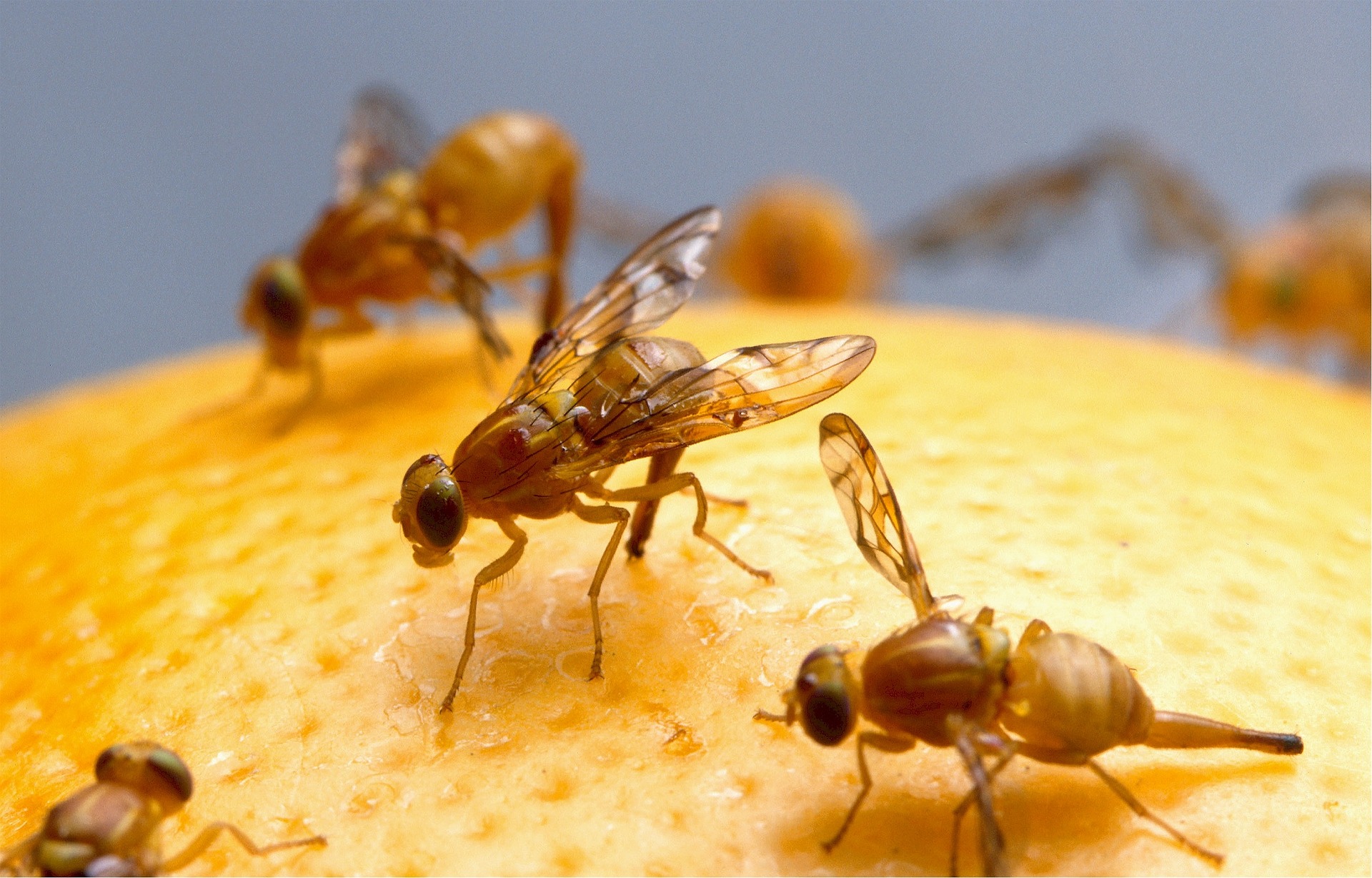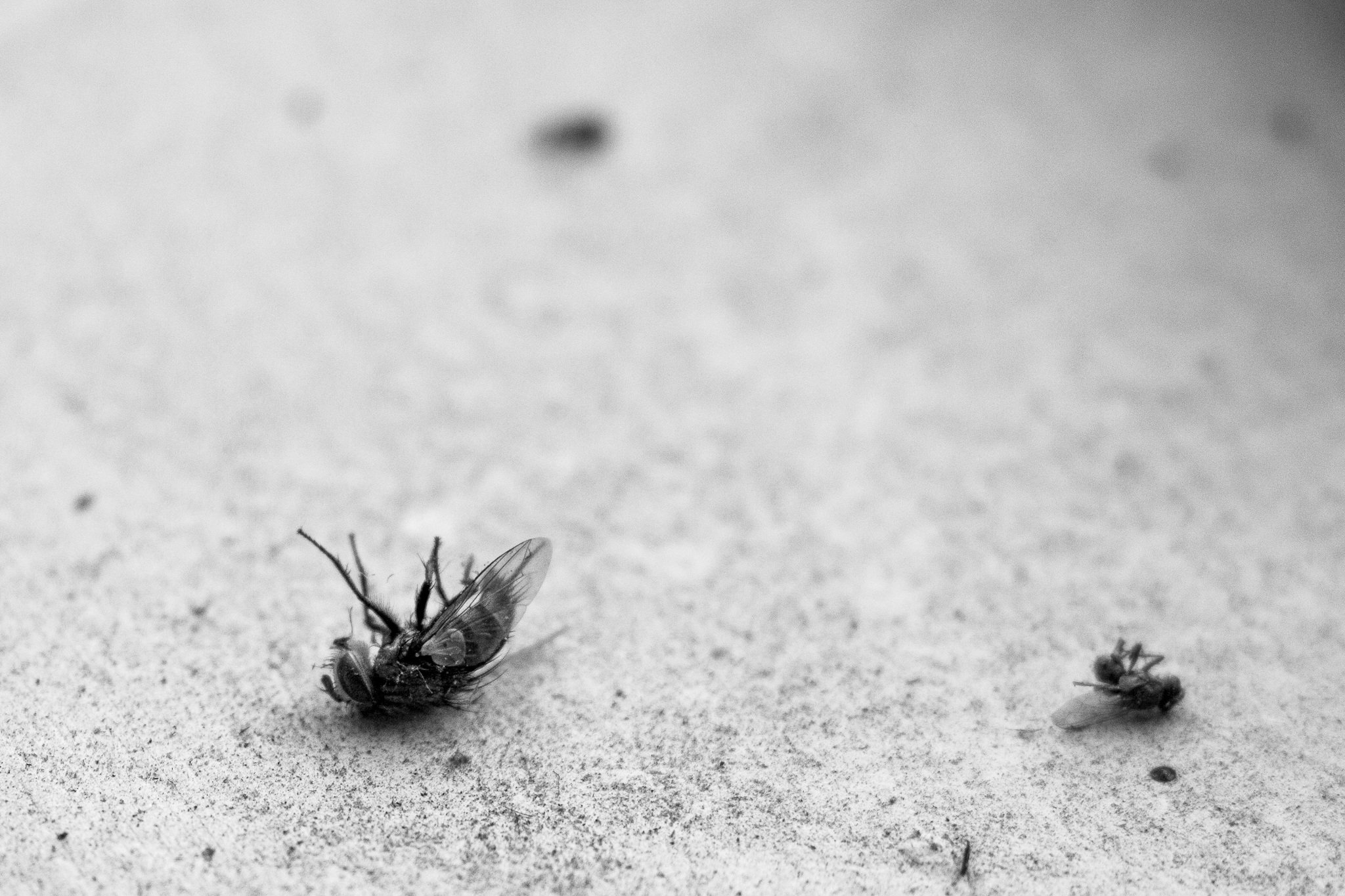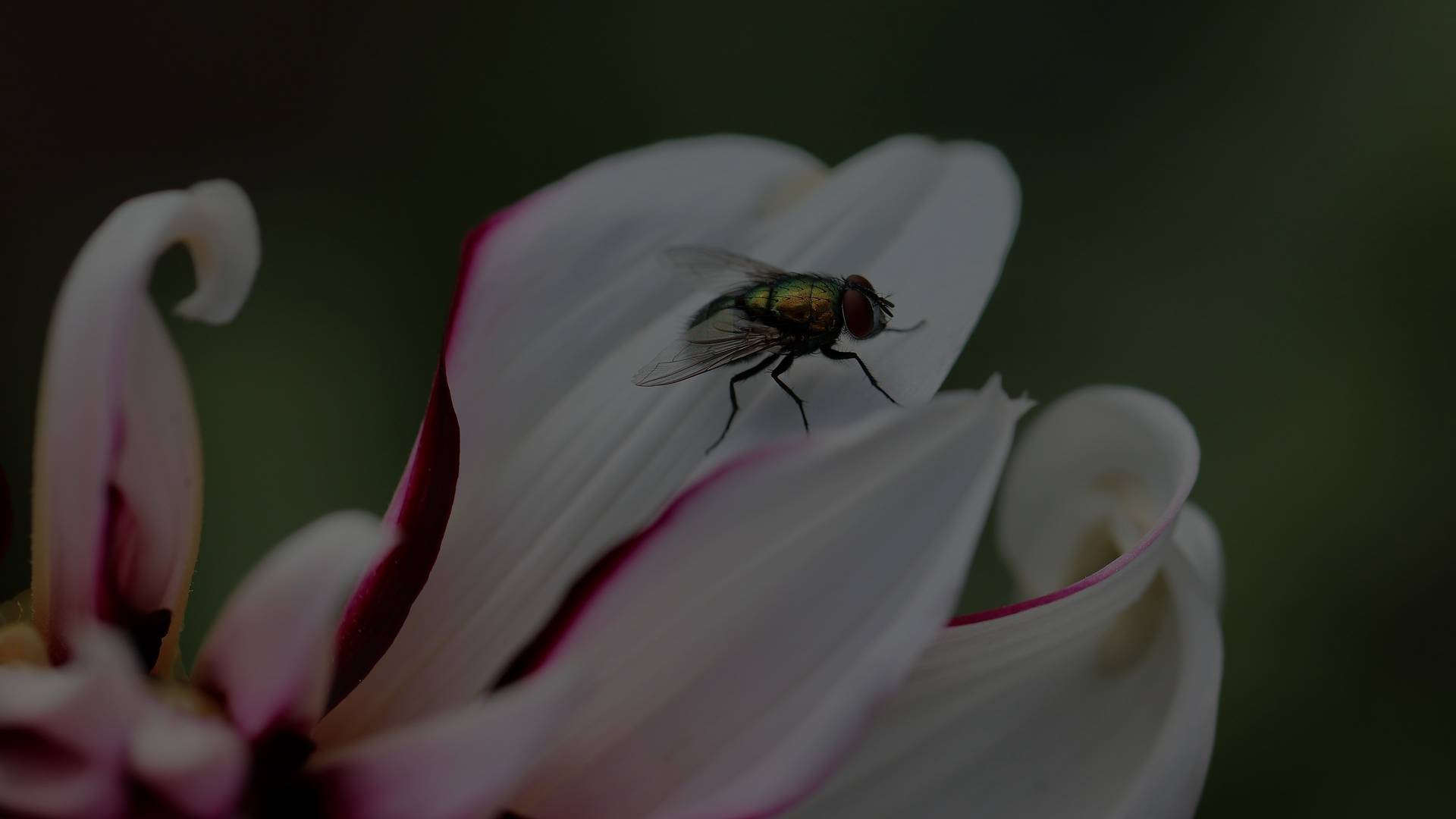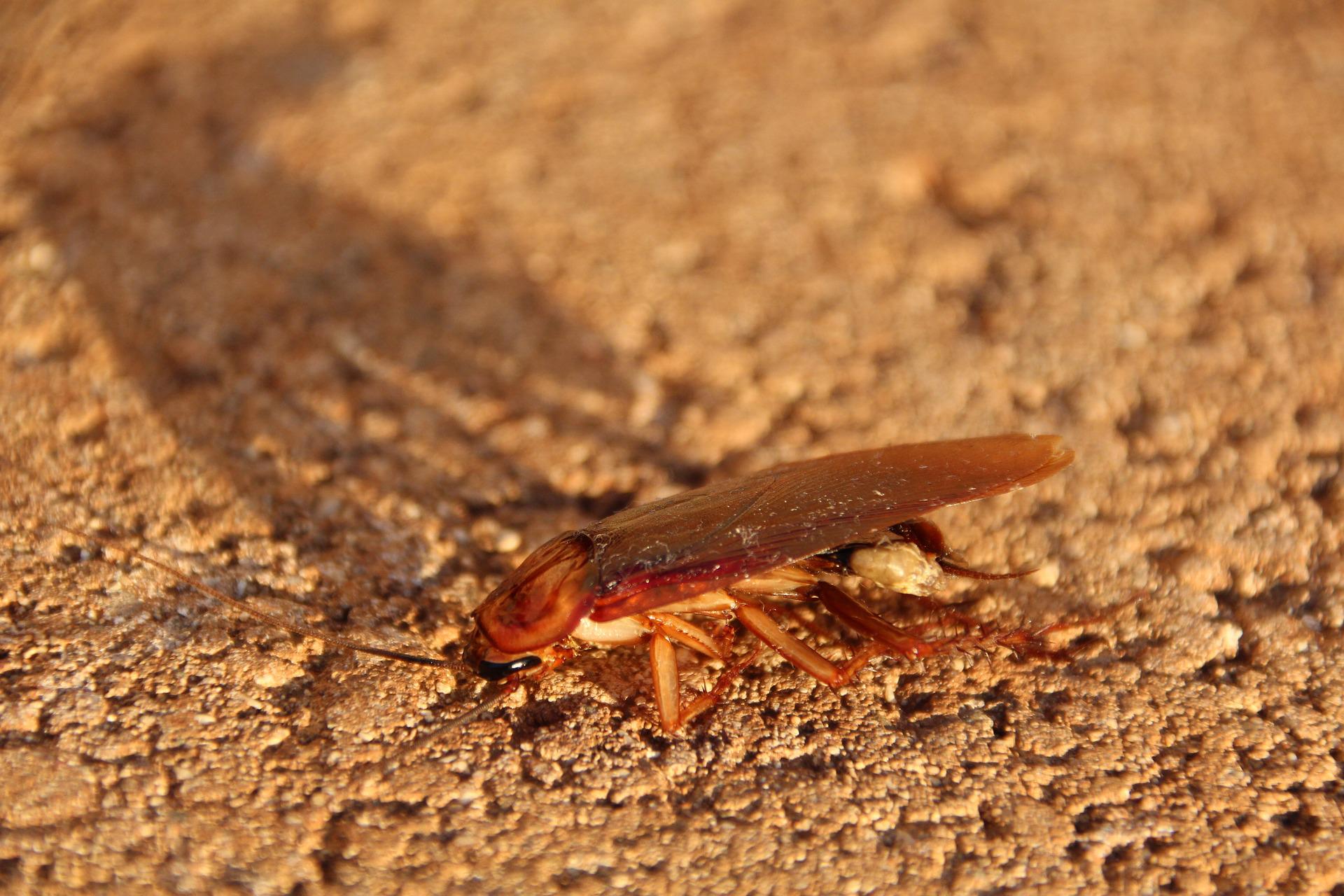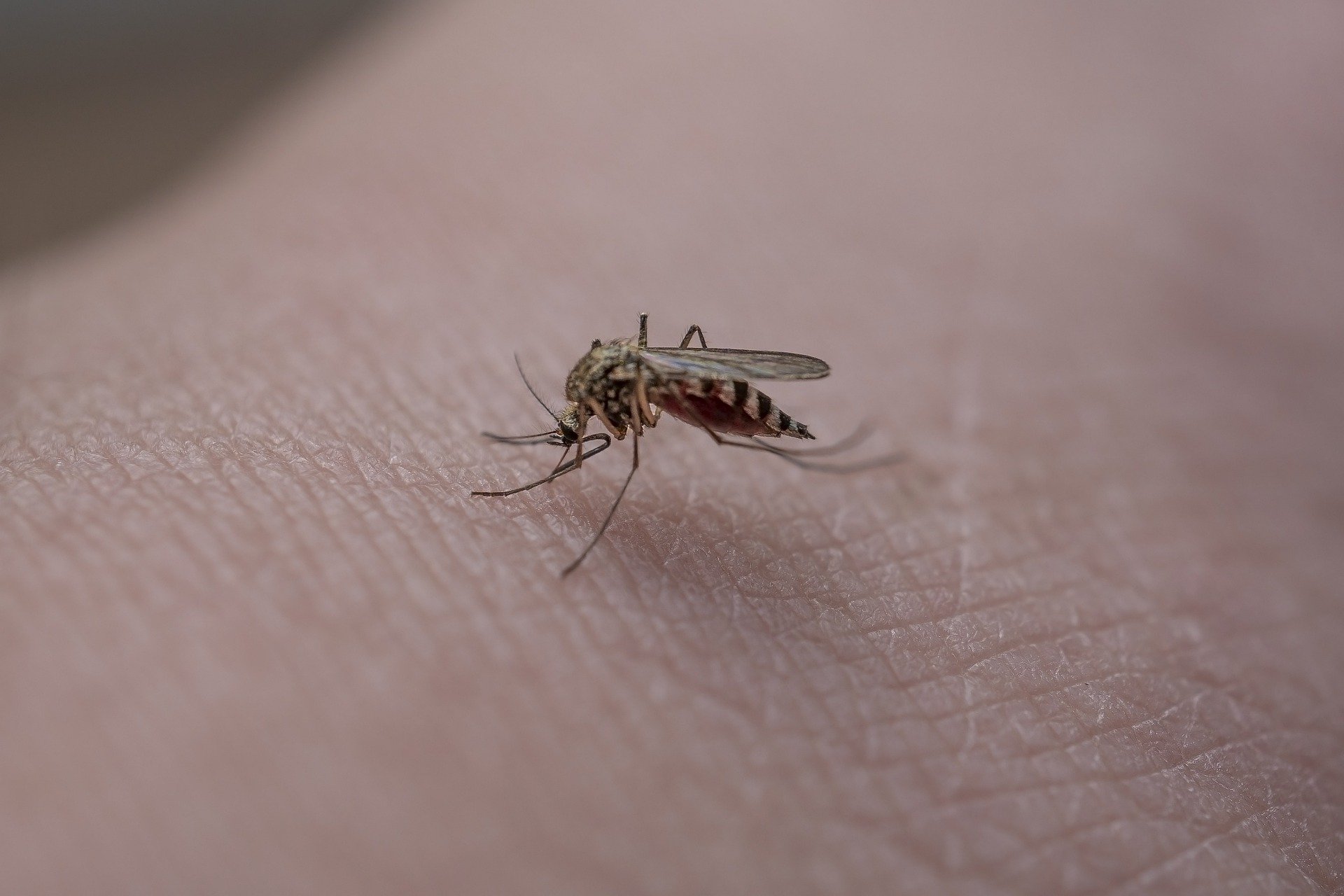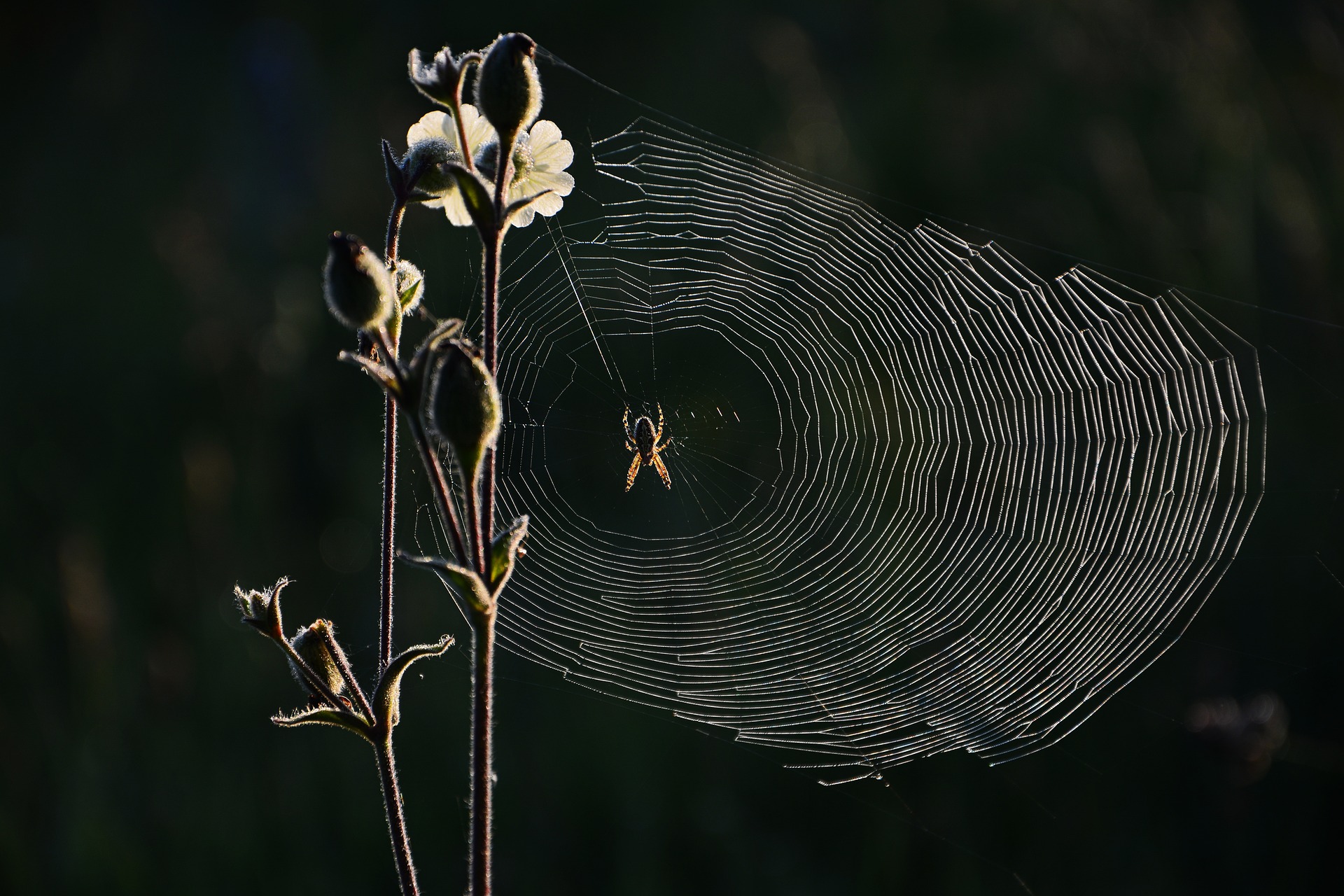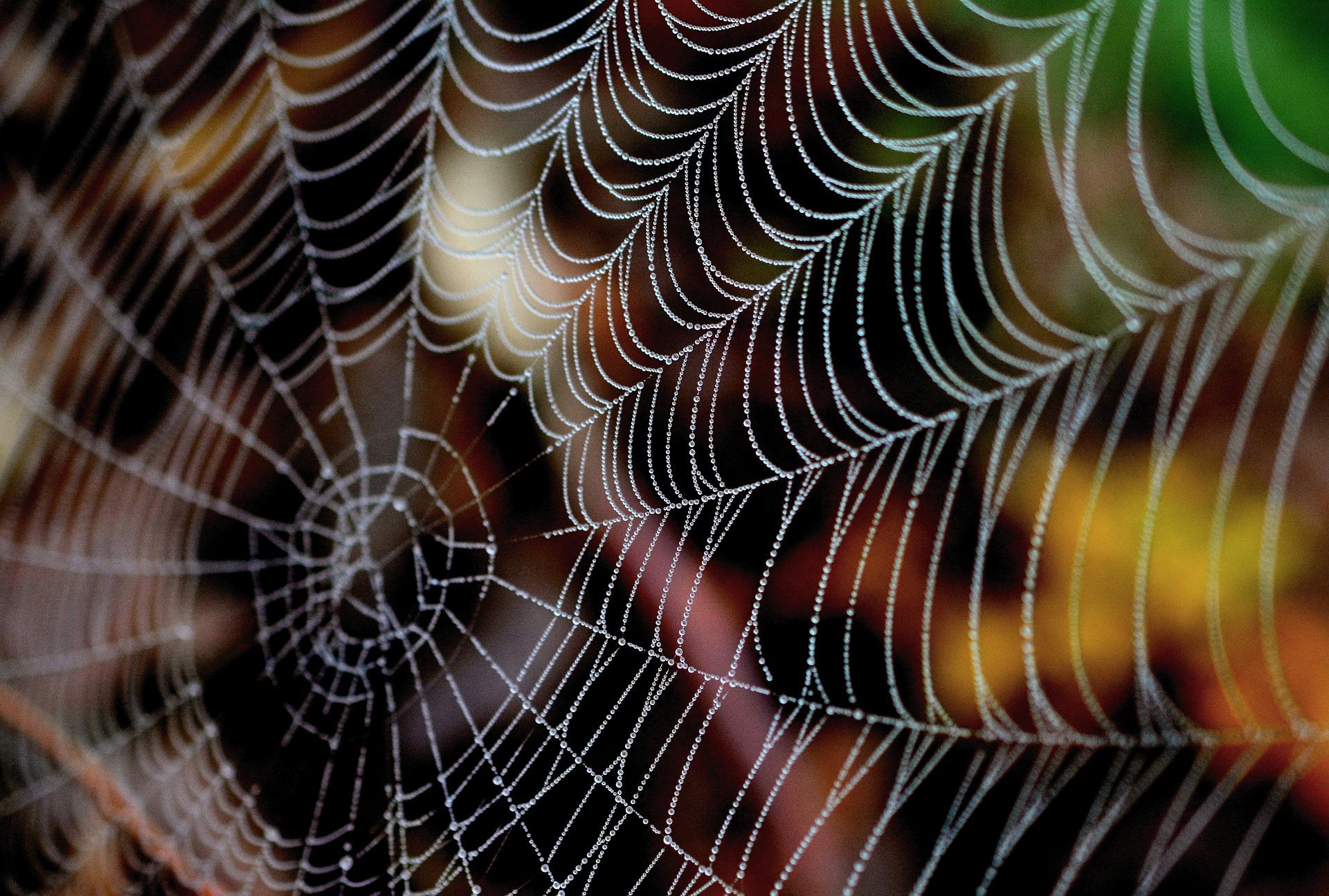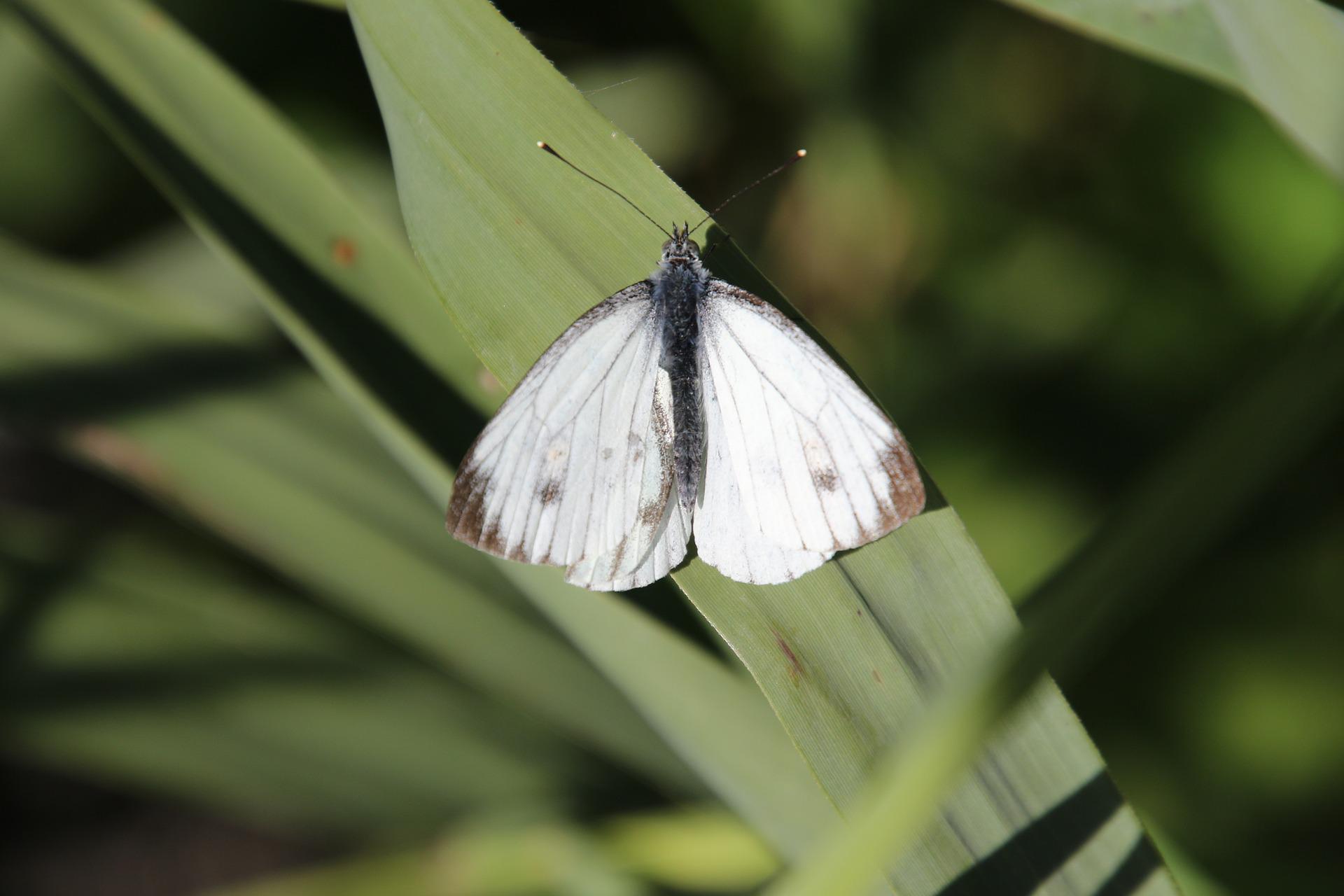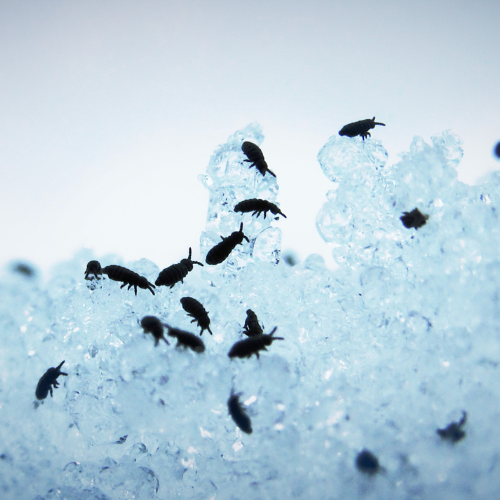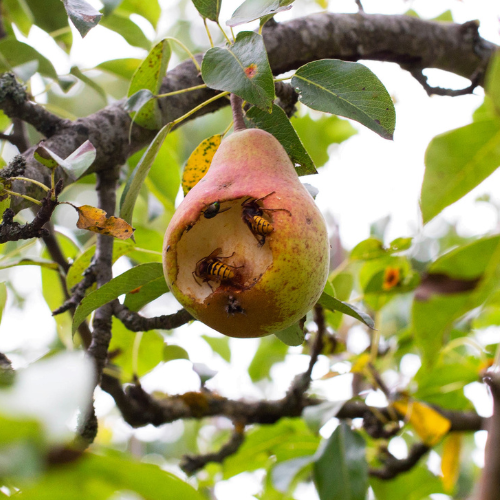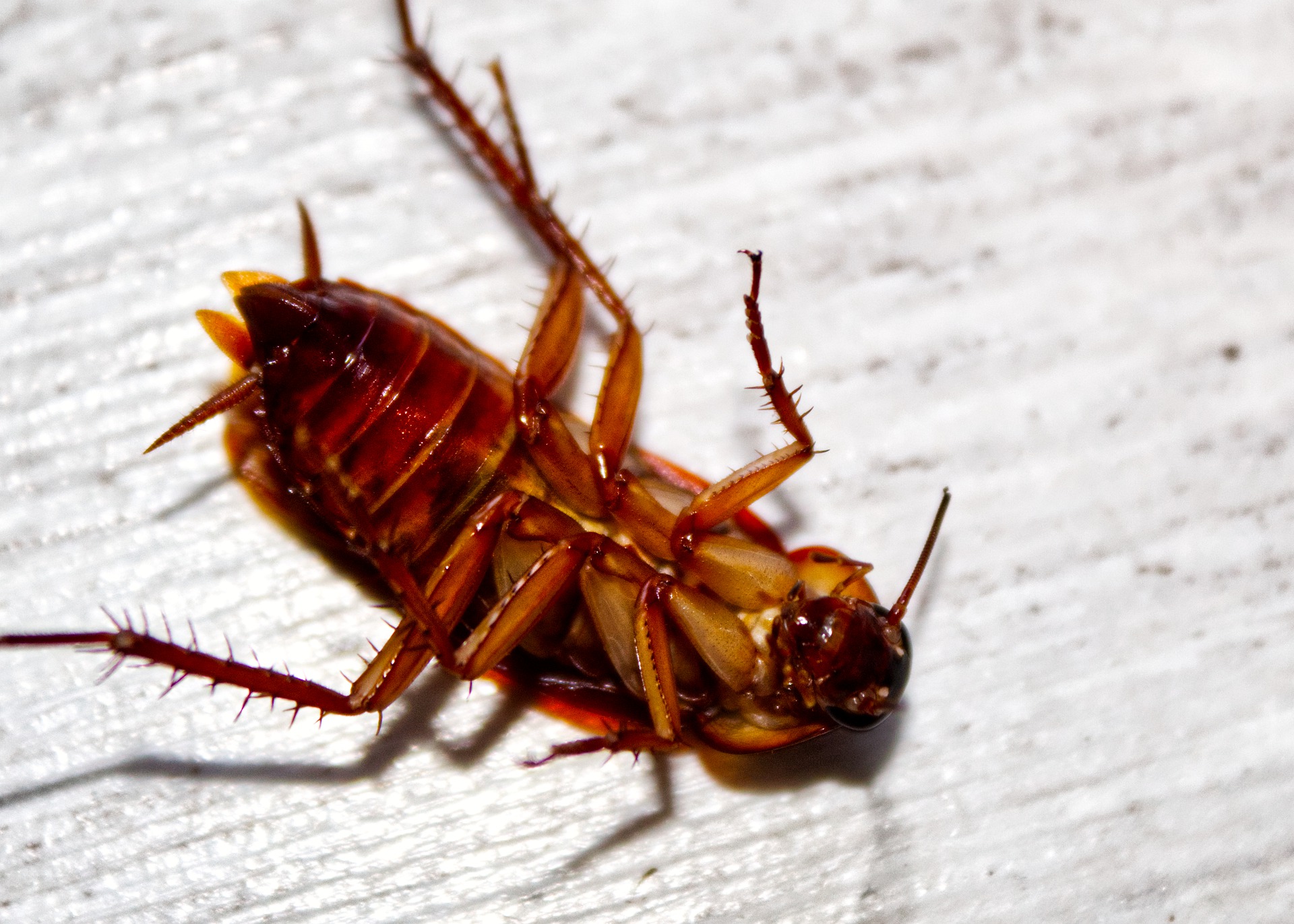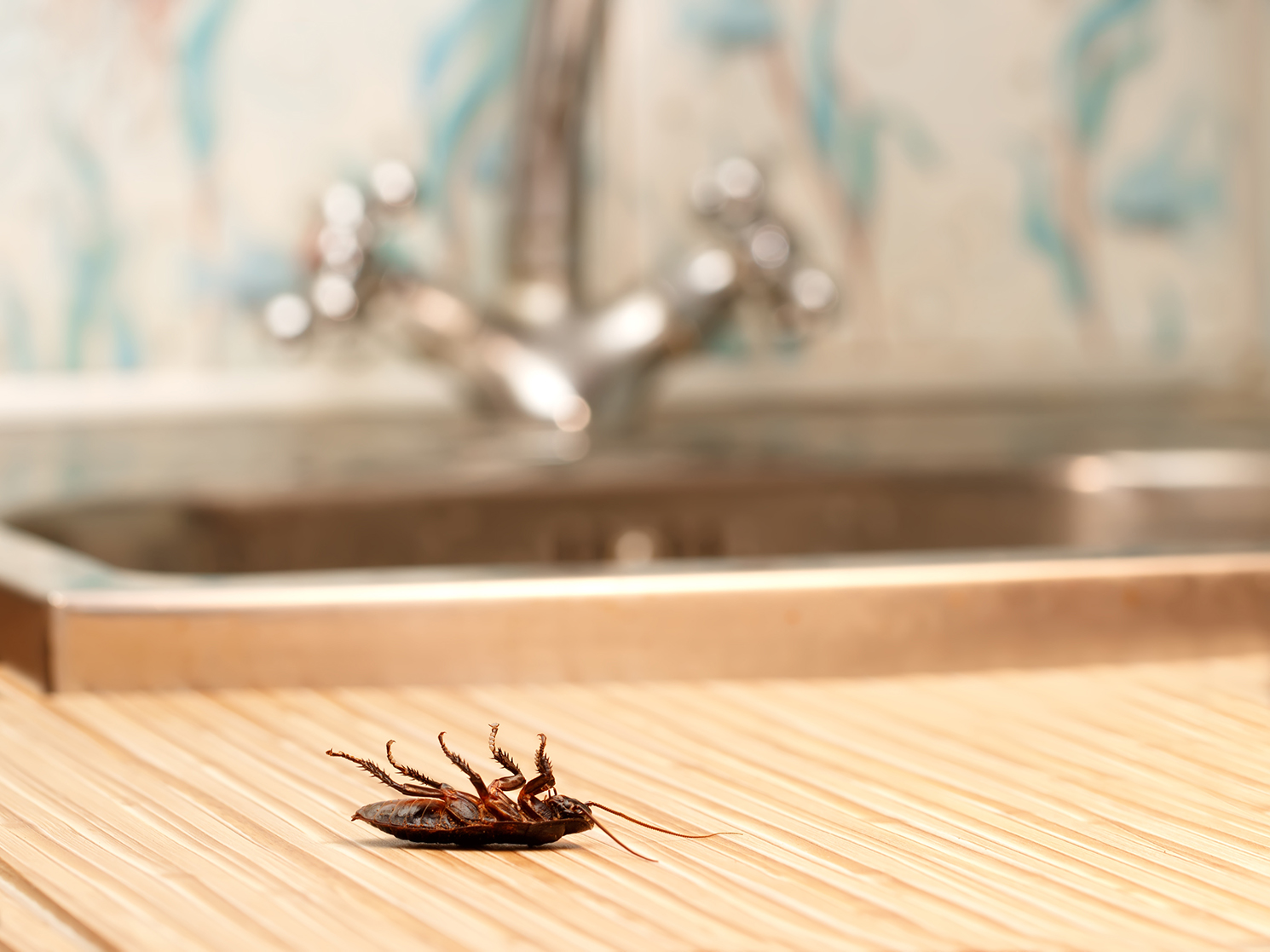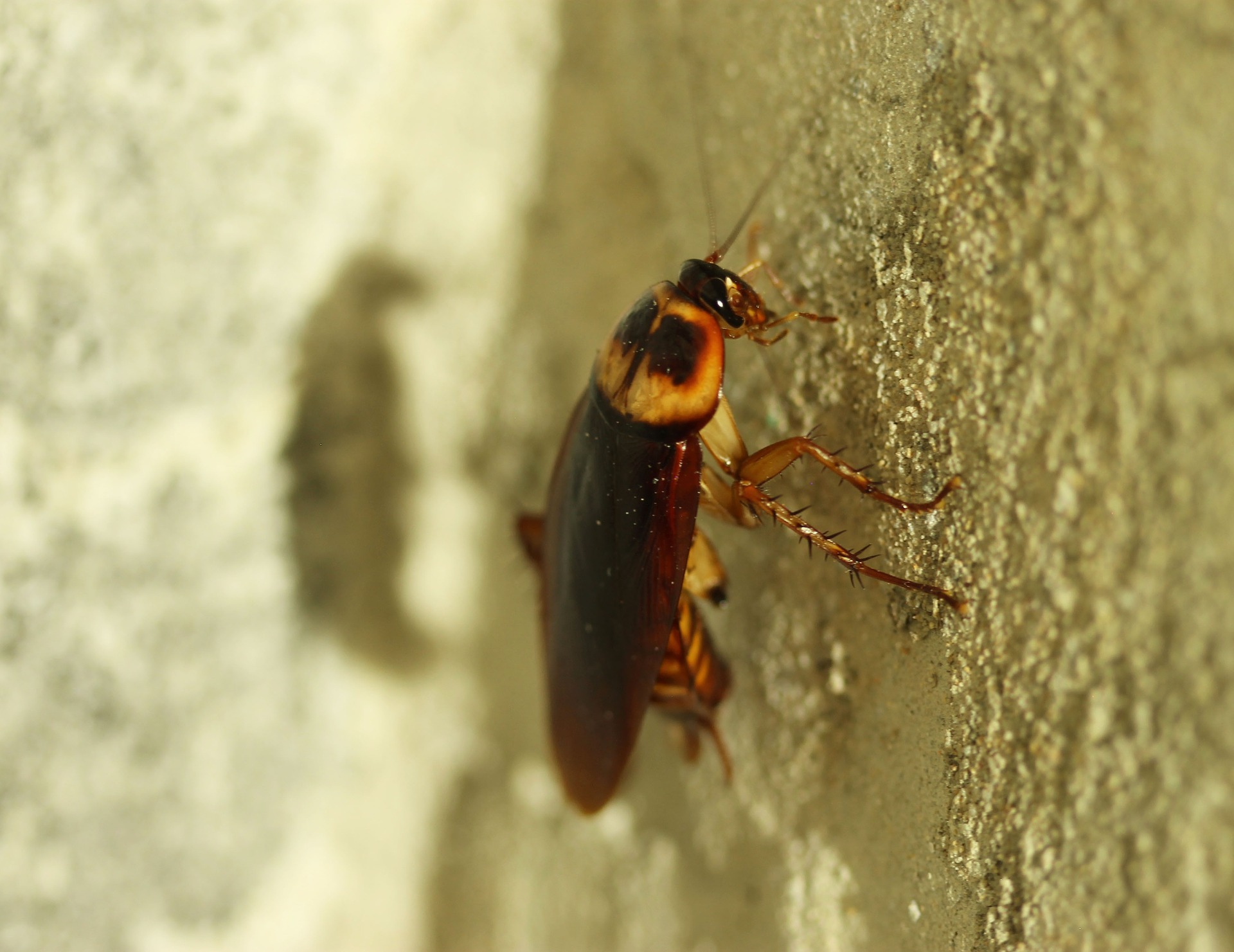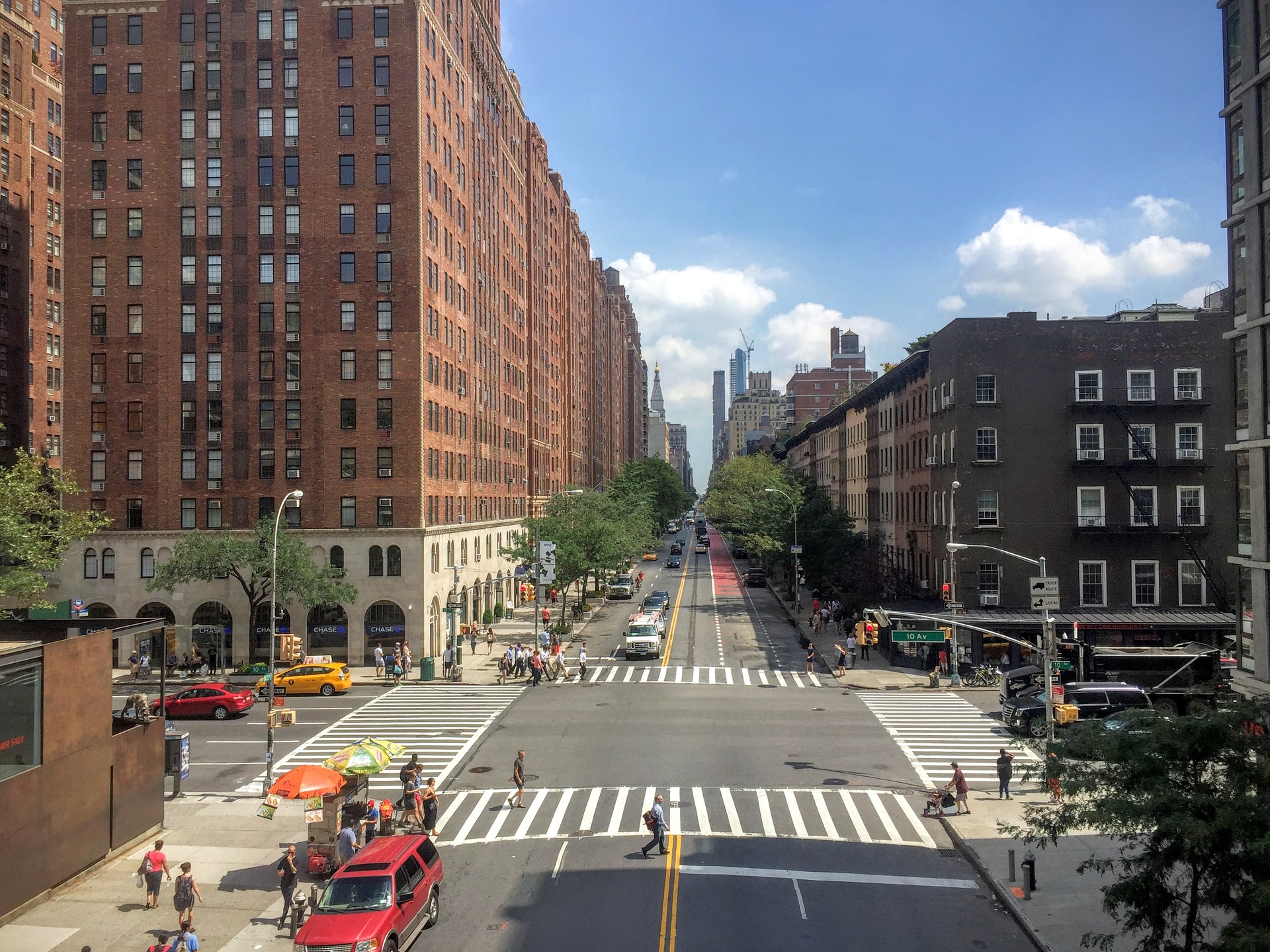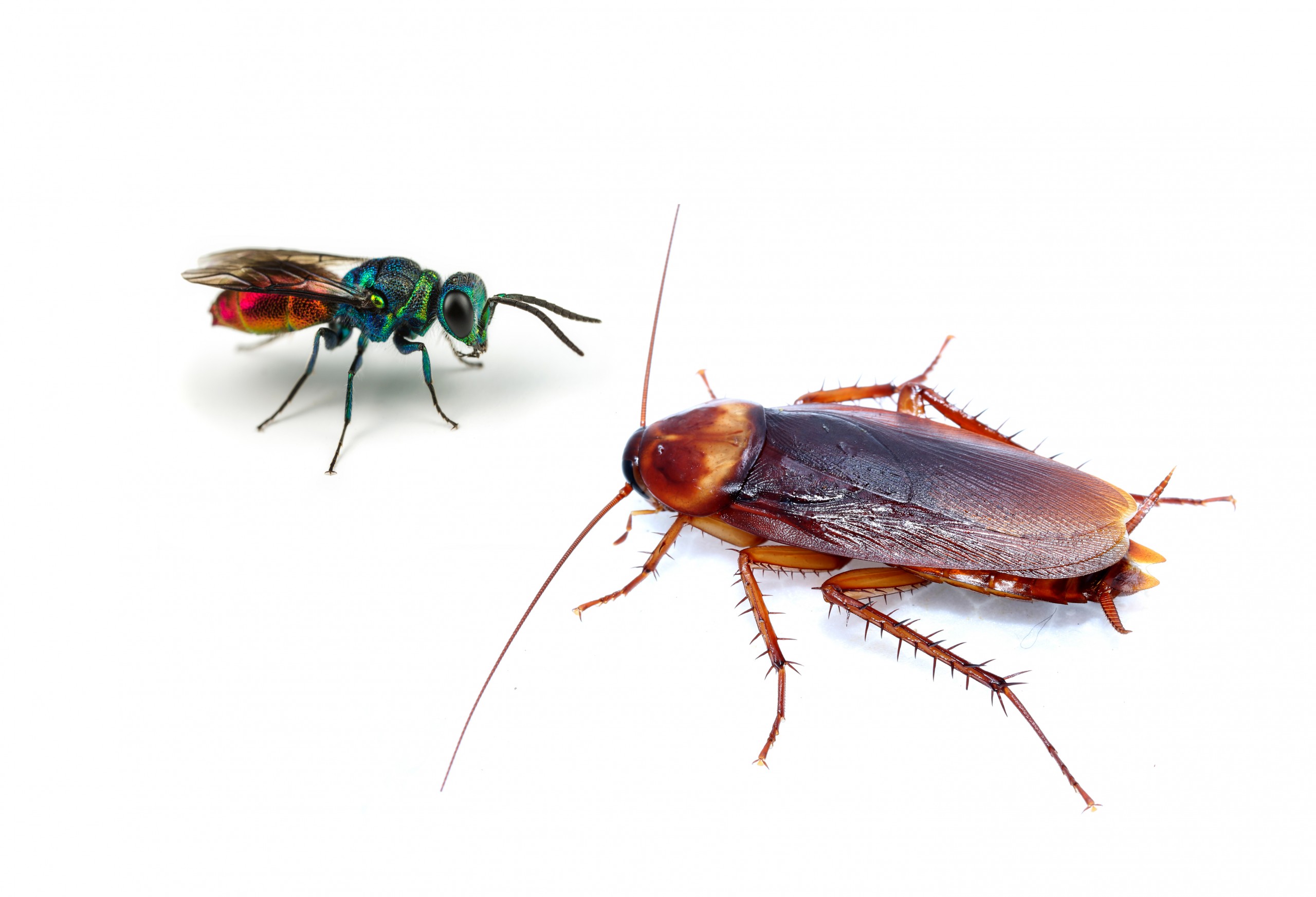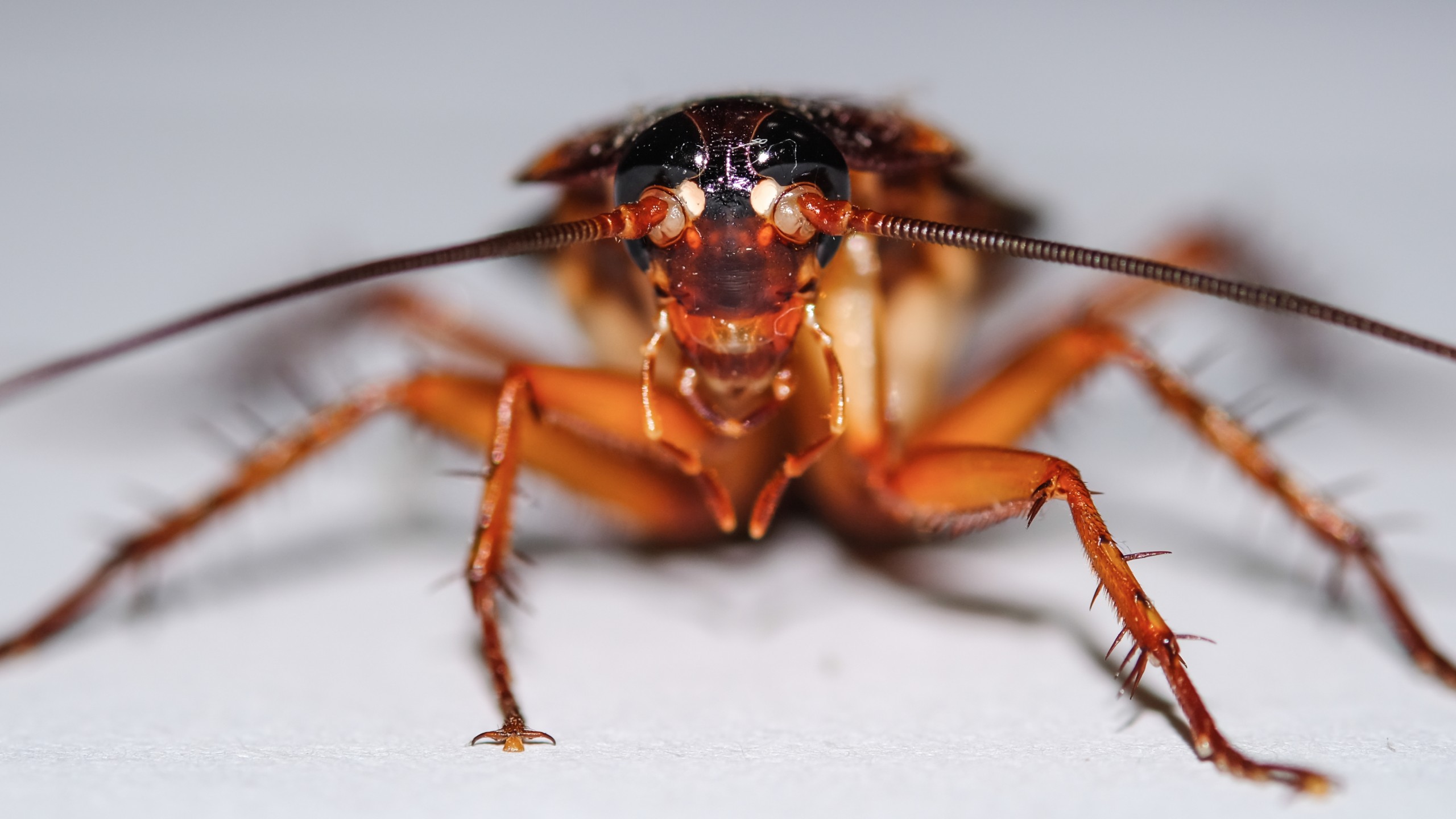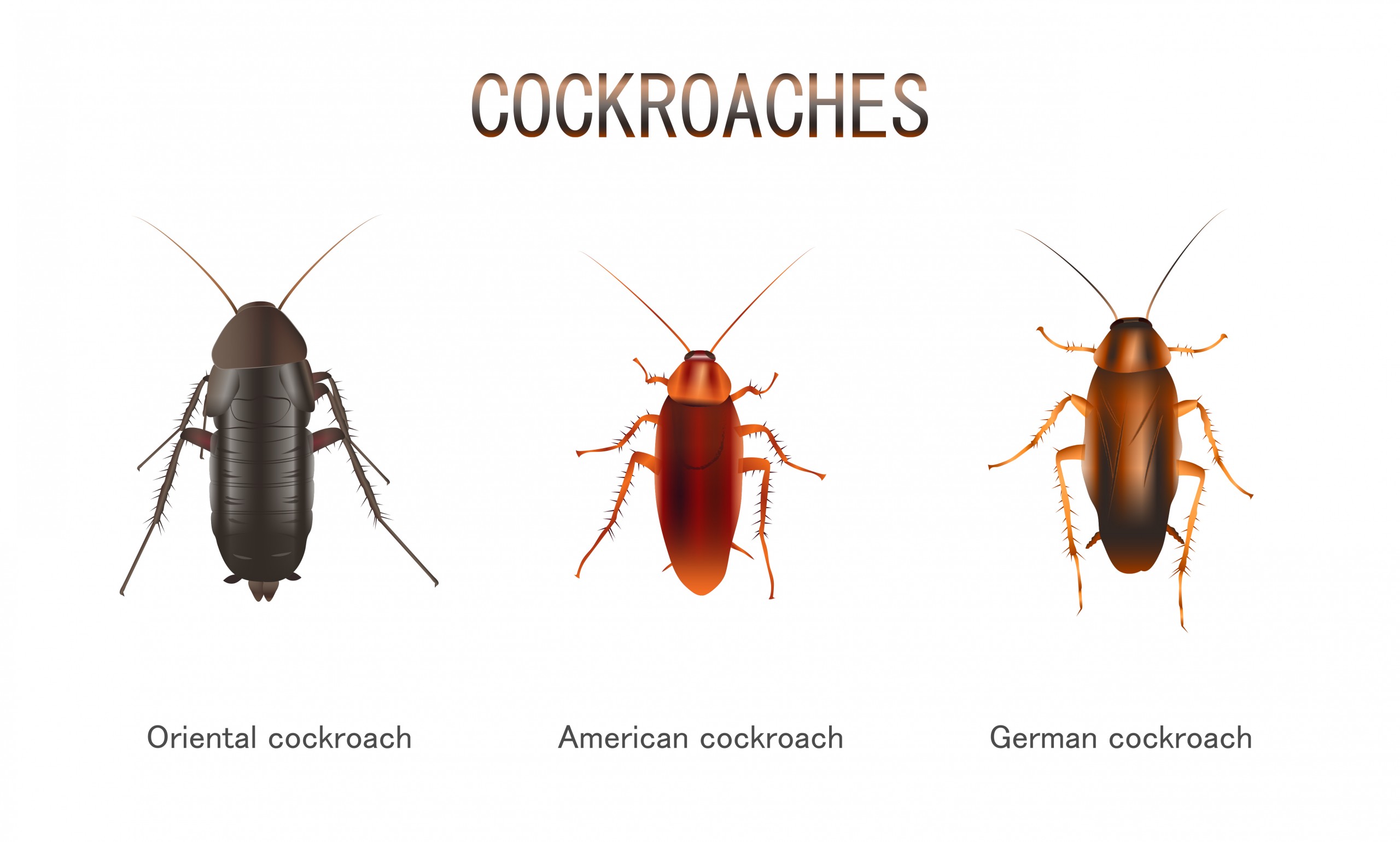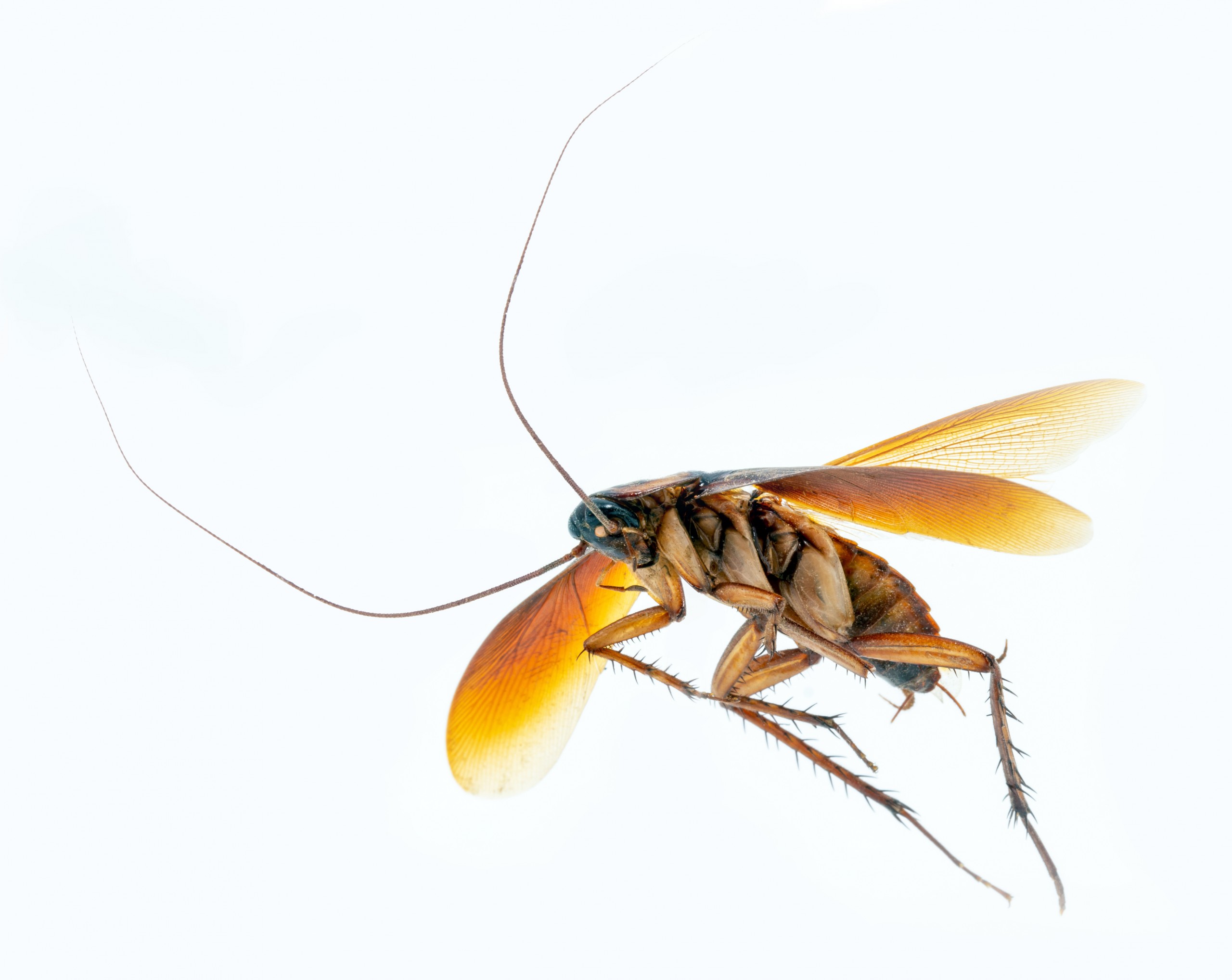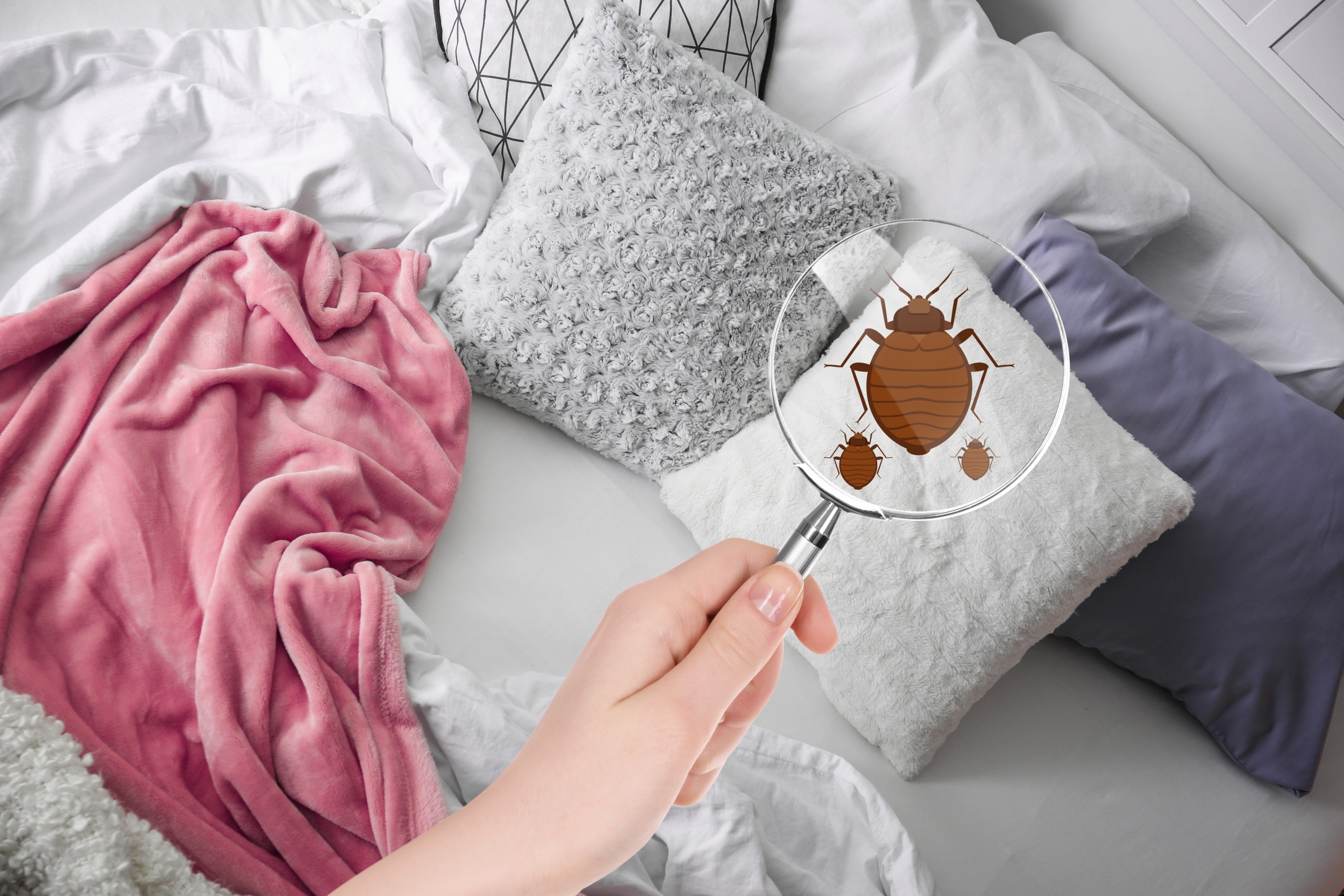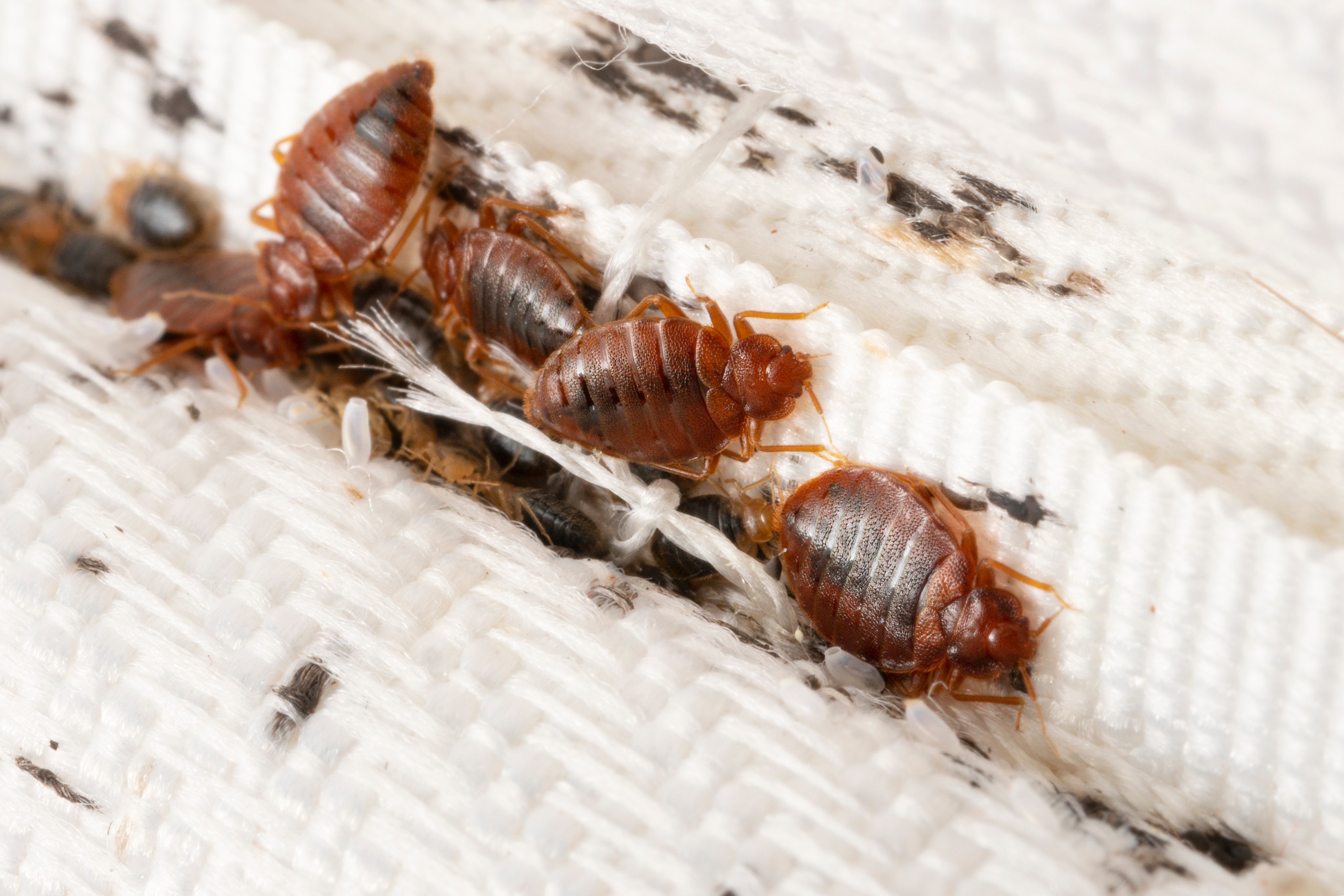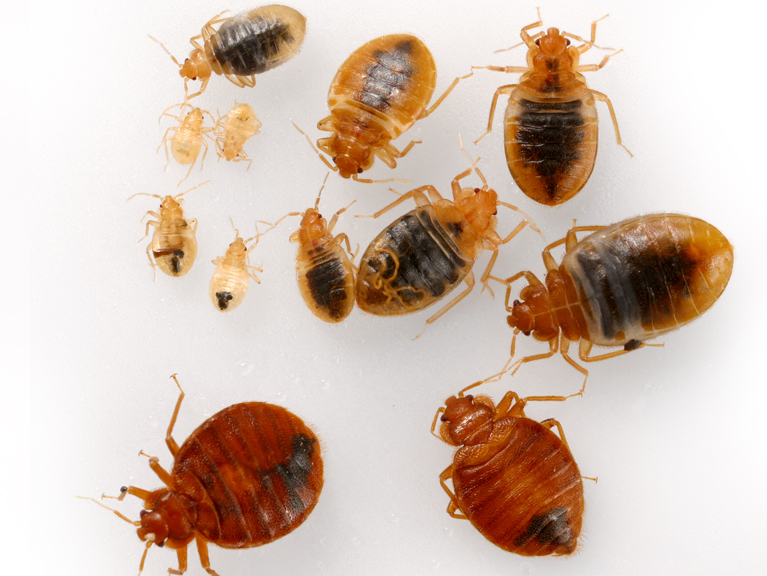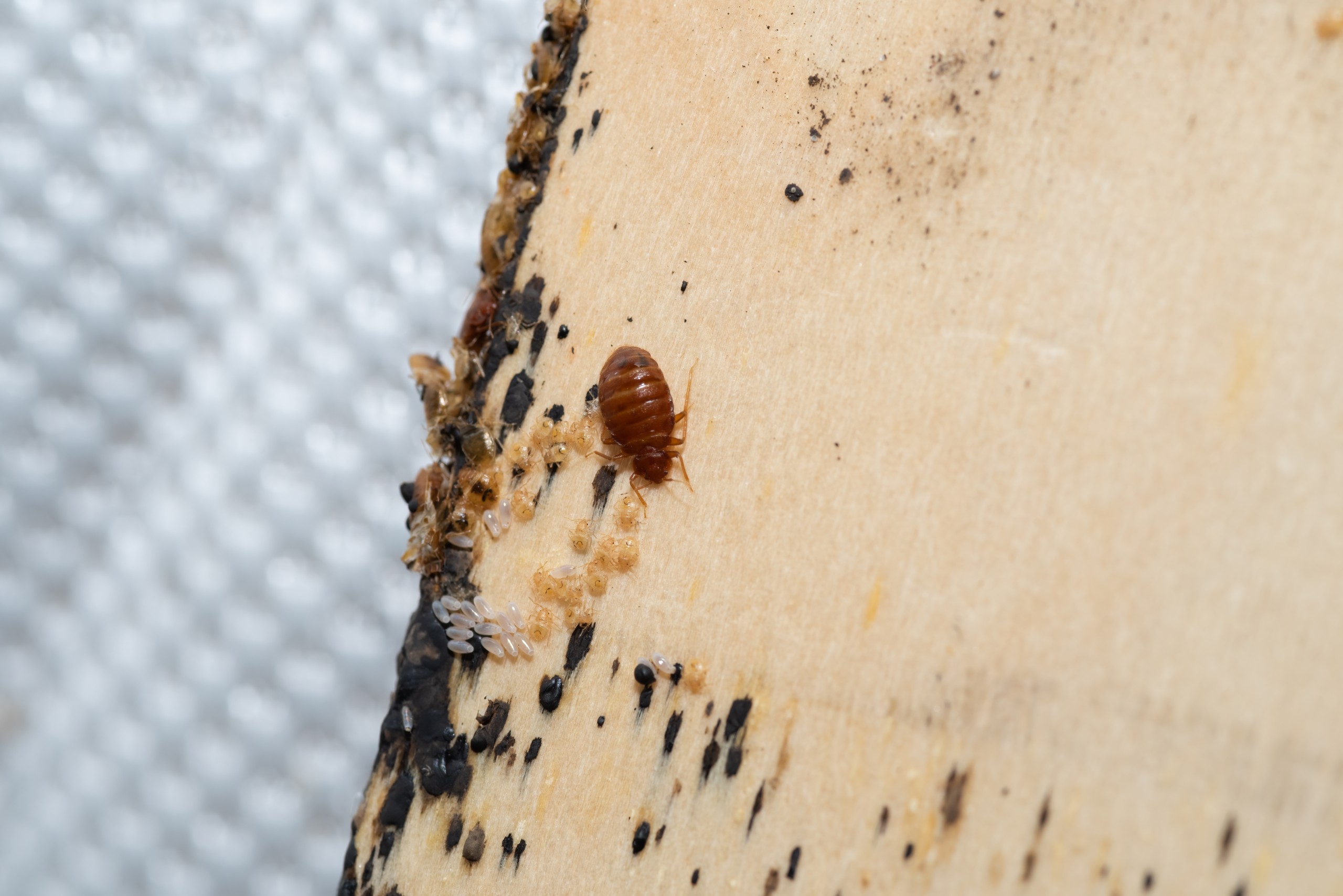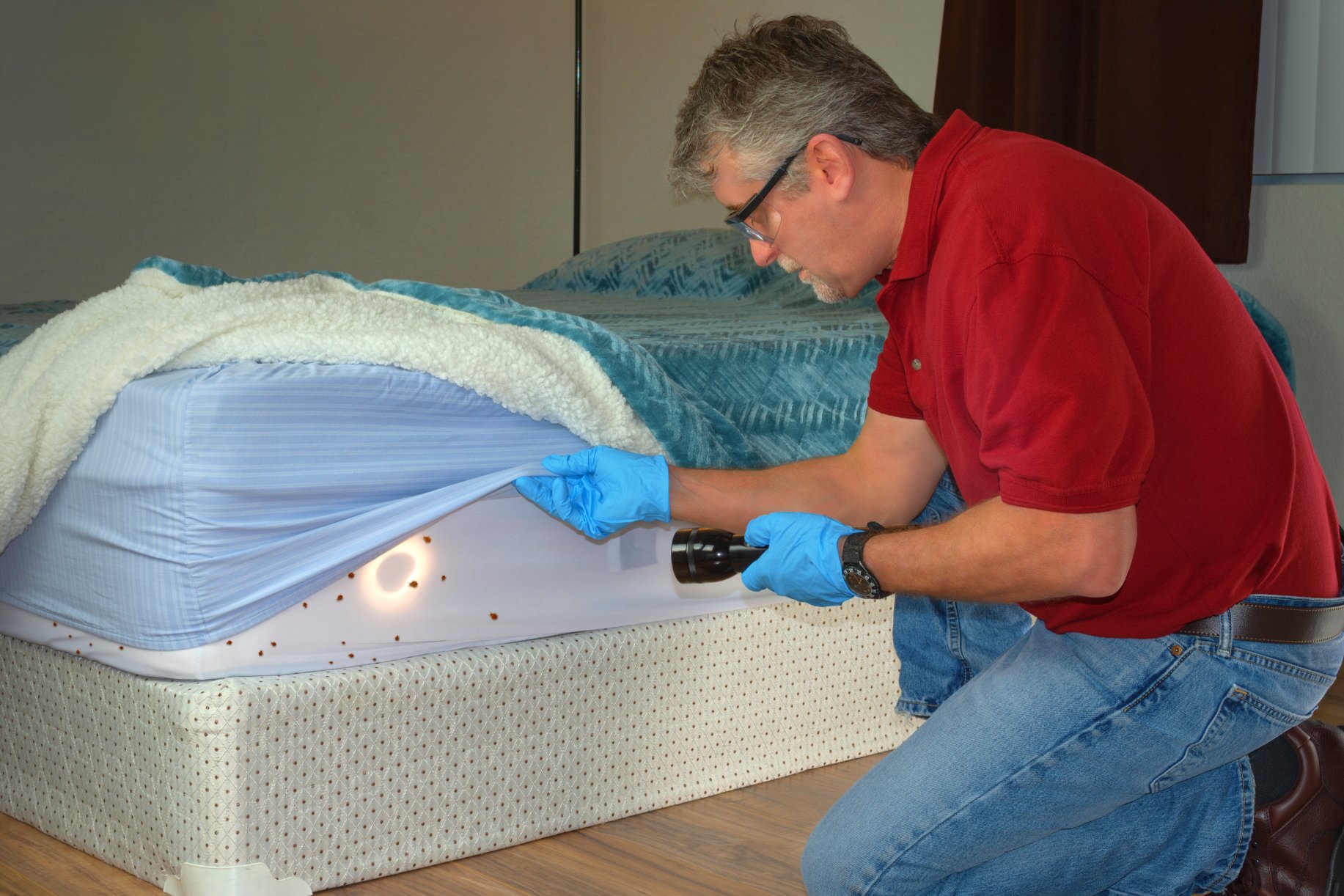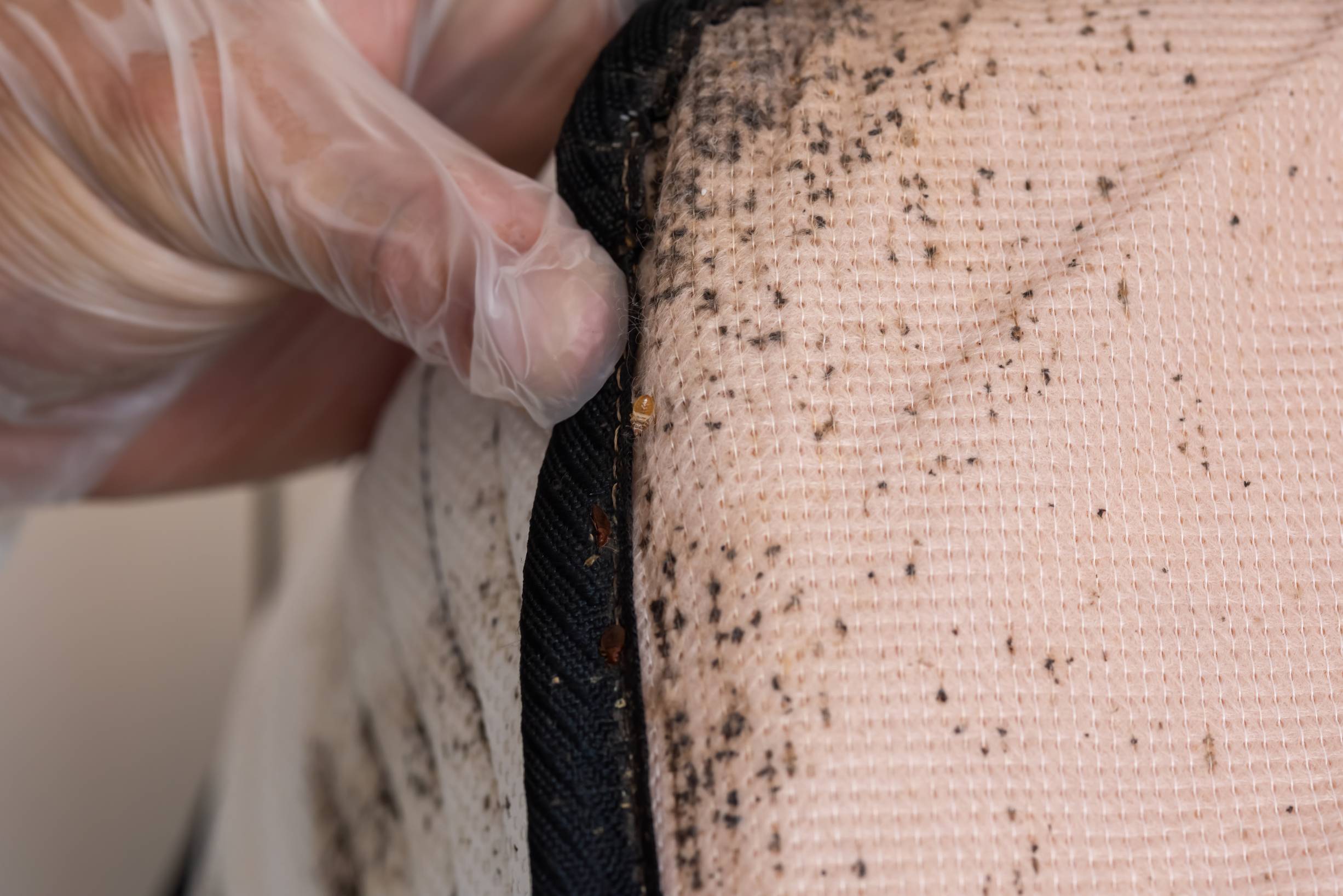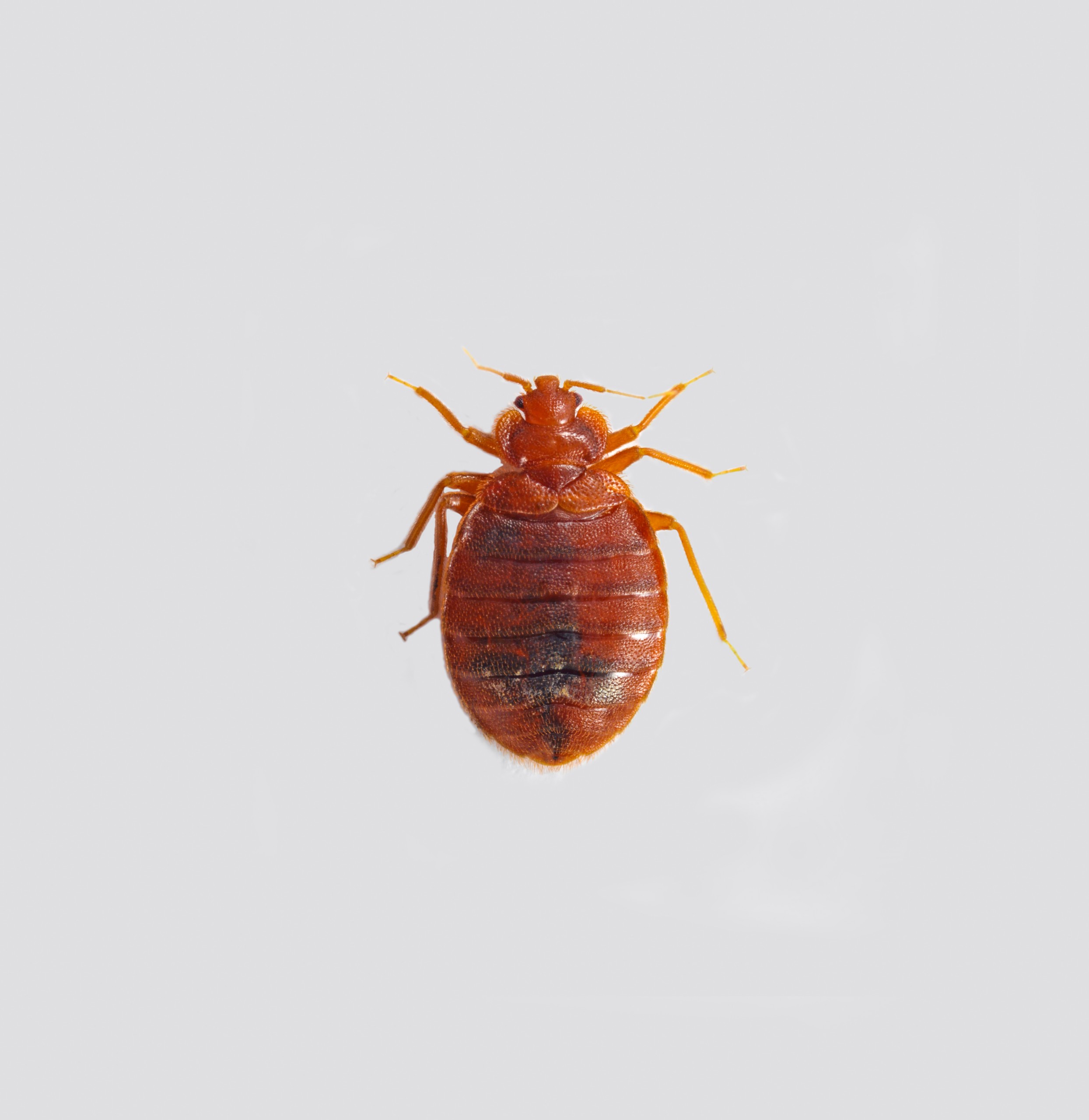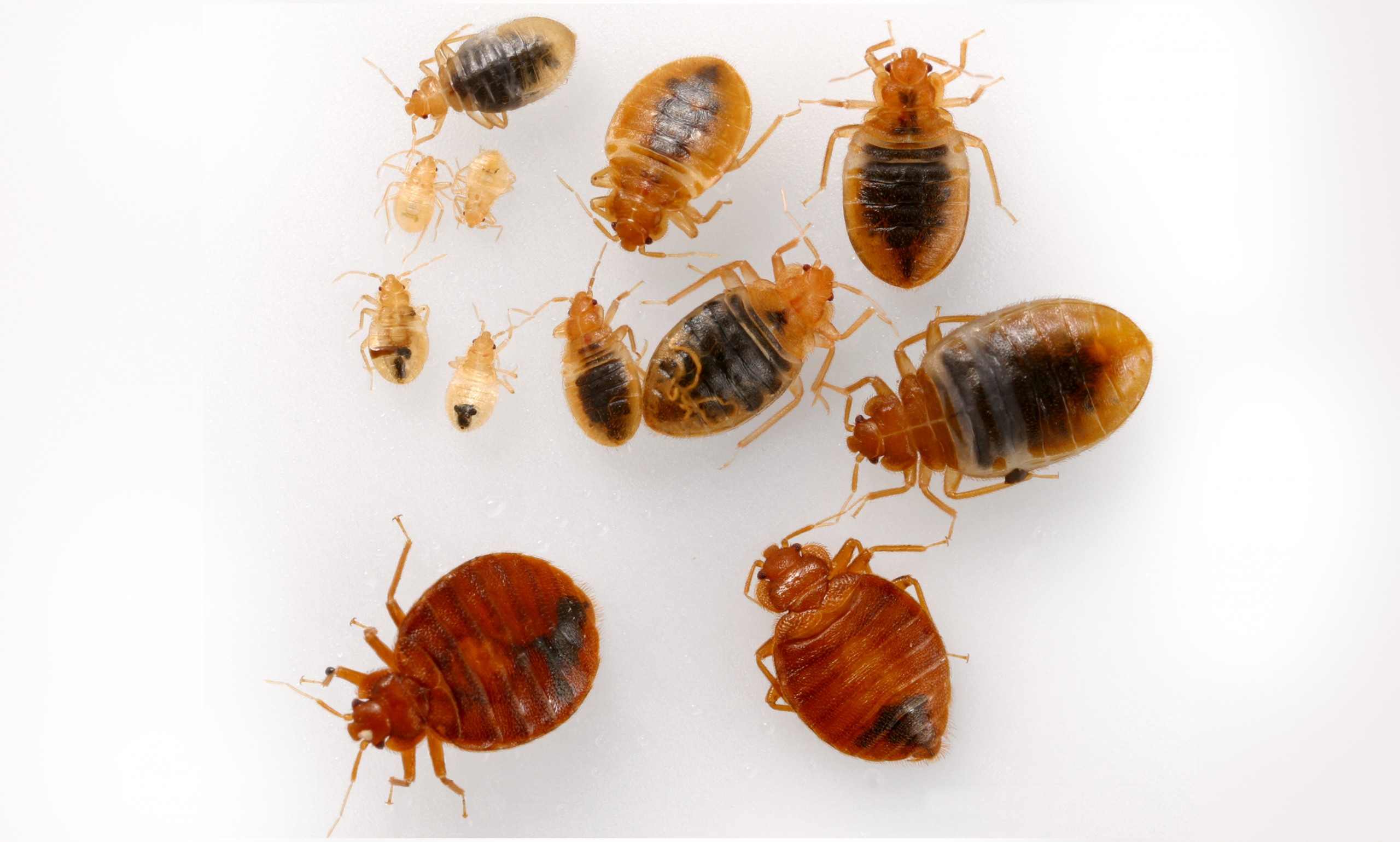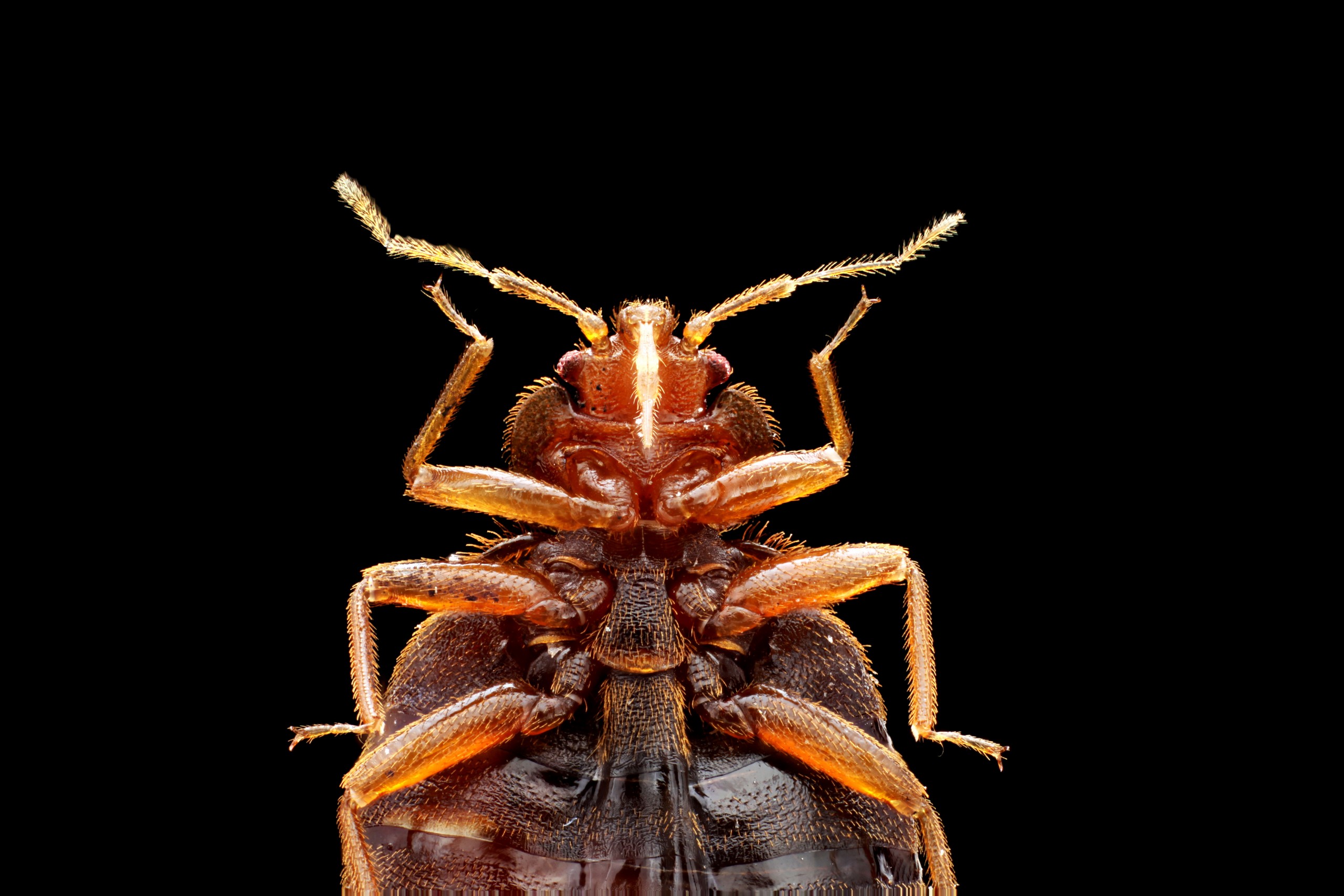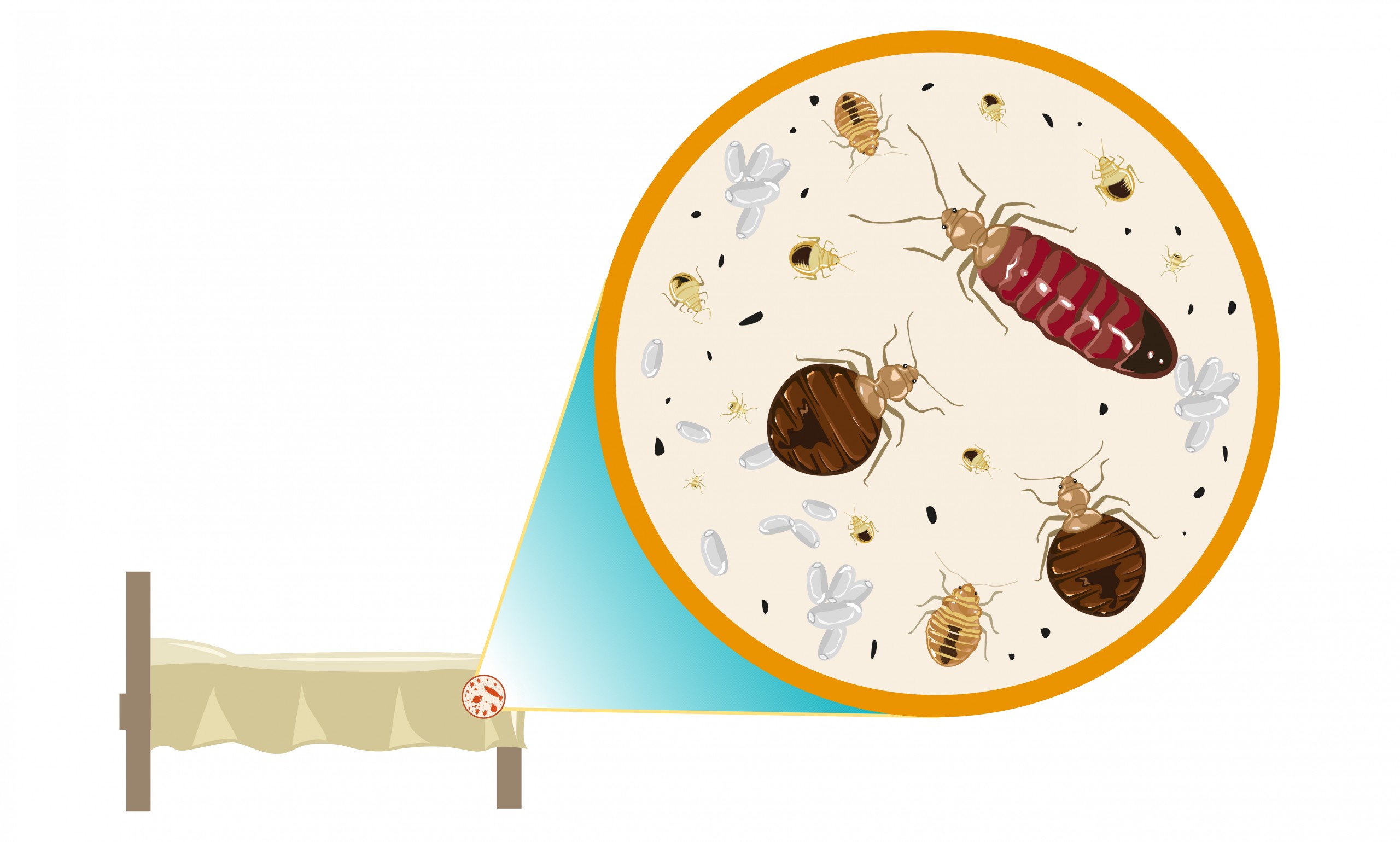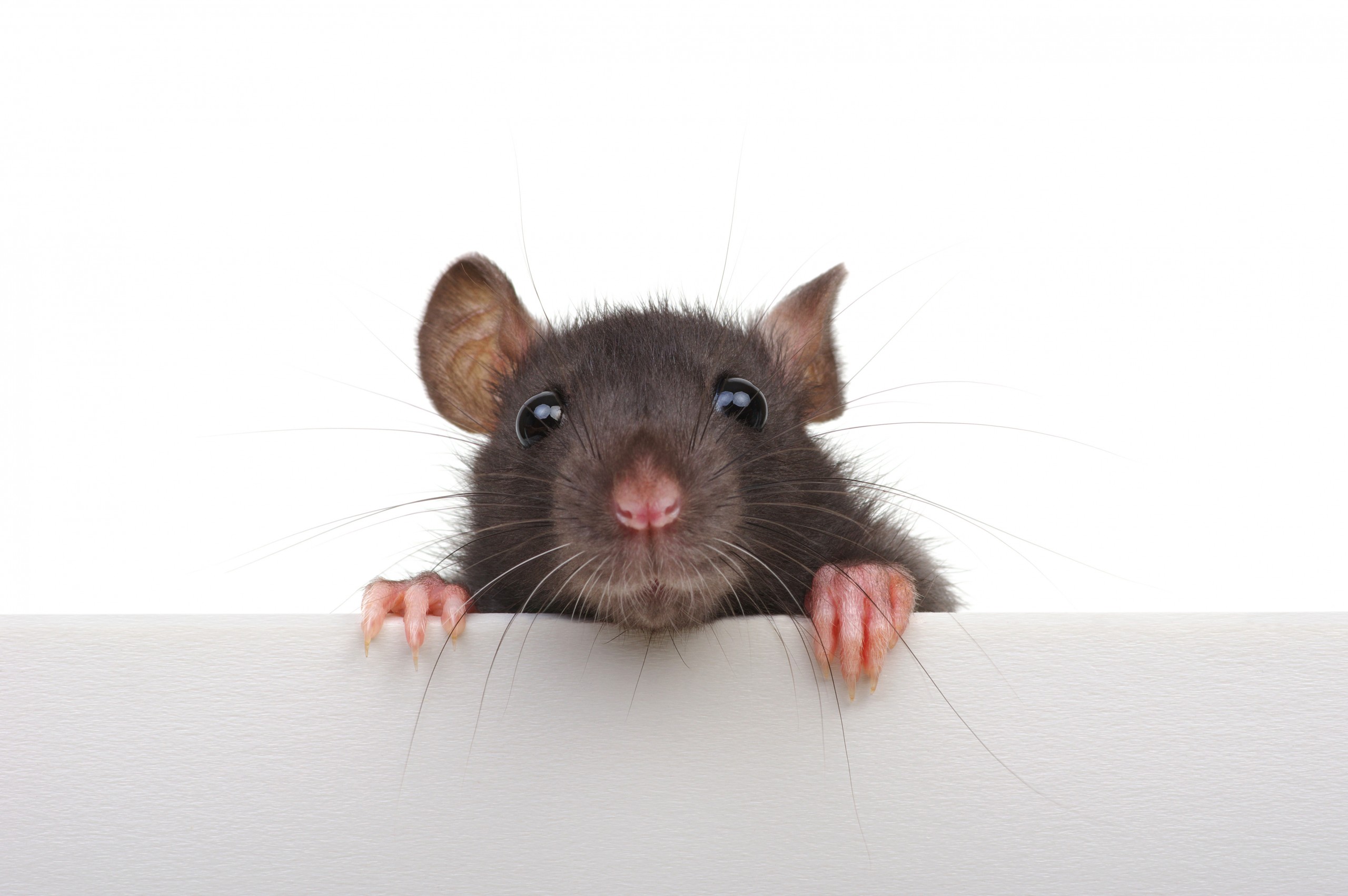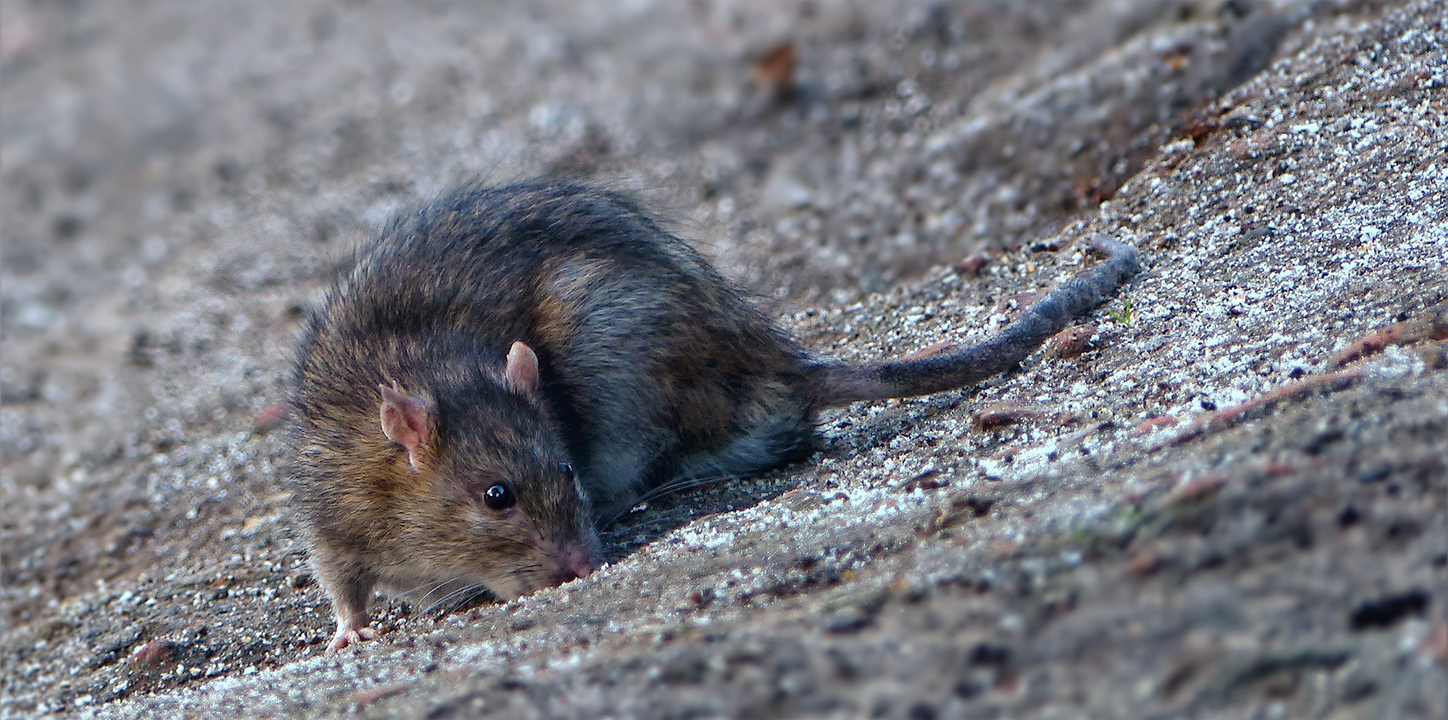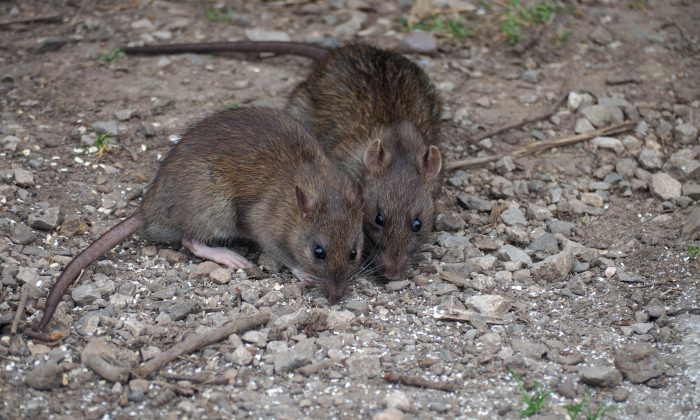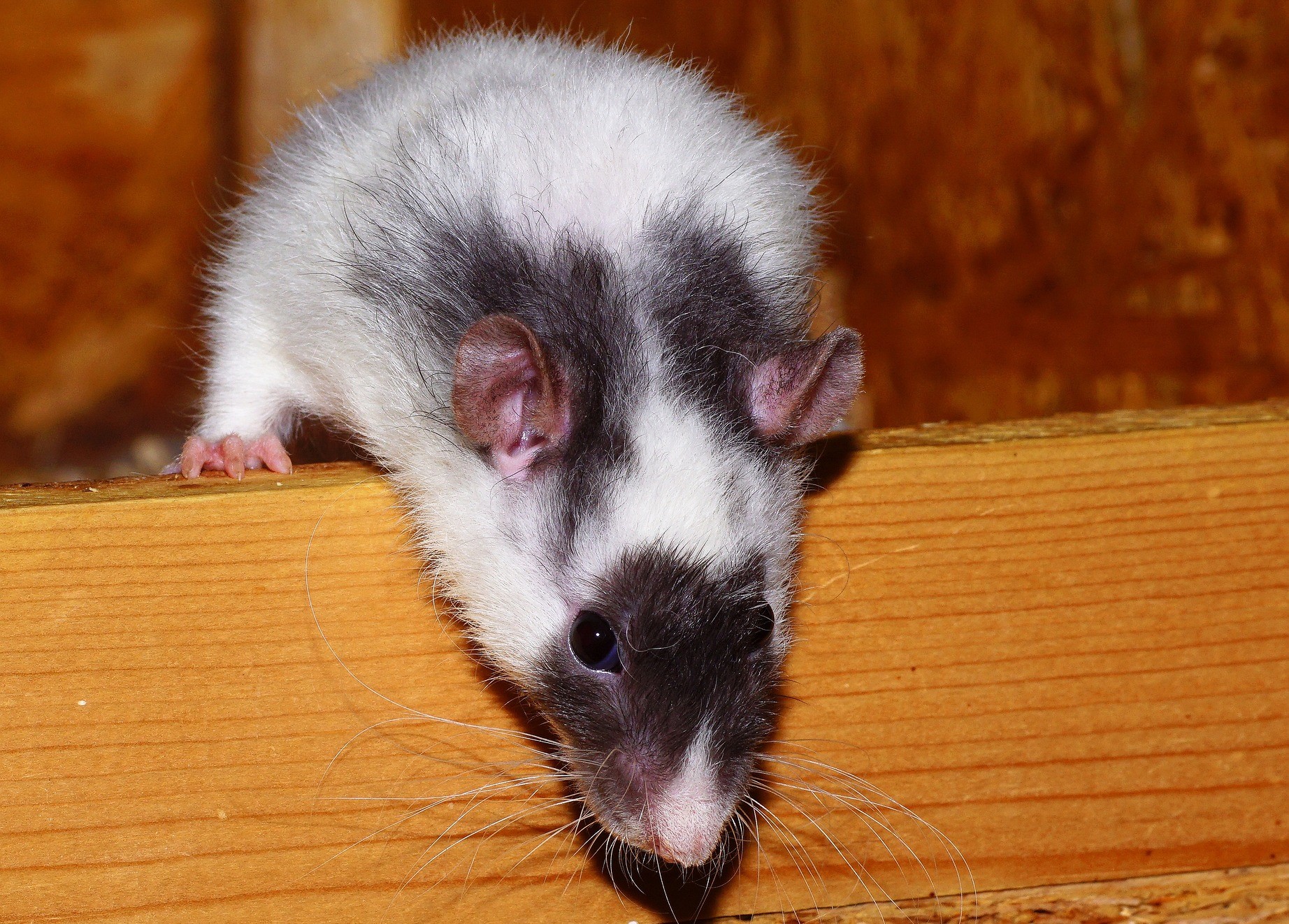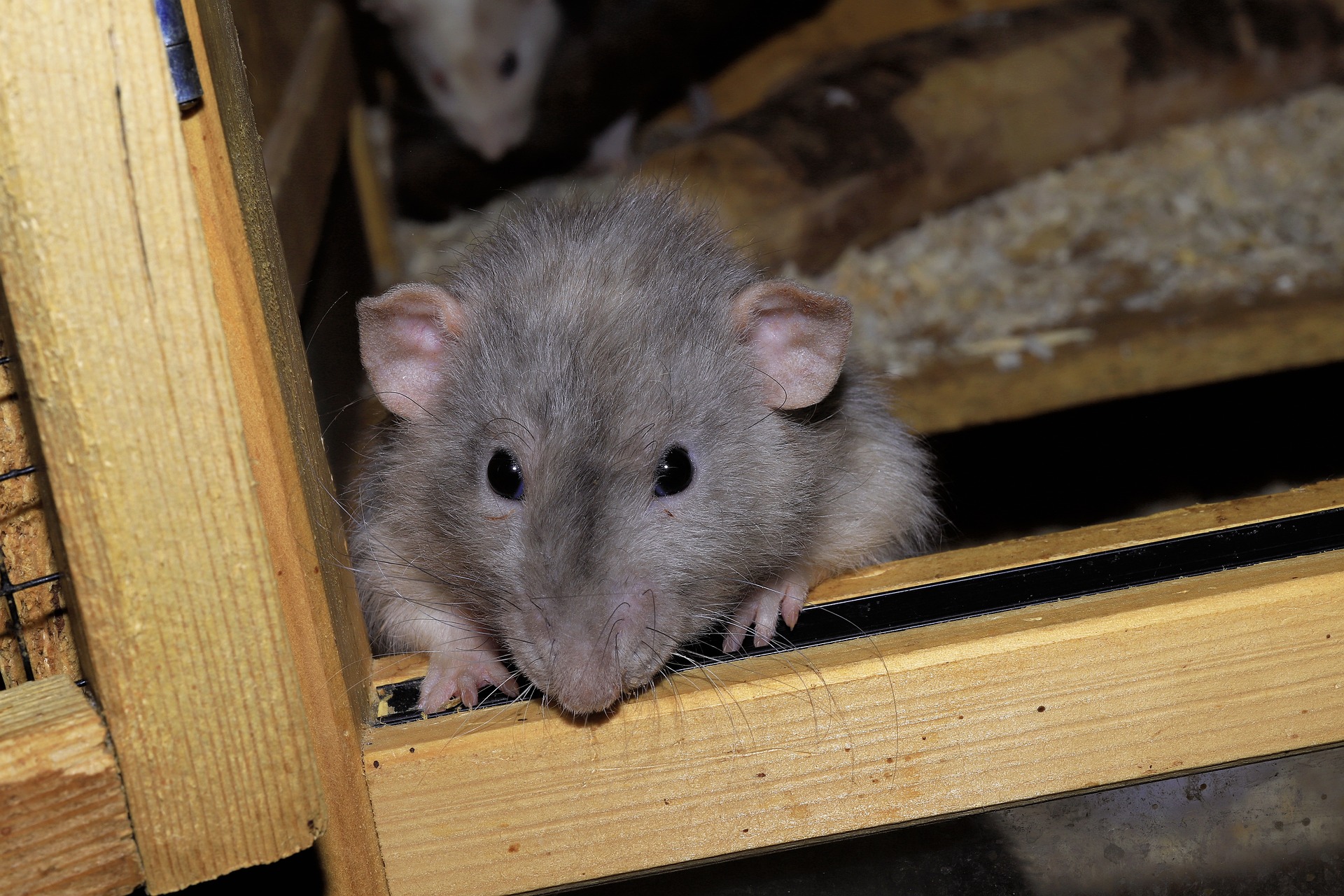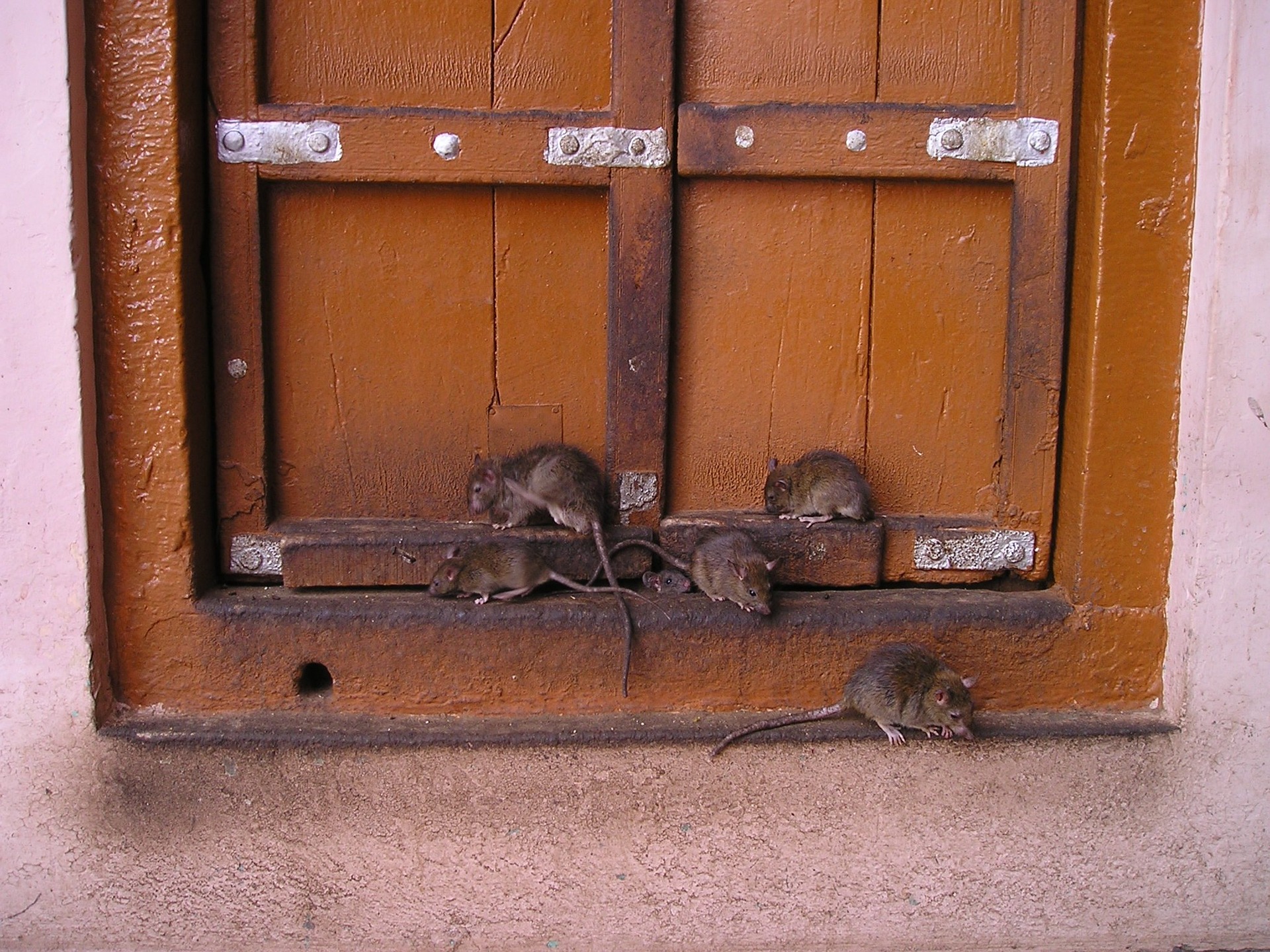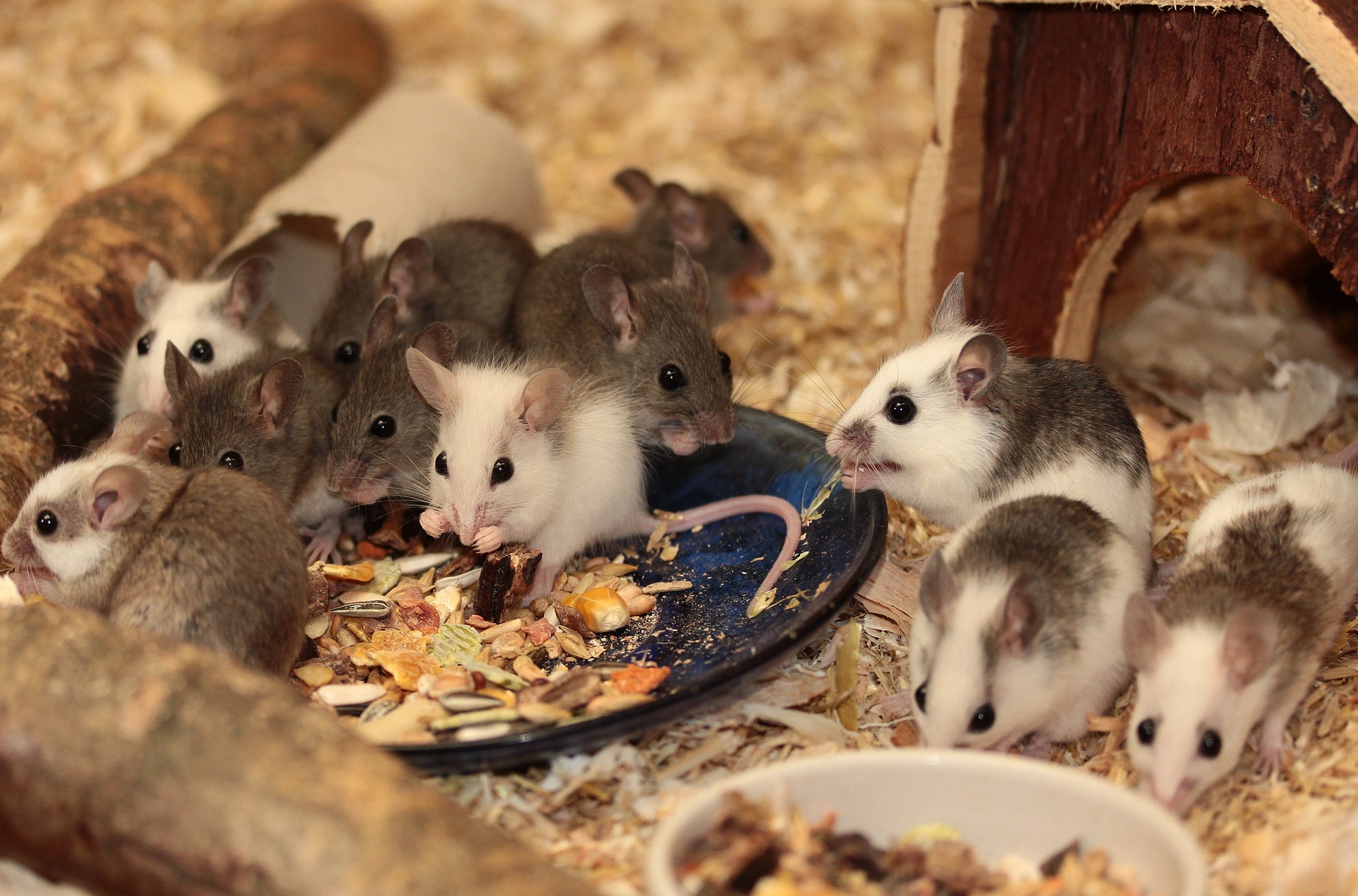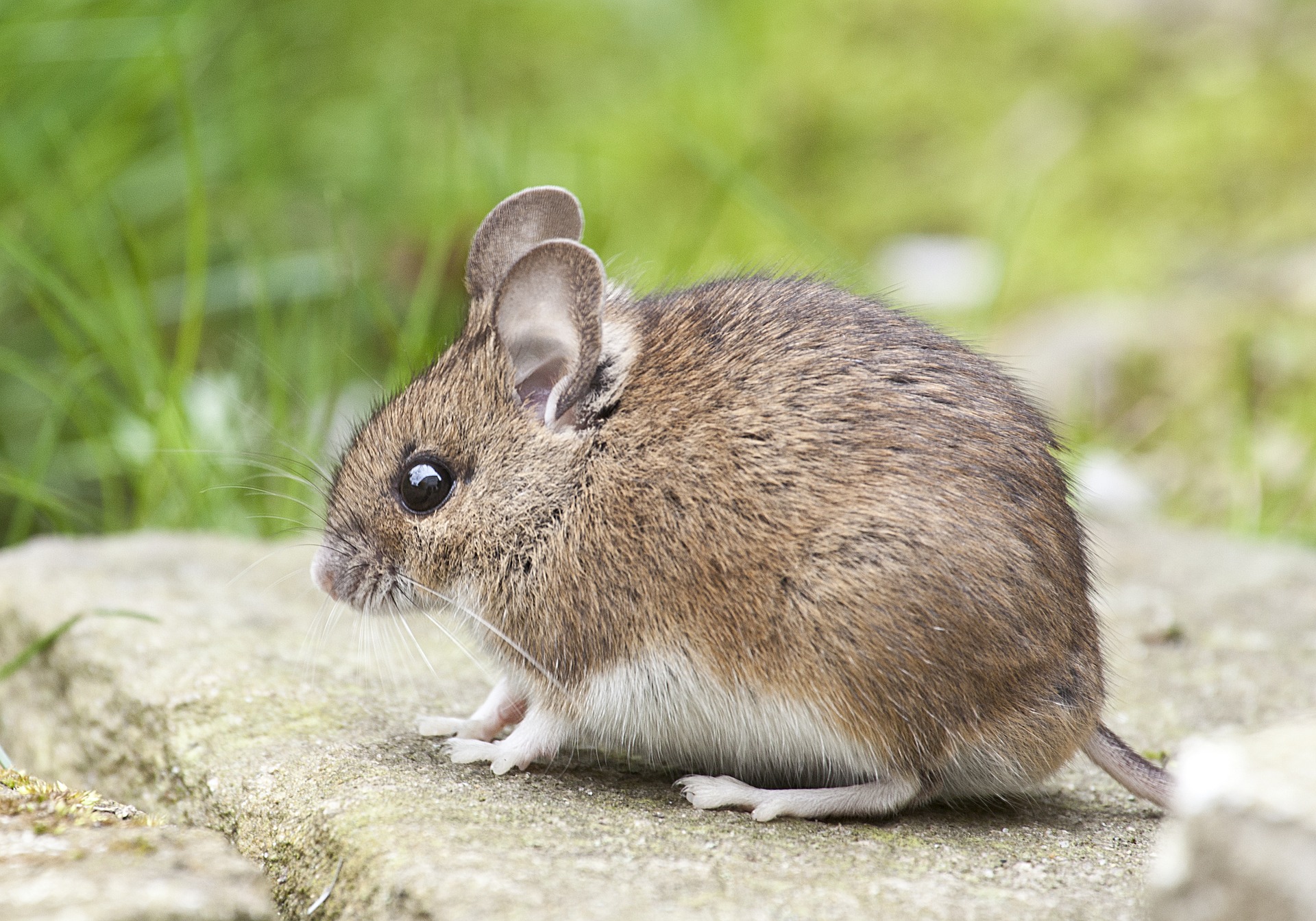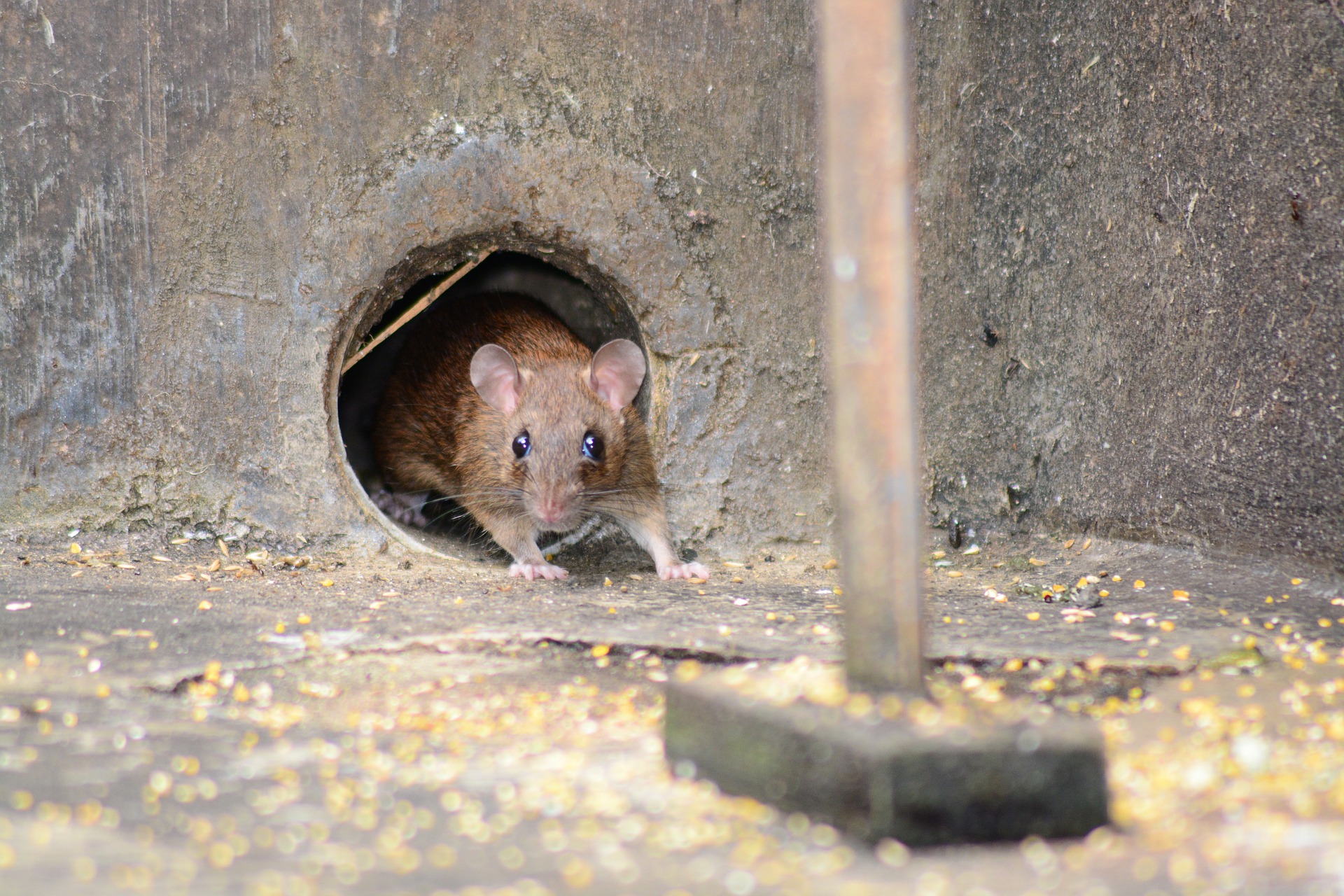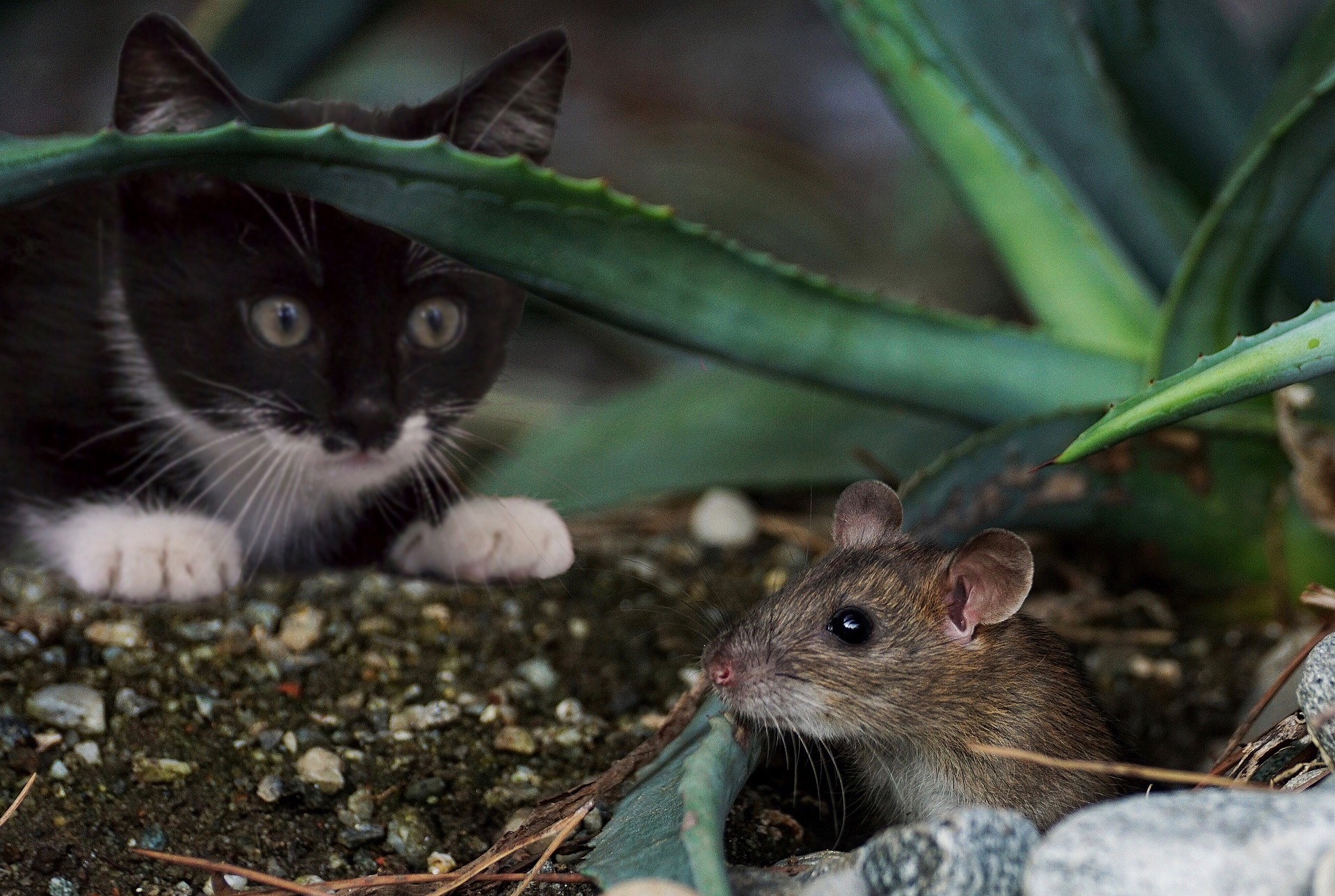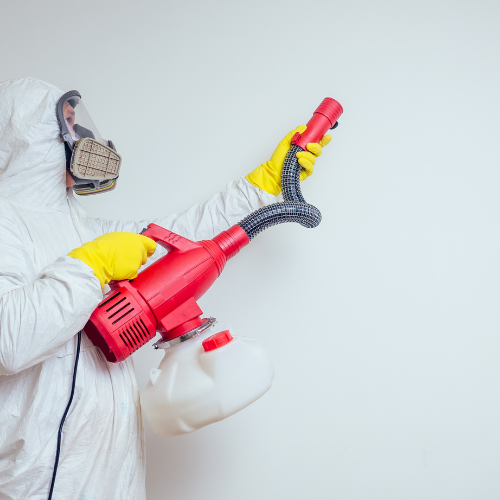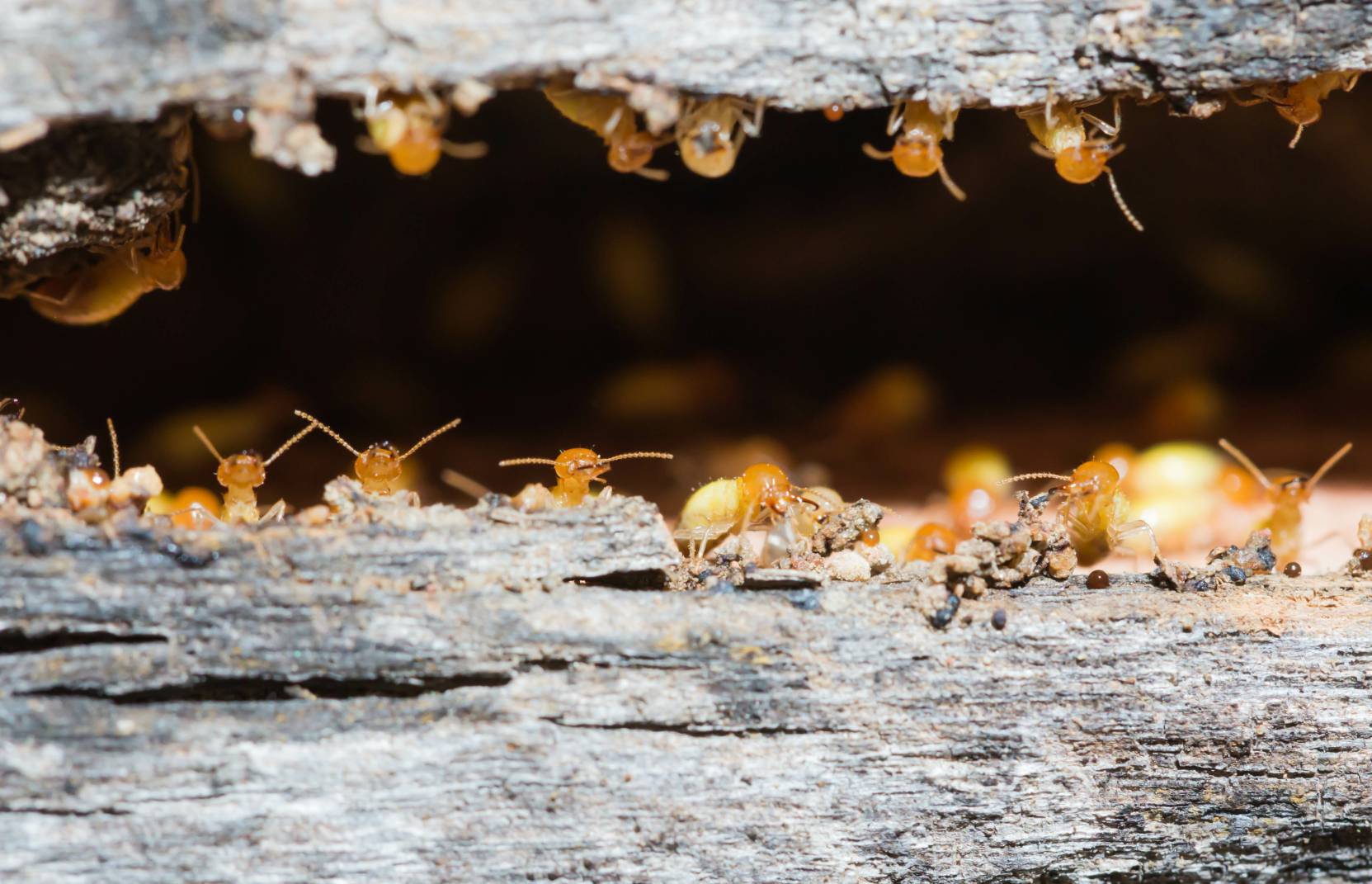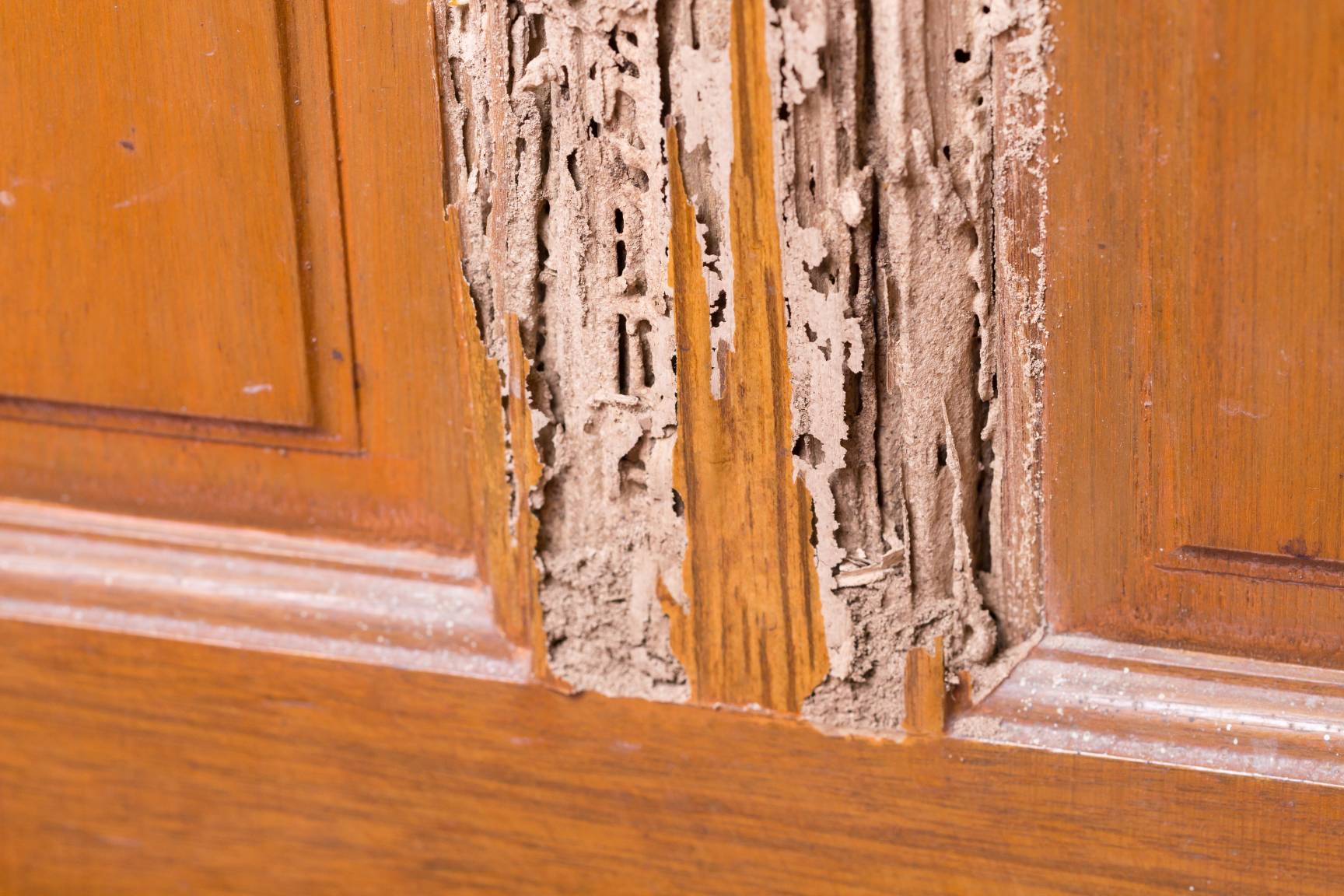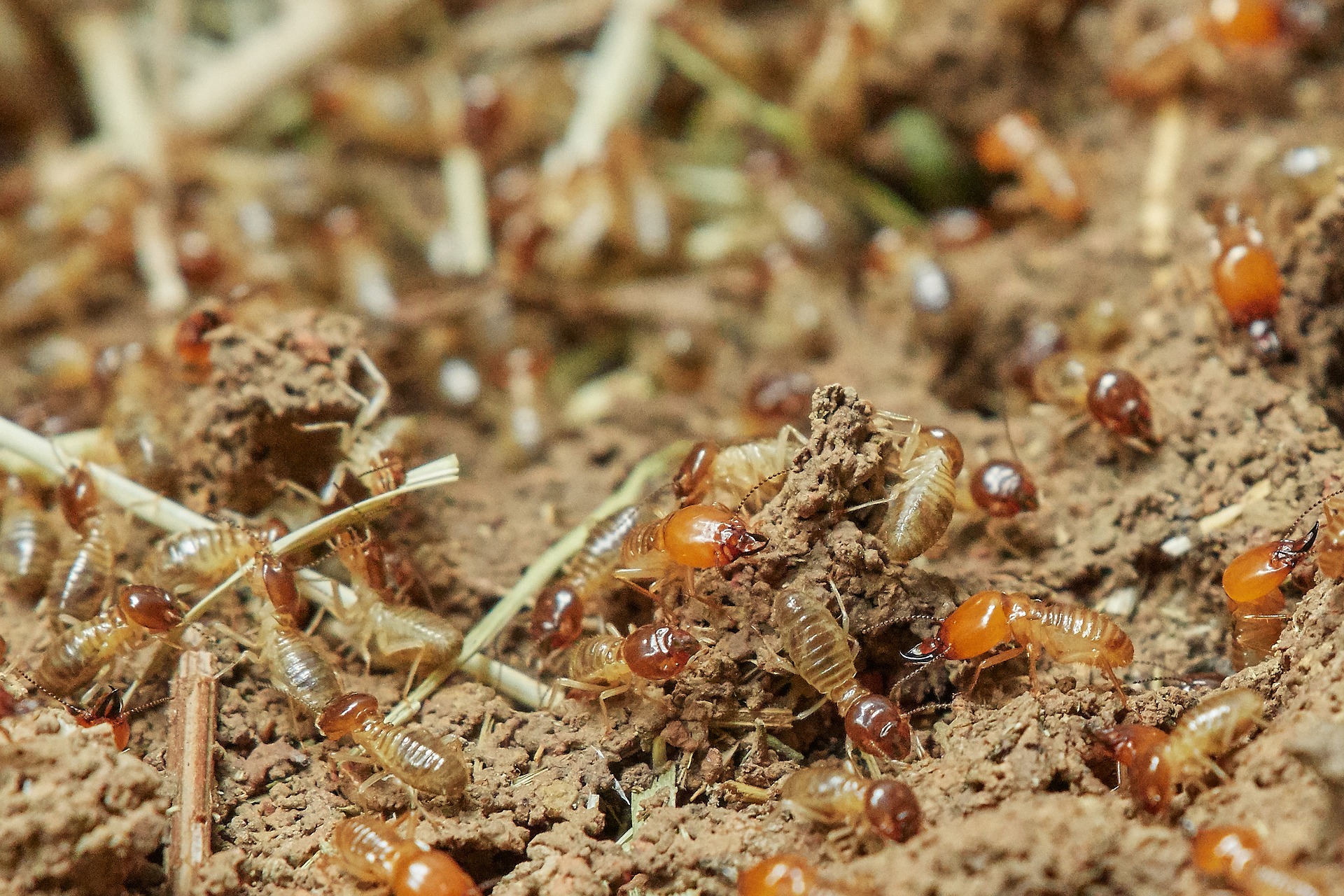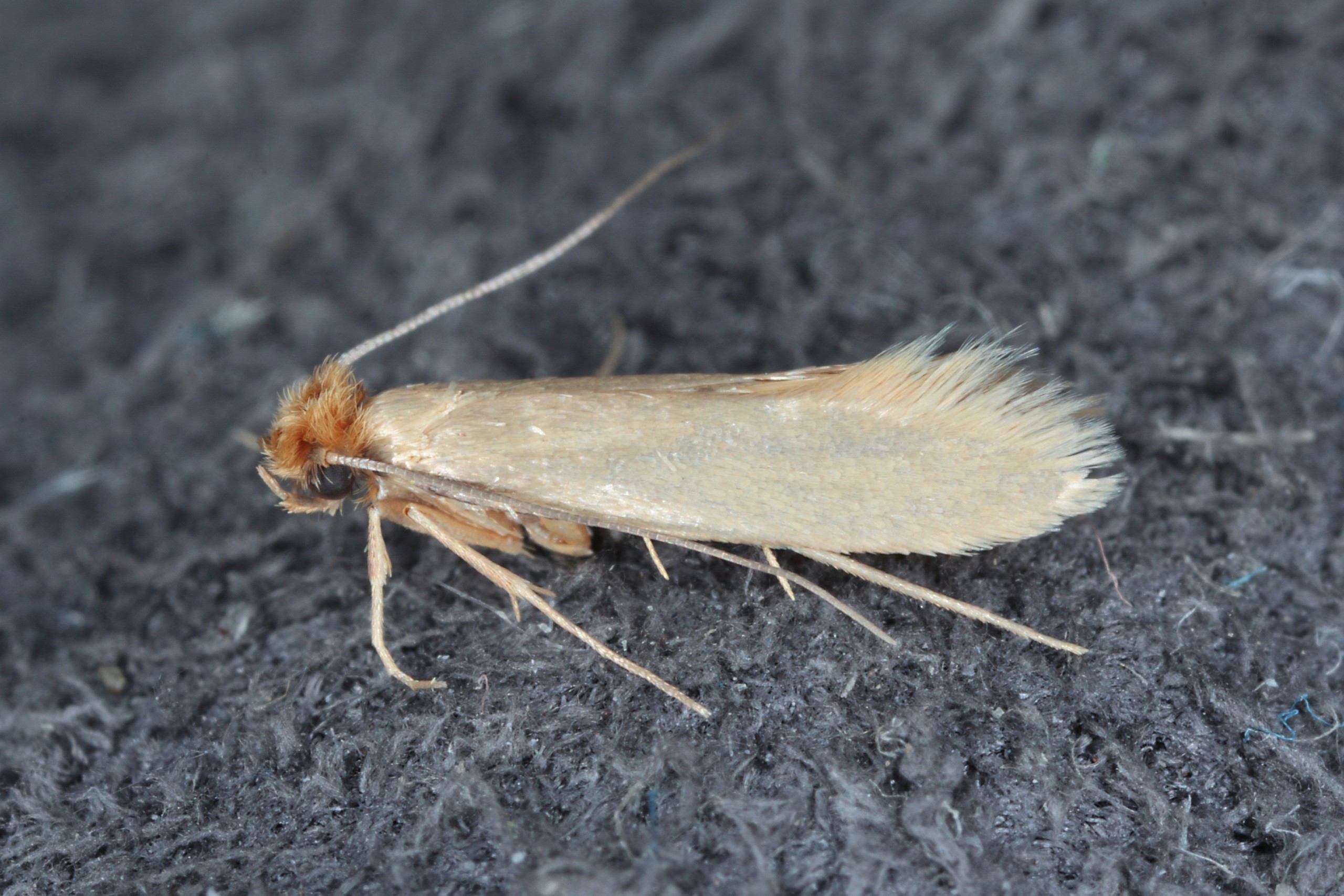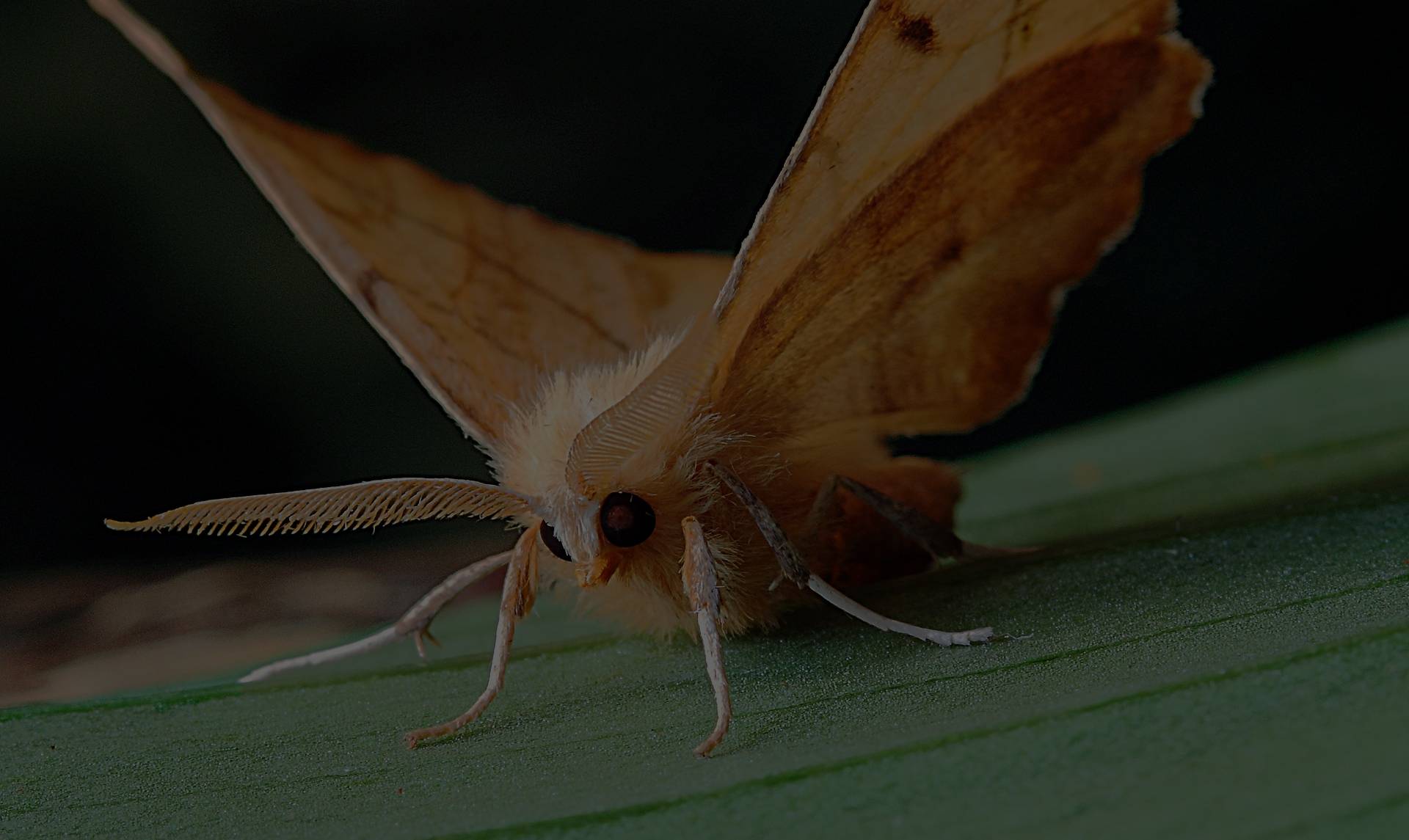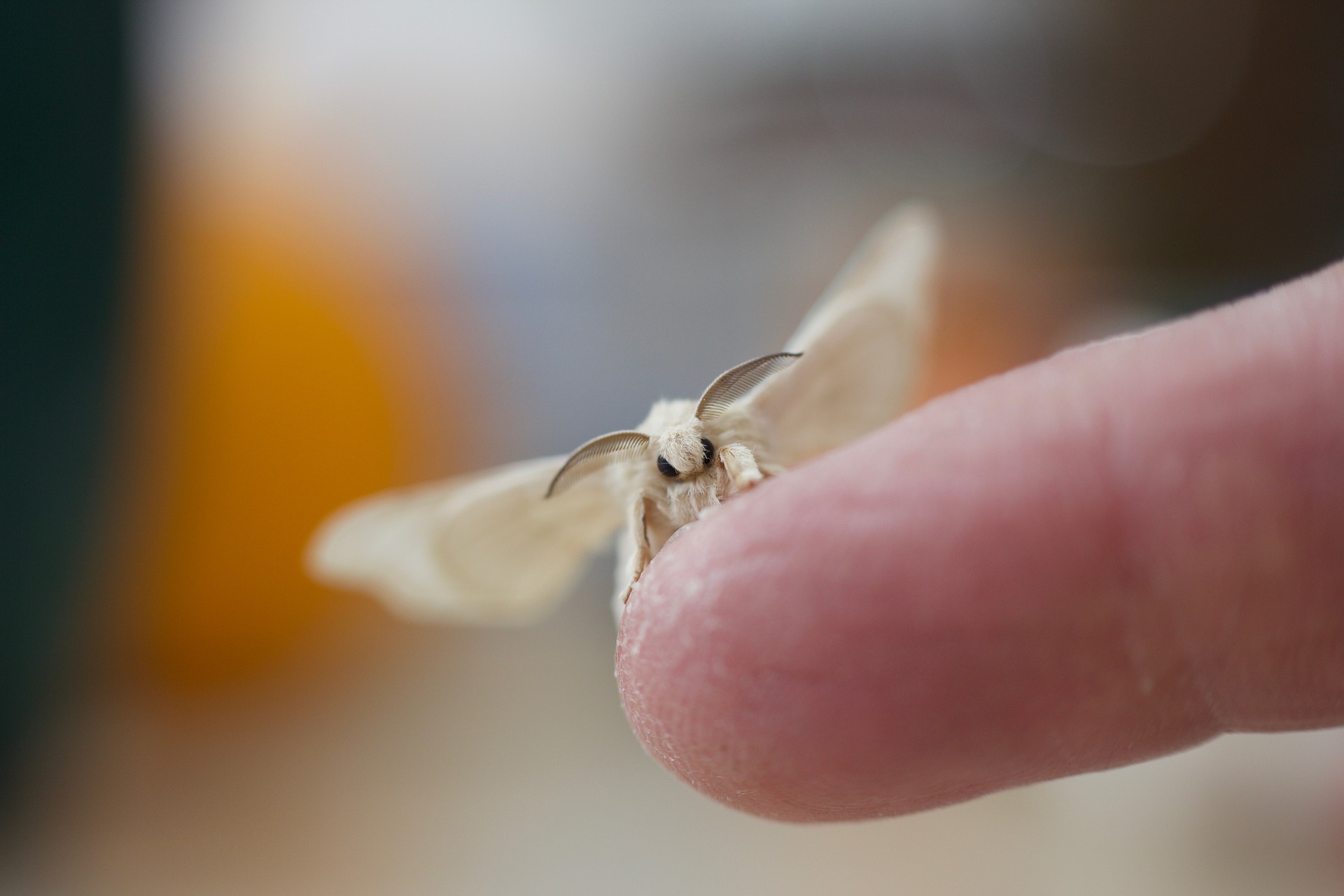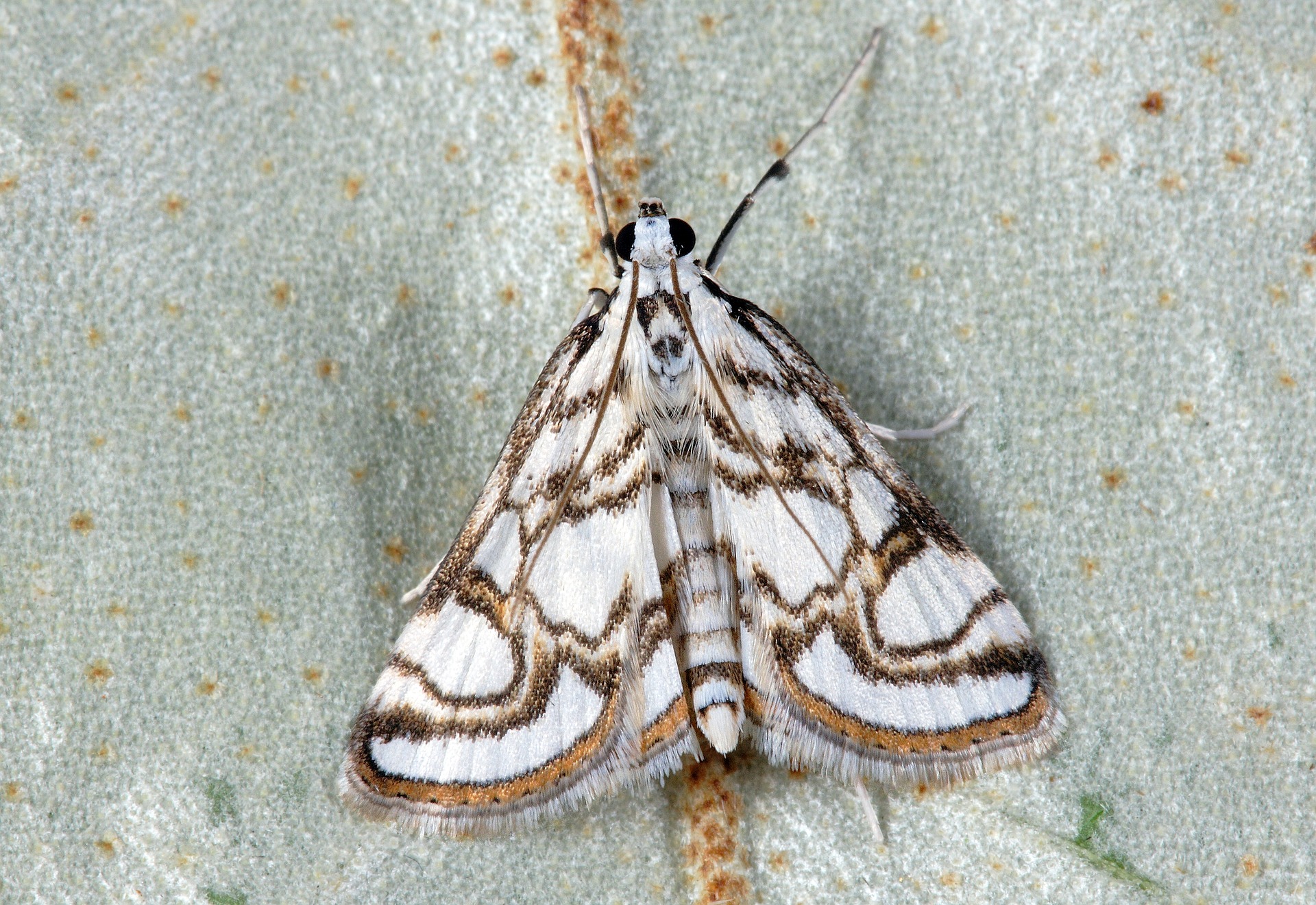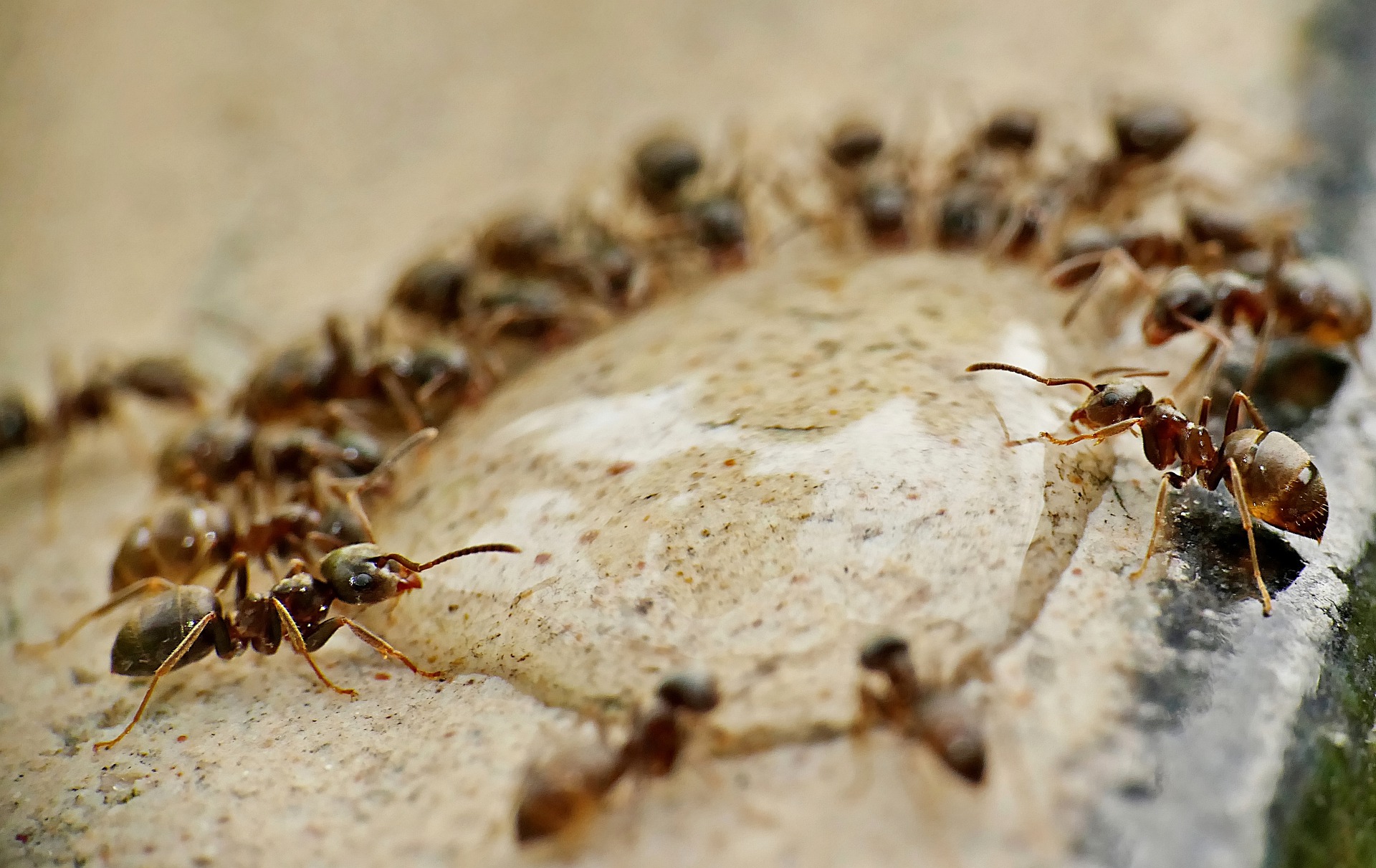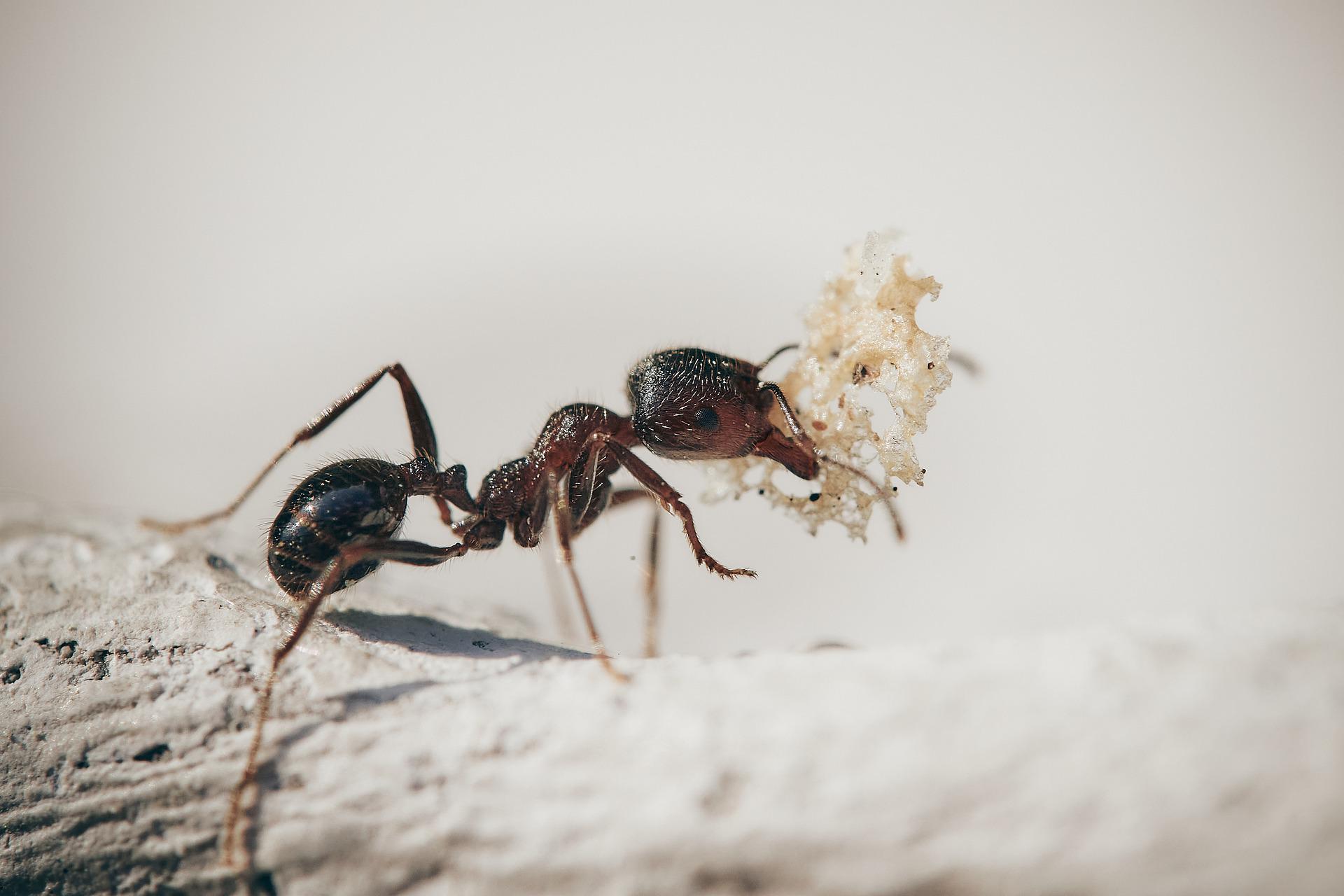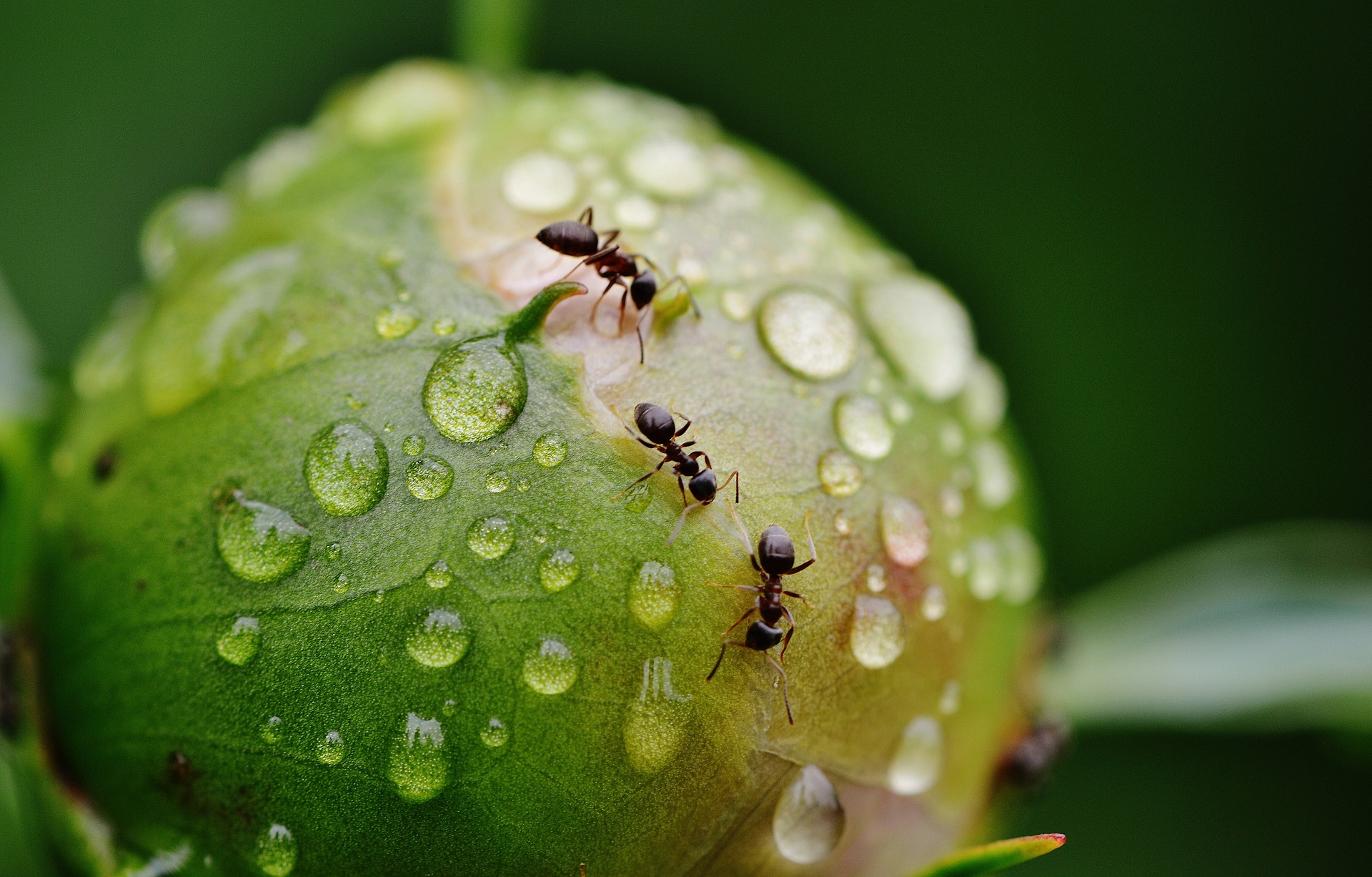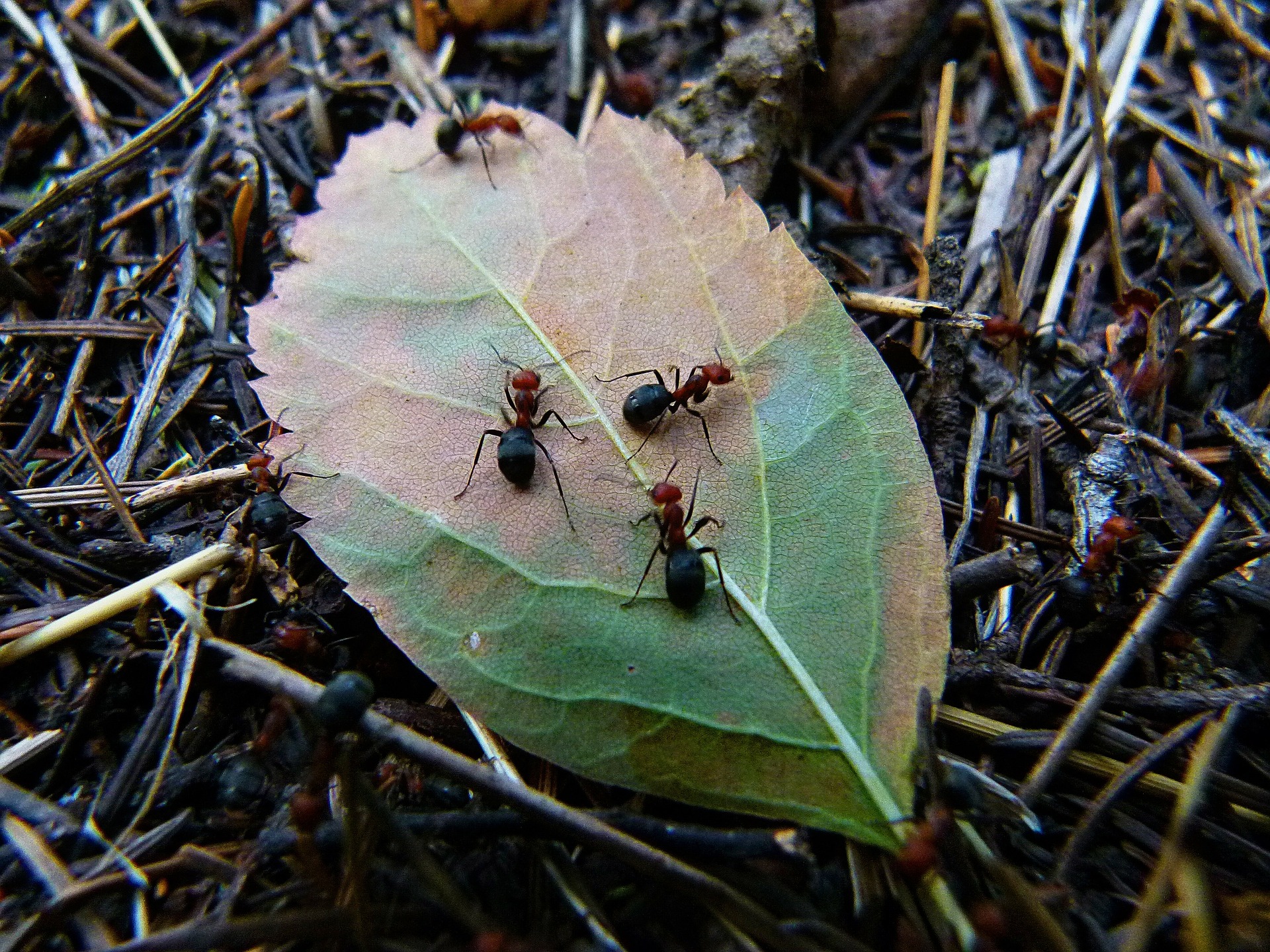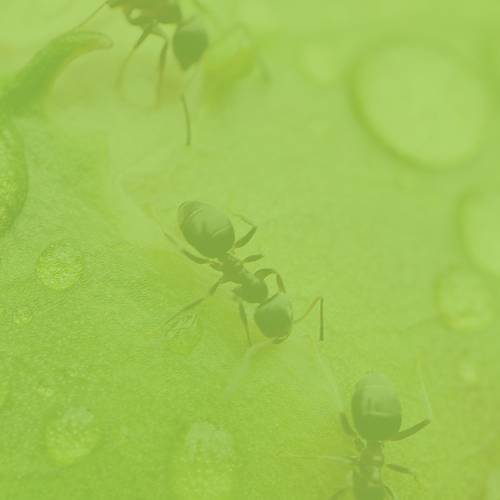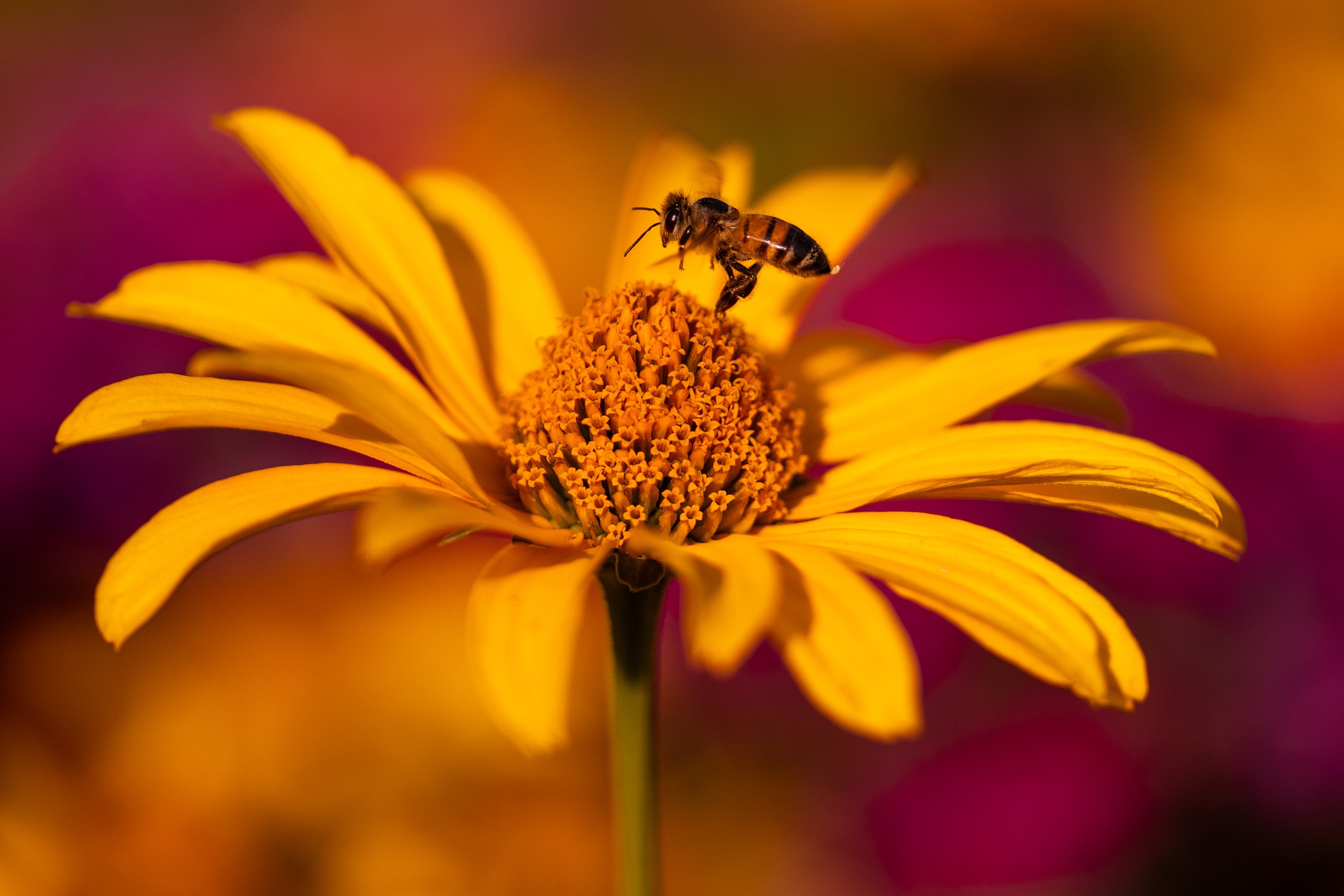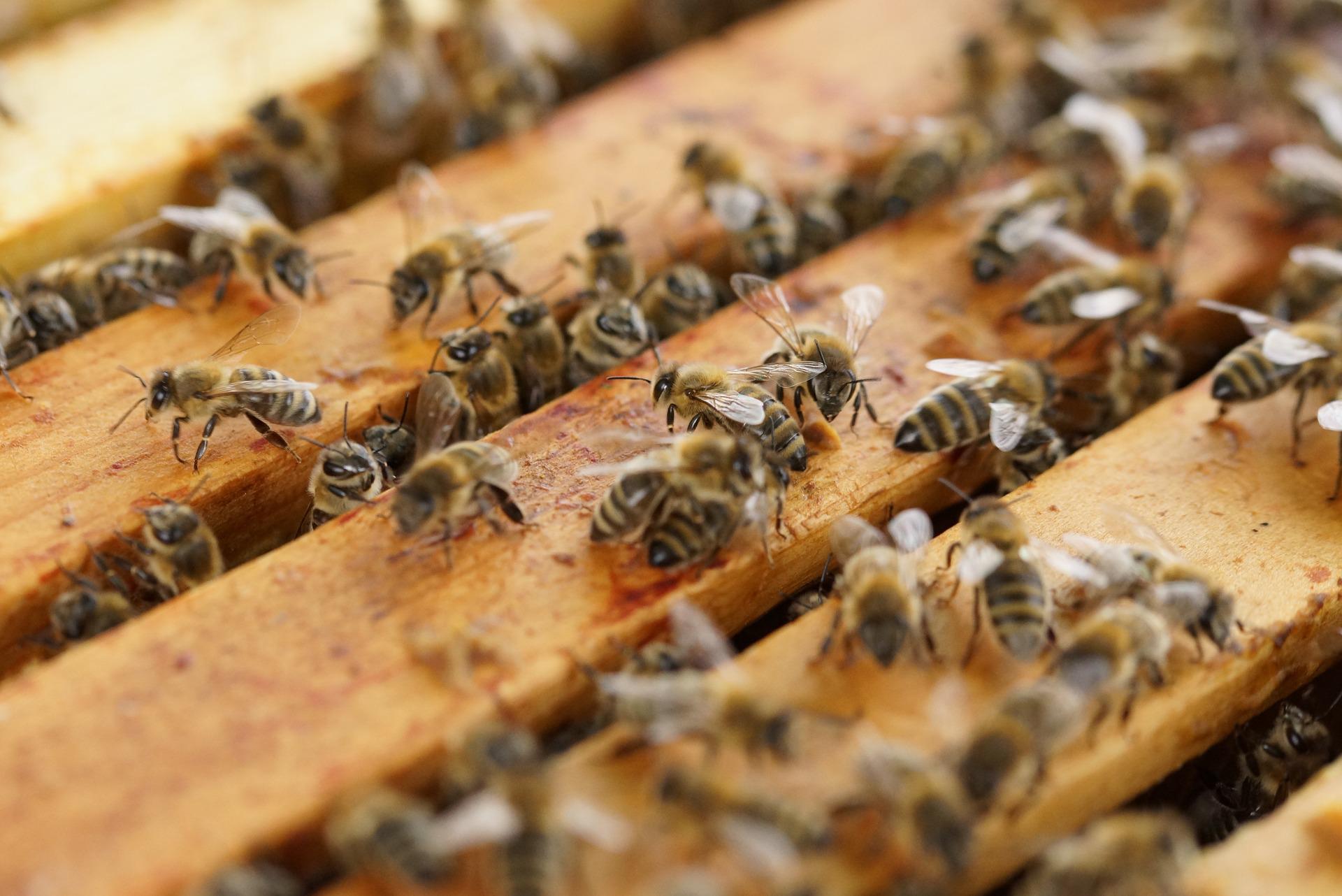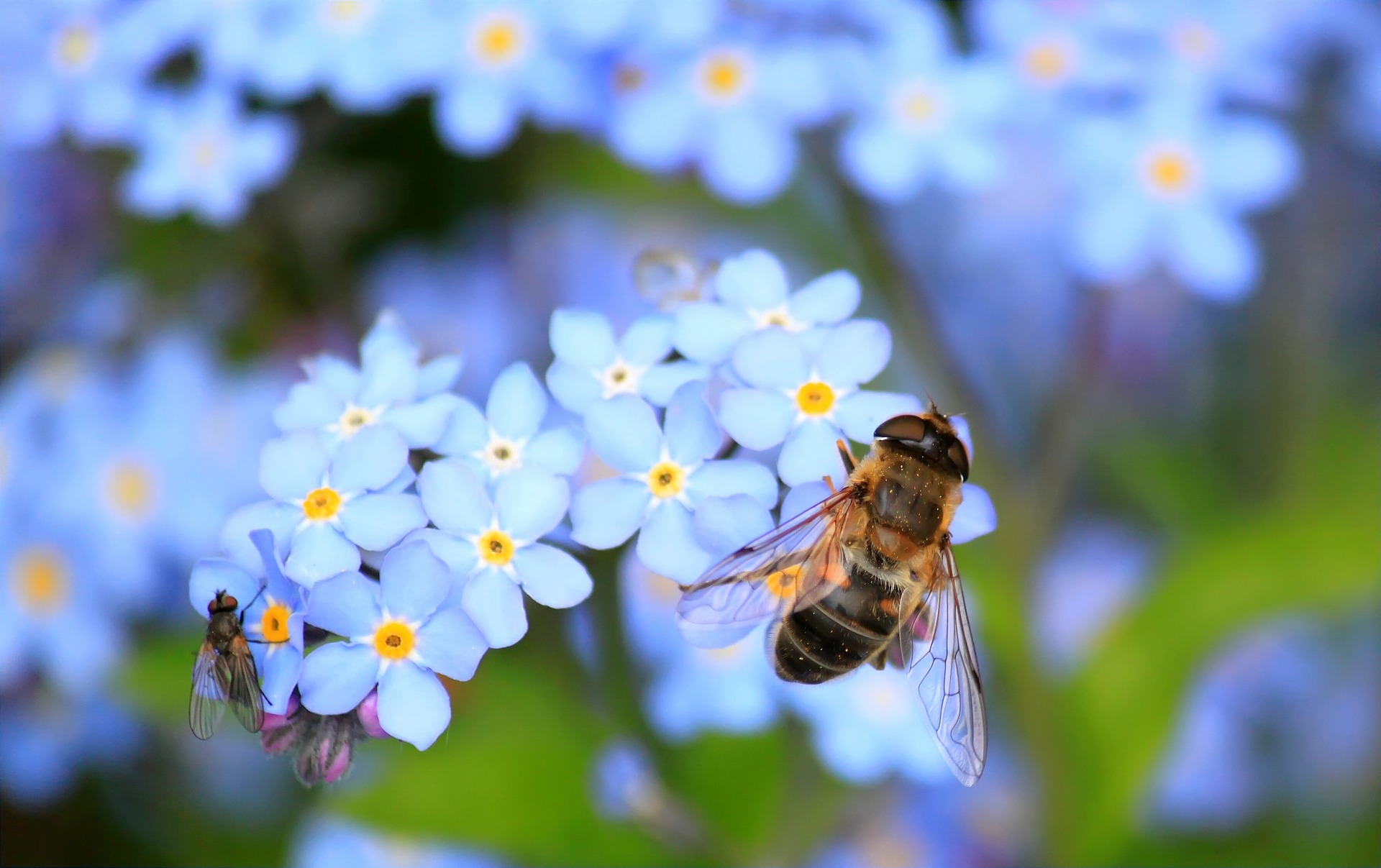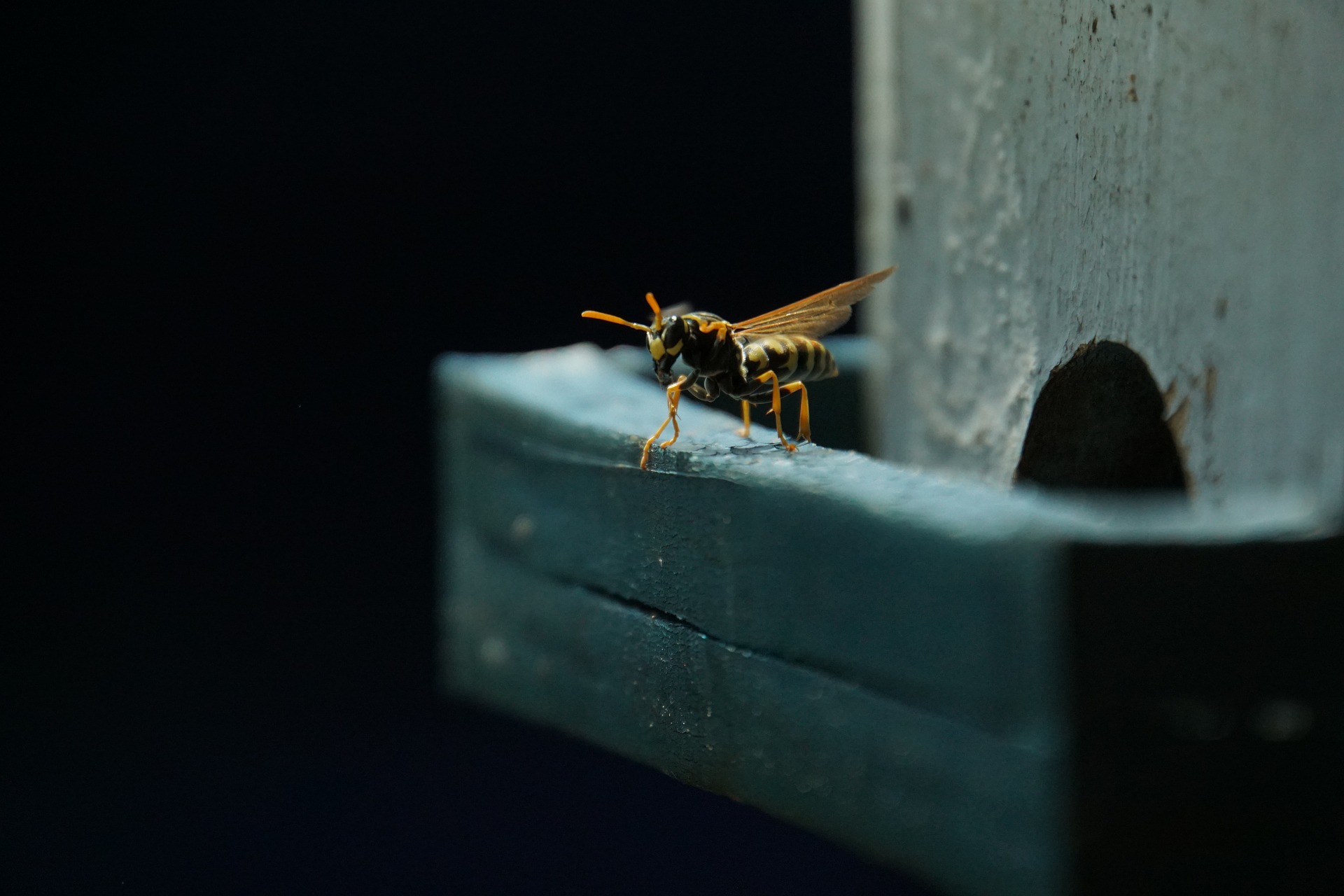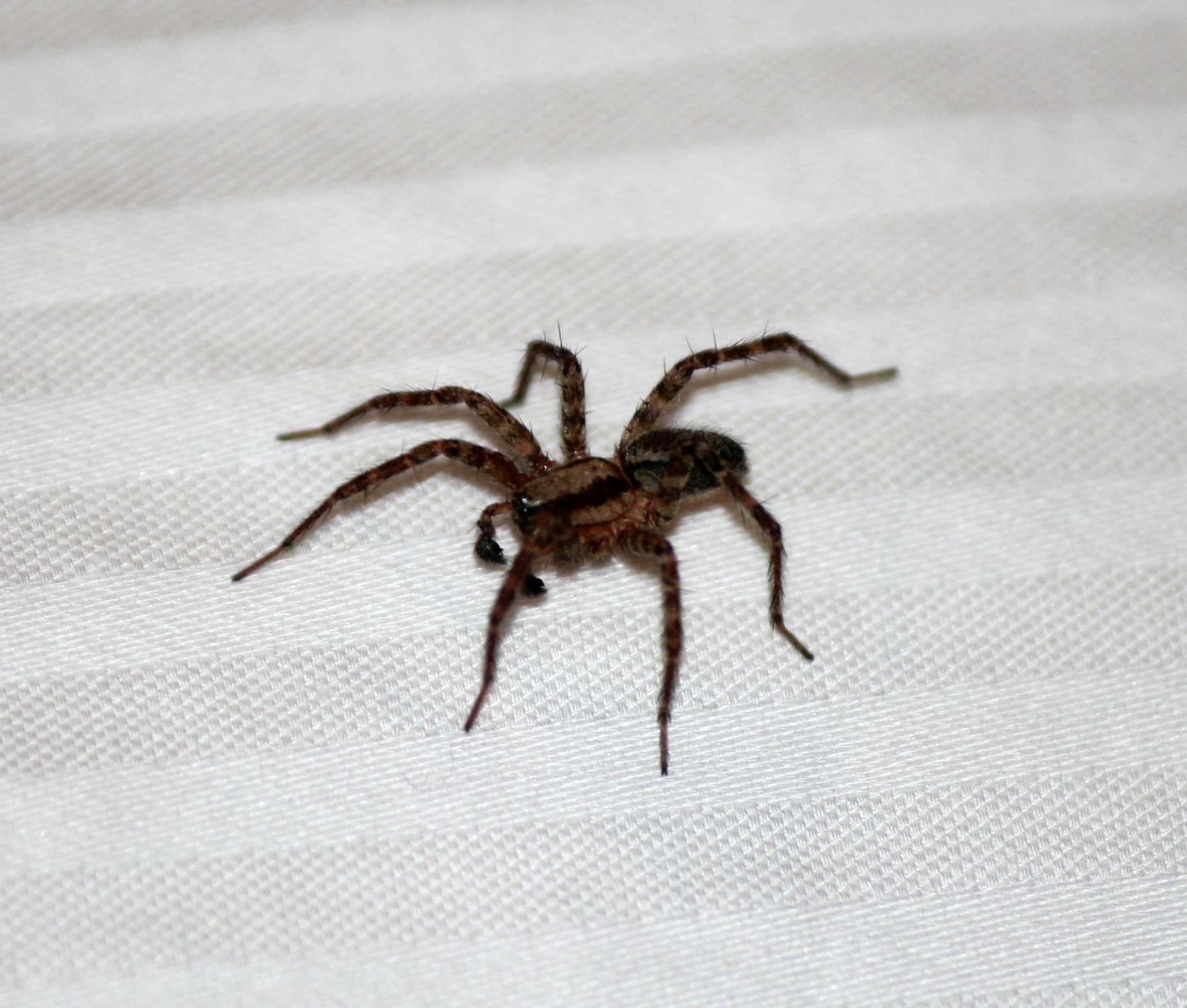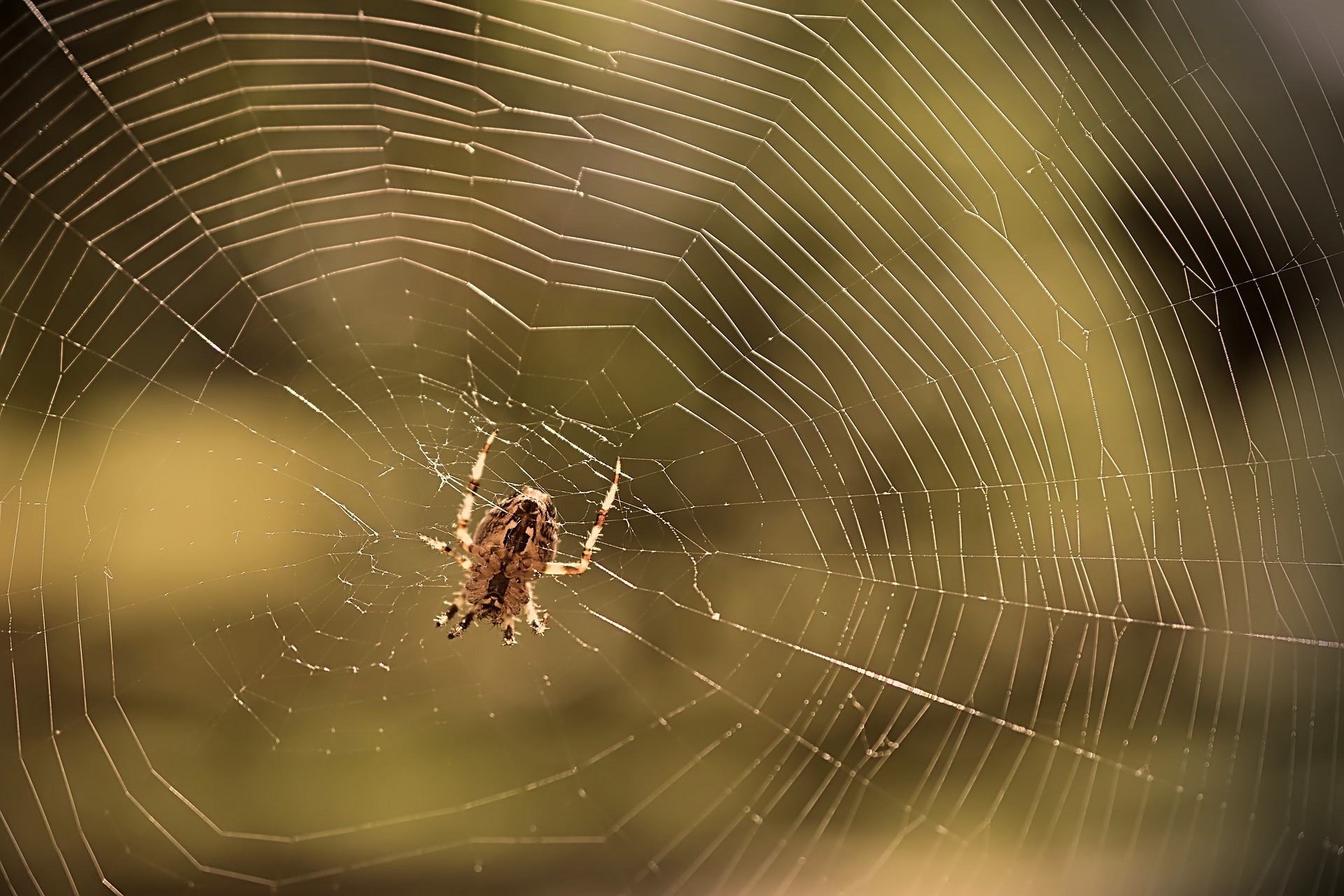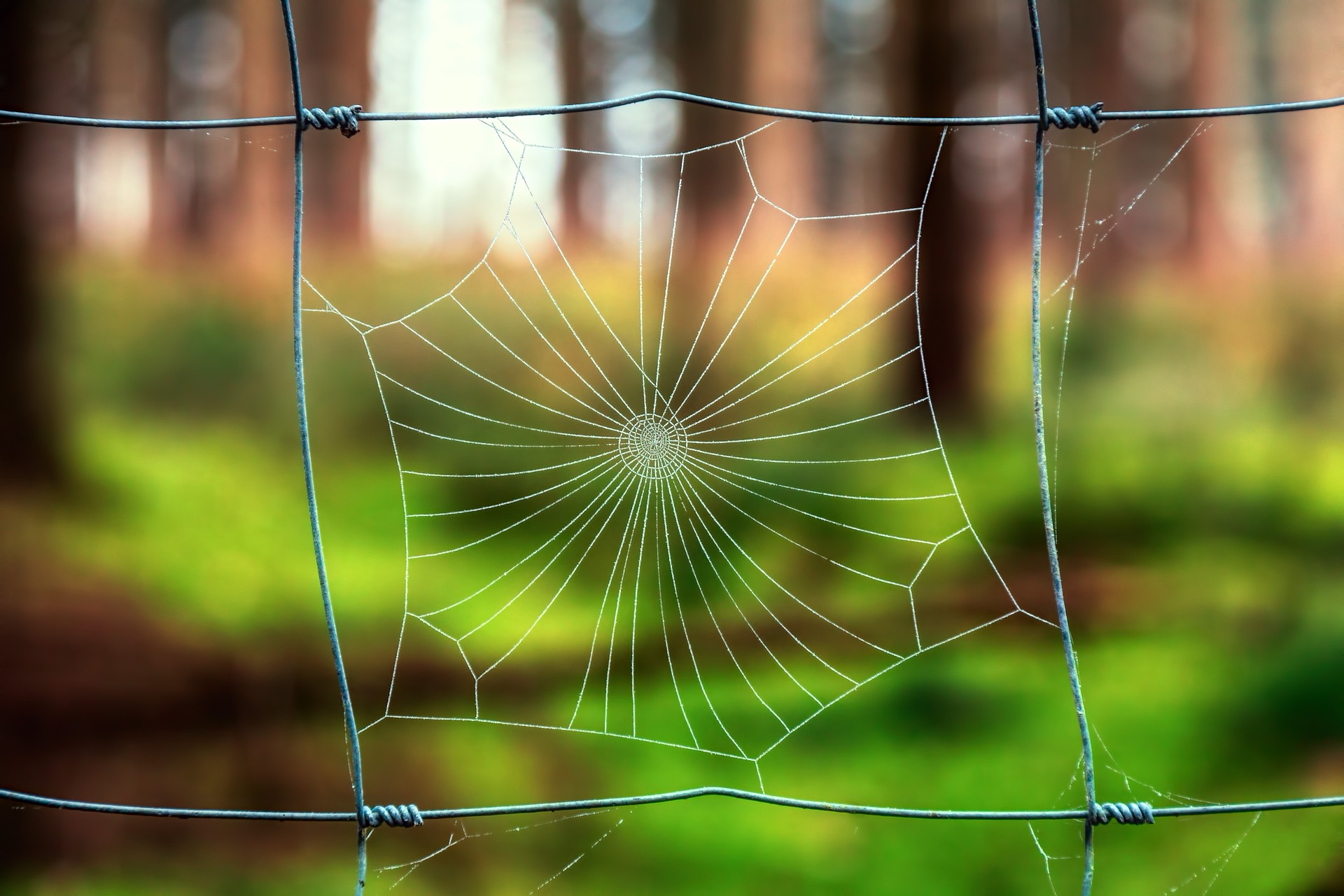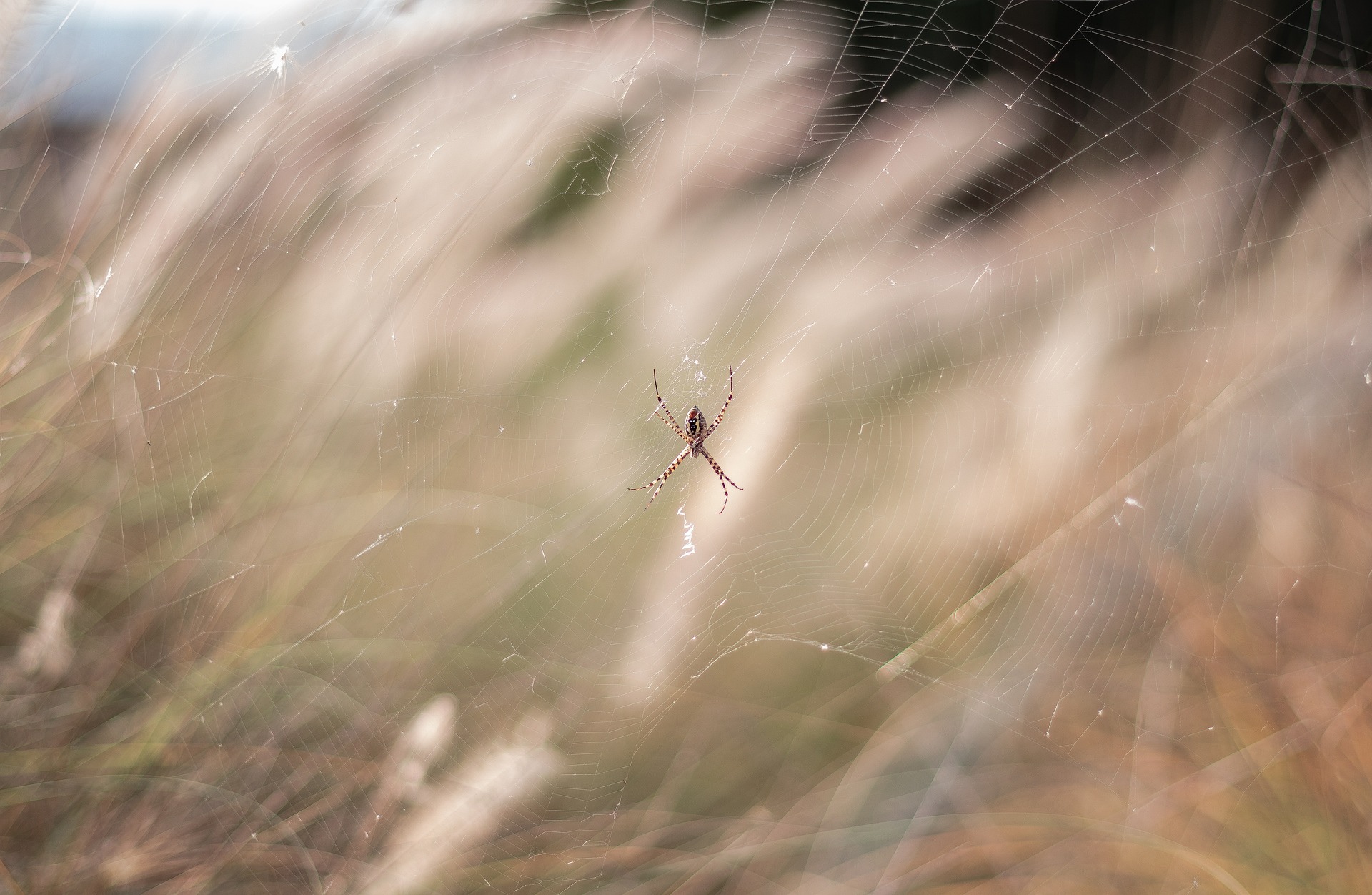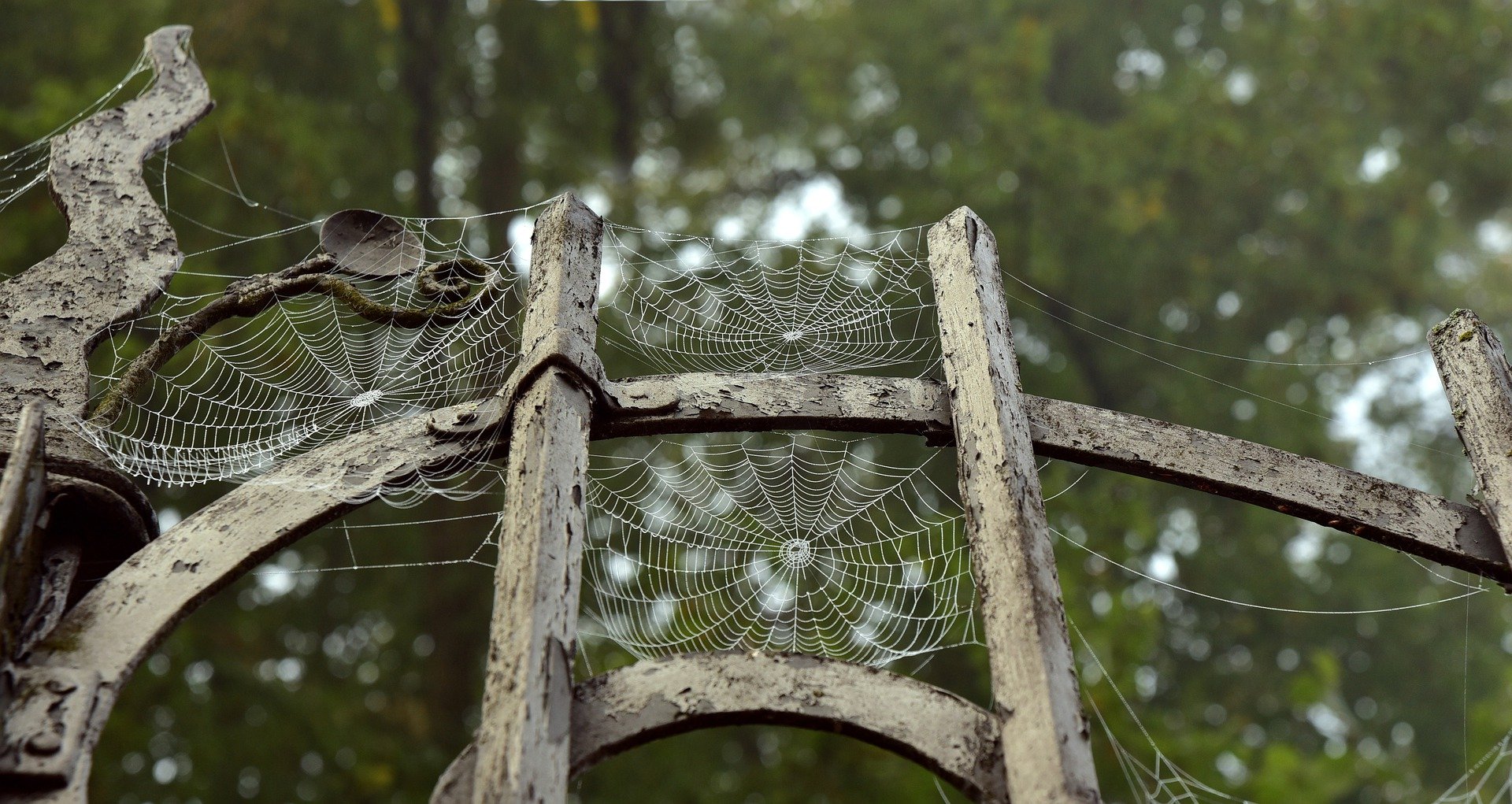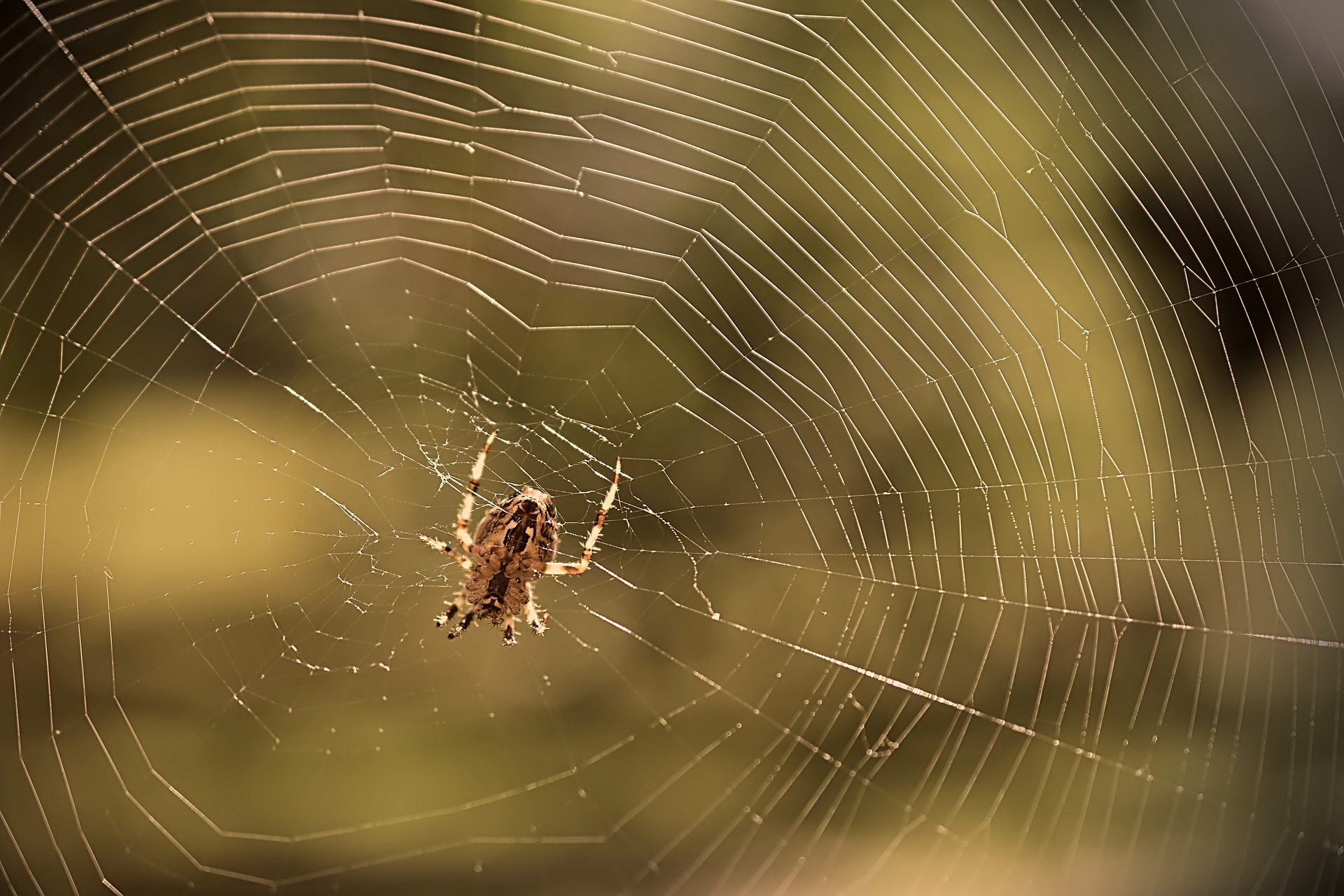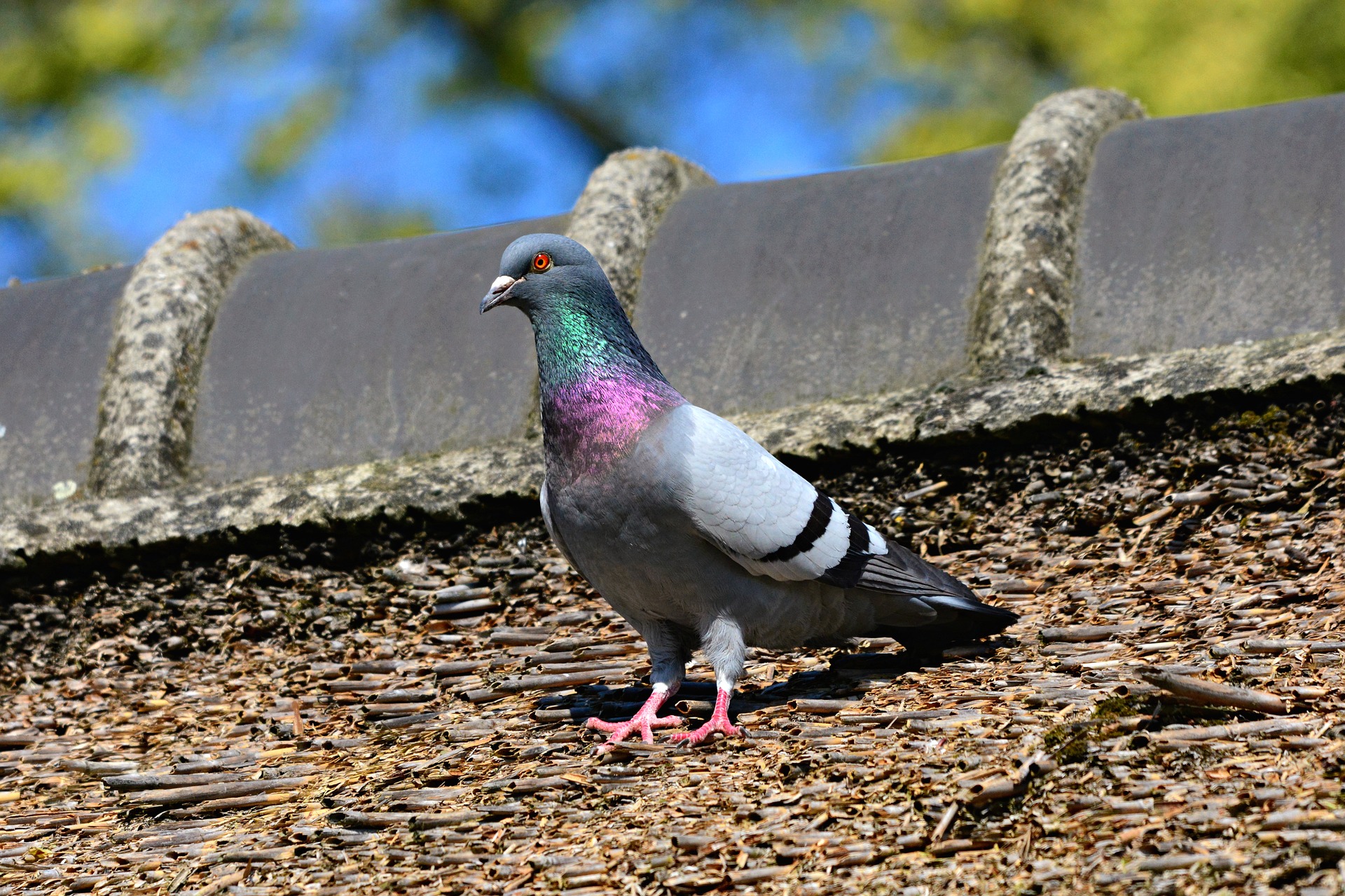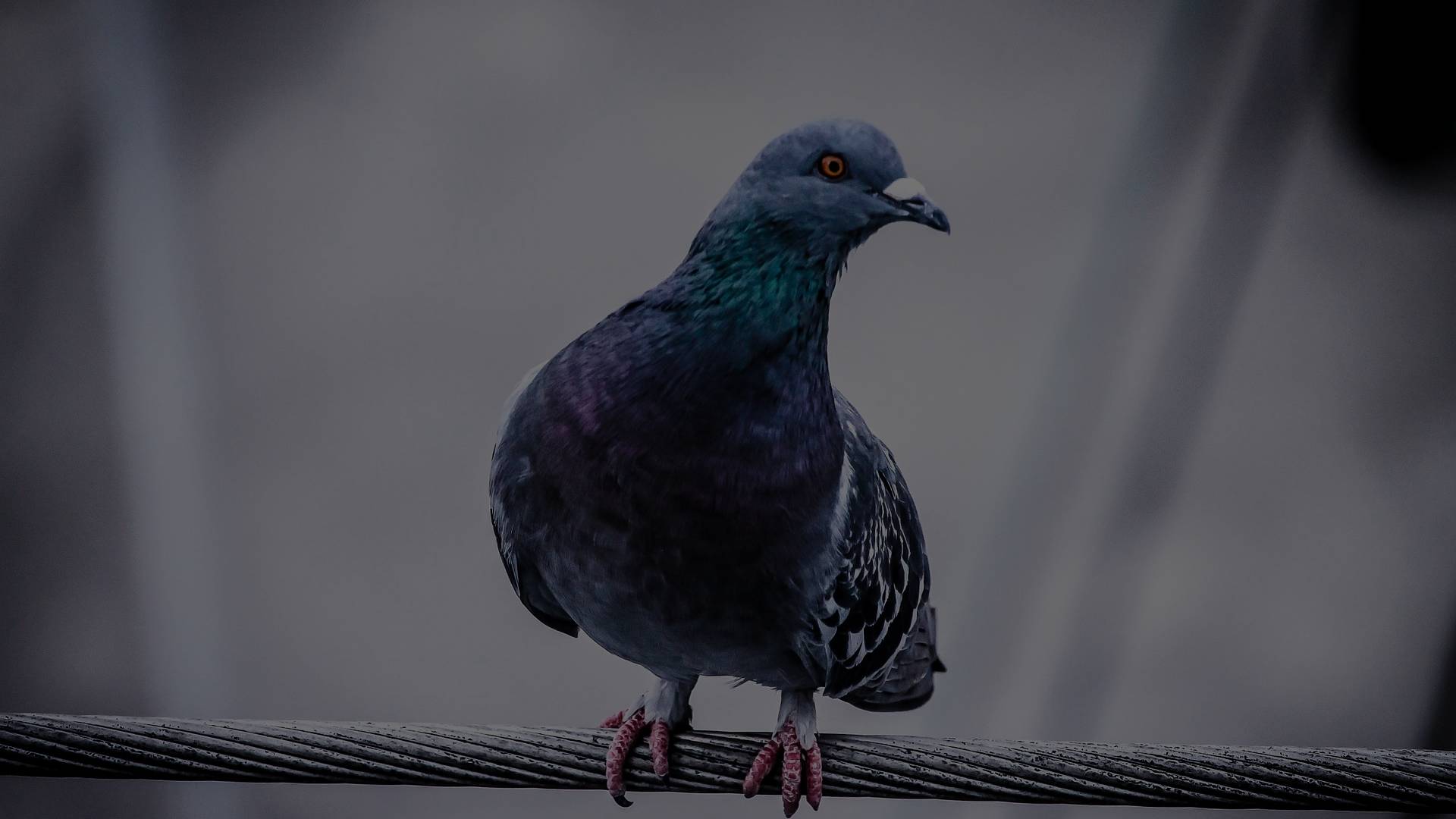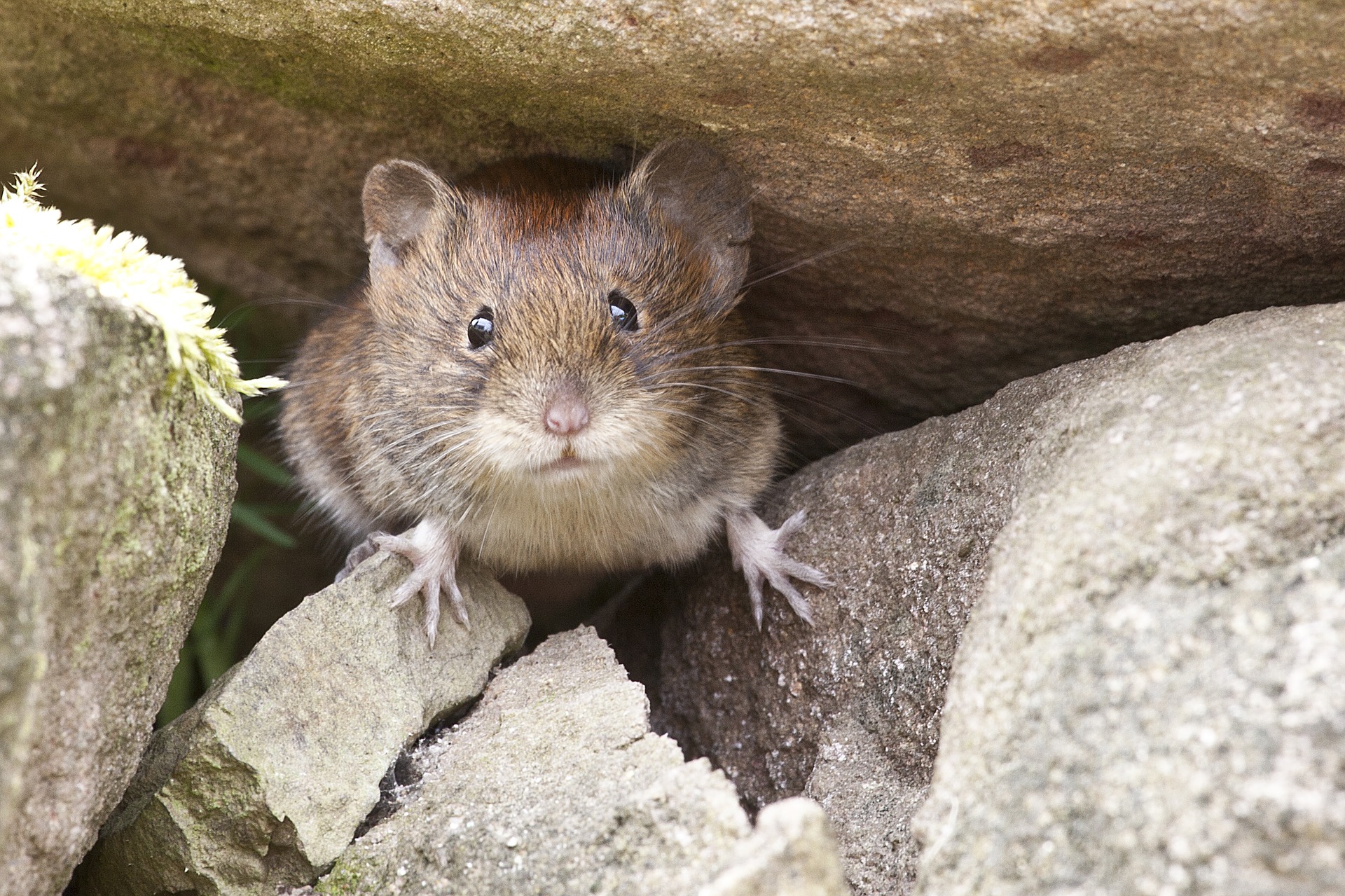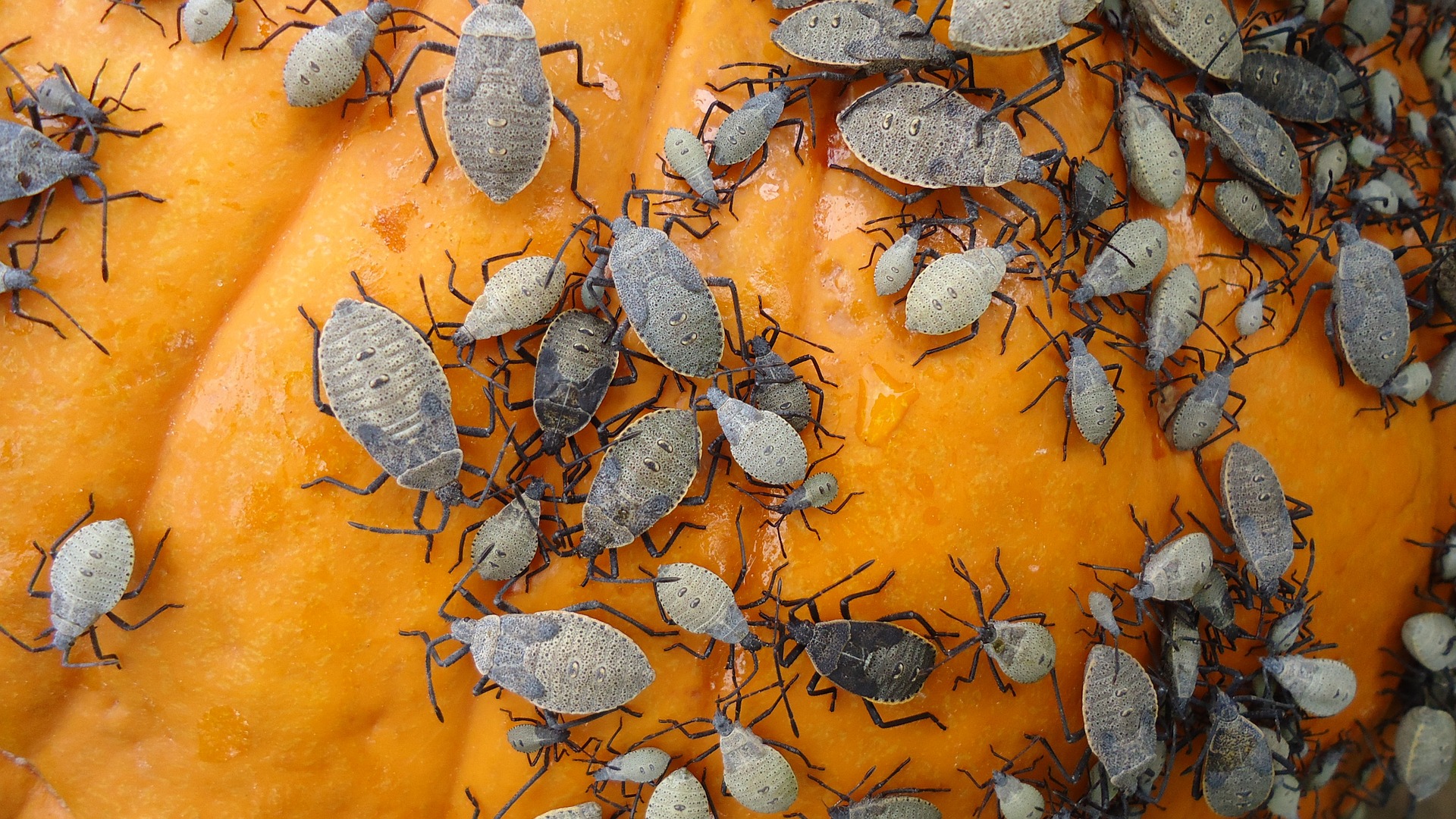The Importance of Bird Control in Preventing Pest Infestations
Bird control plays a crucial role in maintaining a pest-free environment. While birds are often seen as harmless creatures, they can actually attract and spread pests, leading to infestations that can be detrimental to both human health and property. By implementing effective bird control measures, we can prevent these infestations and create a safer and healthier environment.
One of the main reasons why bird control is essential in preventing pest infestations is because birds can attract pests through their droppings and nesting materials. Bird droppings are not only unsightly but can also carry a wide range of diseases and parasites. These droppings can attract pests such as flies, cockroaches, and rats, which feed on the organic matter found in bird droppings. Additionally, birds’ nests can provide a cozy shelter for pests like mites, fleas, and ticks, which can then infest nearby buildings or homes.
Furthermore, birds can also spread pests from one area to another. They can carry pests on their bodies or in their feathers, unknowingly transporting them to new locations. For example, birds can carry ticks infected with Lyme disease and spread them to residential areas, putting humans at risk. By controlling bird populations and preventing their movement, we can reduce the spread of pests and the associated health risks.
In order to maintain a pest-free environment, it is crucial to understand the role of birds in attracting and spreading pests. By doing so, we can develop effective bird control methods that target the root causes of pest infestations.
Understanding the Role of Birds in Attracting and Spreading Pests
Birds play a significant role in attracting and spreading pests due to their feeding habits and nesting behaviors. Many bird species feed on insects, fruits, and seeds, which can attract pests to the same areas. For example, birds that feed on fruits can leave behind discarded seeds, providing a food source for pests like rats and mice. Similarly, birds that feed on insects can inadvertently attract pests such as flies and beetles, which are drawn to the same food sources.
Additionally, birds’ nesting behaviors can contribute to pest infestations. Birds build nests using various materials, including twigs, leaves, and feathers. These nests can provide a warm and protected environment for pests like mites, fleas, and ticks. As birds move from one location to another, they can unknowingly transport these pests, leading to infestations in new areas.
Understanding the role of birds in attracting and spreading pests is crucial for developing effective bird control methods. By targeting the factors that attract pests to bird habitats and disrupting their nesting behaviors, we can prevent pest infestations and create a healthier environment.
Effective Bird Control Methods for Maintaining a Pest-Free Environment
Implementing effective bird control methods is essential for maintaining a pest-free environment. There are several strategies that can be employed to deter birds and prevent them from attracting and spreading pests.
One of the most common bird control methods is the use of bird deterrents. These can include visual deterrents such as scarecrows, reflective surfaces, and predator decoys, which create a hostile environment for birds. Auditory deterrents, such as ultrasonic devices or bird distress calls, can also be effective in deterring birds from an area. Additionally, physical barriers like bird netting or spikes can be installed to prevent birds from roosting or nesting in specific areas.
Another effective bird control method is habitat modification. By removing or reducing food sources and nesting materials, we can discourage birds from inhabiting an area. For example, removing fruit-bearing trees or regularly cleaning up fallen fruits can reduce the attractiveness of an area to birds. Similarly, removing or trimming trees and shrubs near buildings can eliminate potential nesting sites.
Lastly, implementing bird control measures should be done in a humane and environmentally friendly manner. It is important to consider the welfare of birds while deterring them from certain areas. Non-lethal methods should always be prioritized, and any lethal measures should be used as a last resort and in compliance with local regulations.
The Long-Term Benefits of Implementing Bird Control Measures
Implementing bird control measures not only helps in maintaining a pest-free environment but also provides long-term benefits for both humans and wildlife.
By preventing pest infestations, bird control measures can reduce the risk of diseases and health issues associated with pests. For example, by deterring birds from areas where they may attract flies or rats, we can minimize the spread of diseases such as salmonella and leptospirosis. This can lead to improved public health and a safer living environment.
Furthermore, bird control measures can also protect buildings and infrastructure from damage. Bird droppings can corrode building materials and cause structural damage over time. By preventing birds from roosting or nesting in these areas, we can extend the lifespan of buildings and reduce maintenance costs.
Lastly, implementing bird control measures can help preserve biodiversity and protect native bird species. Invasive bird species, such as pigeons and starlings, can out compete native birds for resources and disrupt ecosystems. By controlling their populations and limiting their impact, we can promote a healthier balance in the natural environment.
In conclusion, bird control is essential for maintaining a pest-free environment. By understanding the role of birds in attracting and spreading pests, implementing effective bird control methods, and considering the long-term benefits, we can create a safer and healthier environment for both humans and wildlife.

